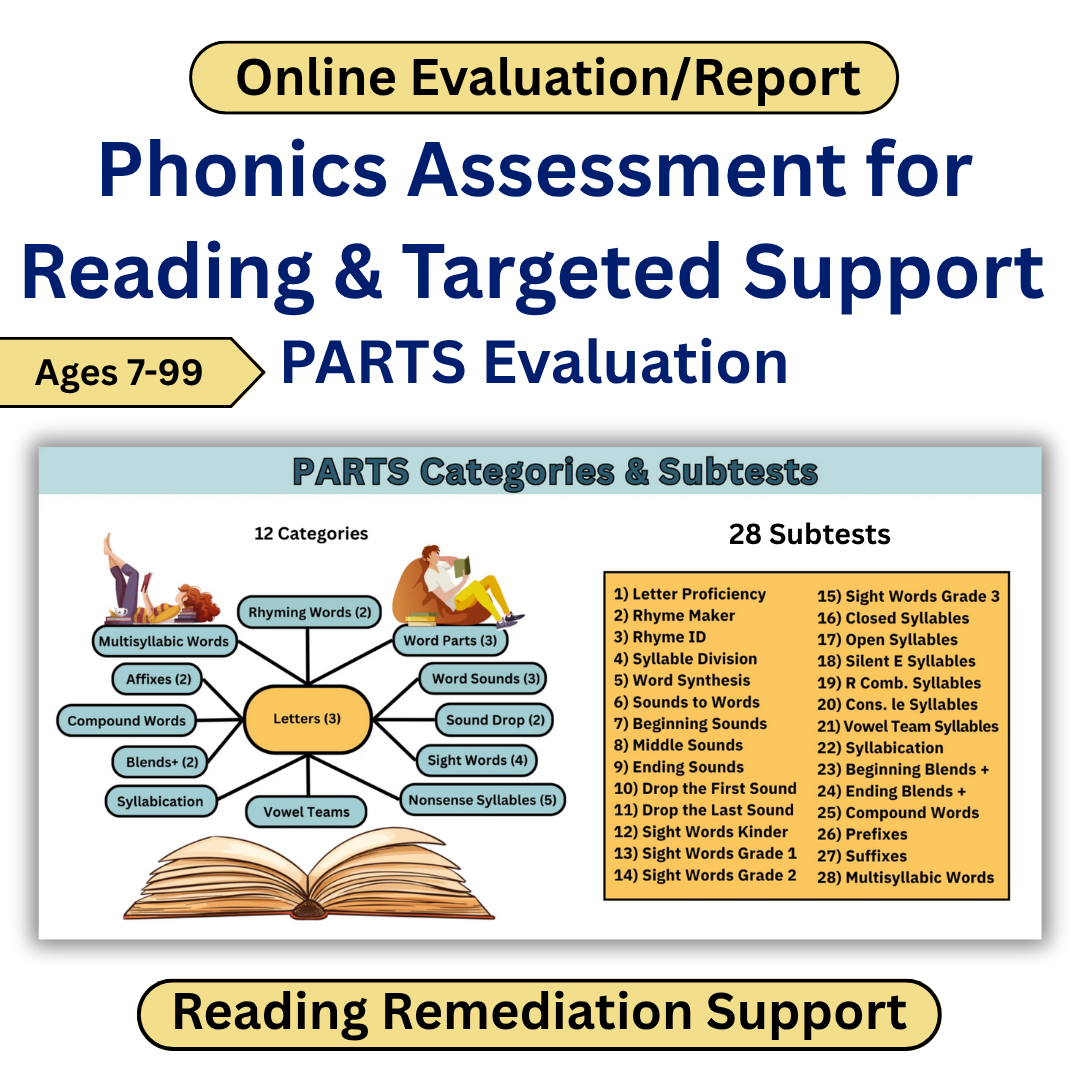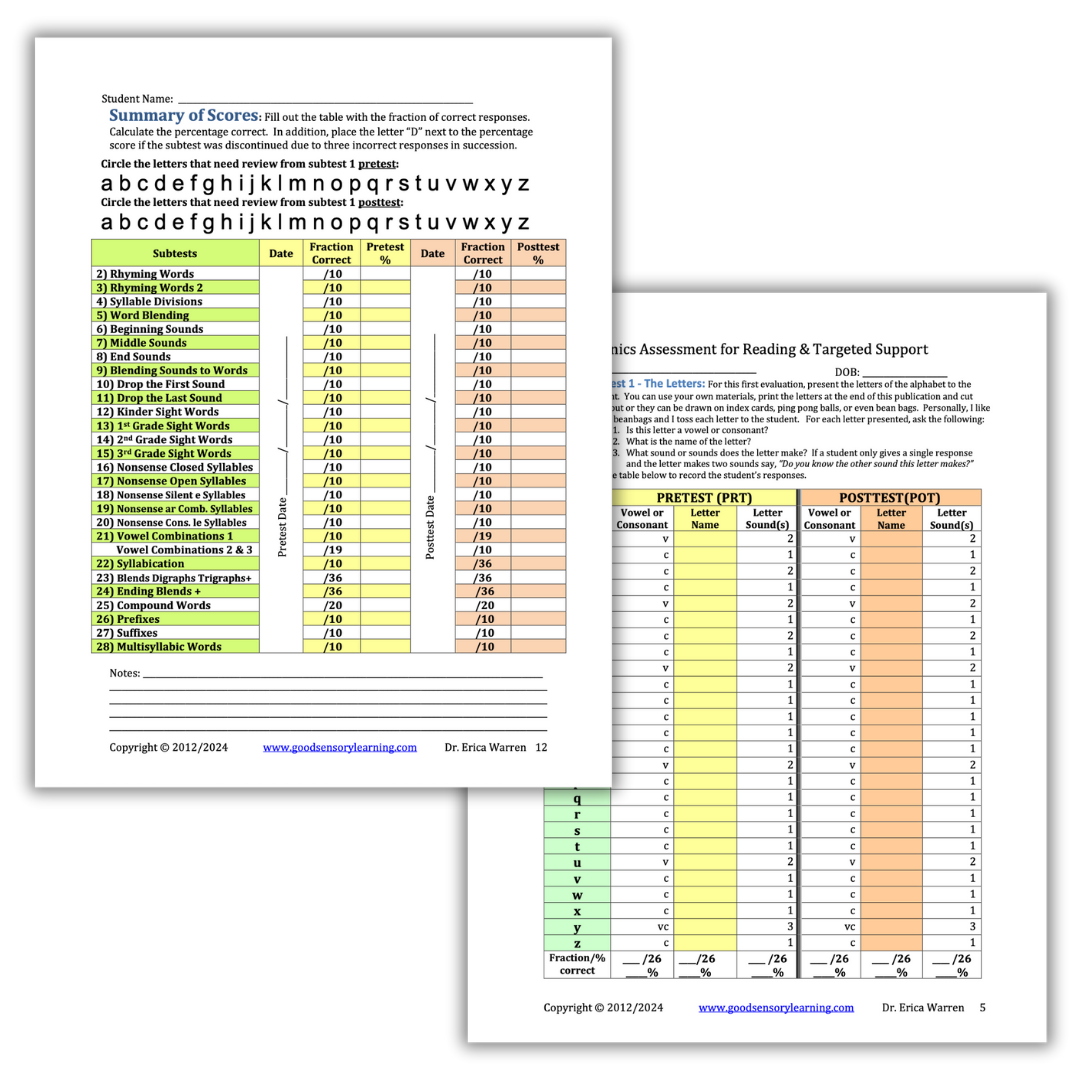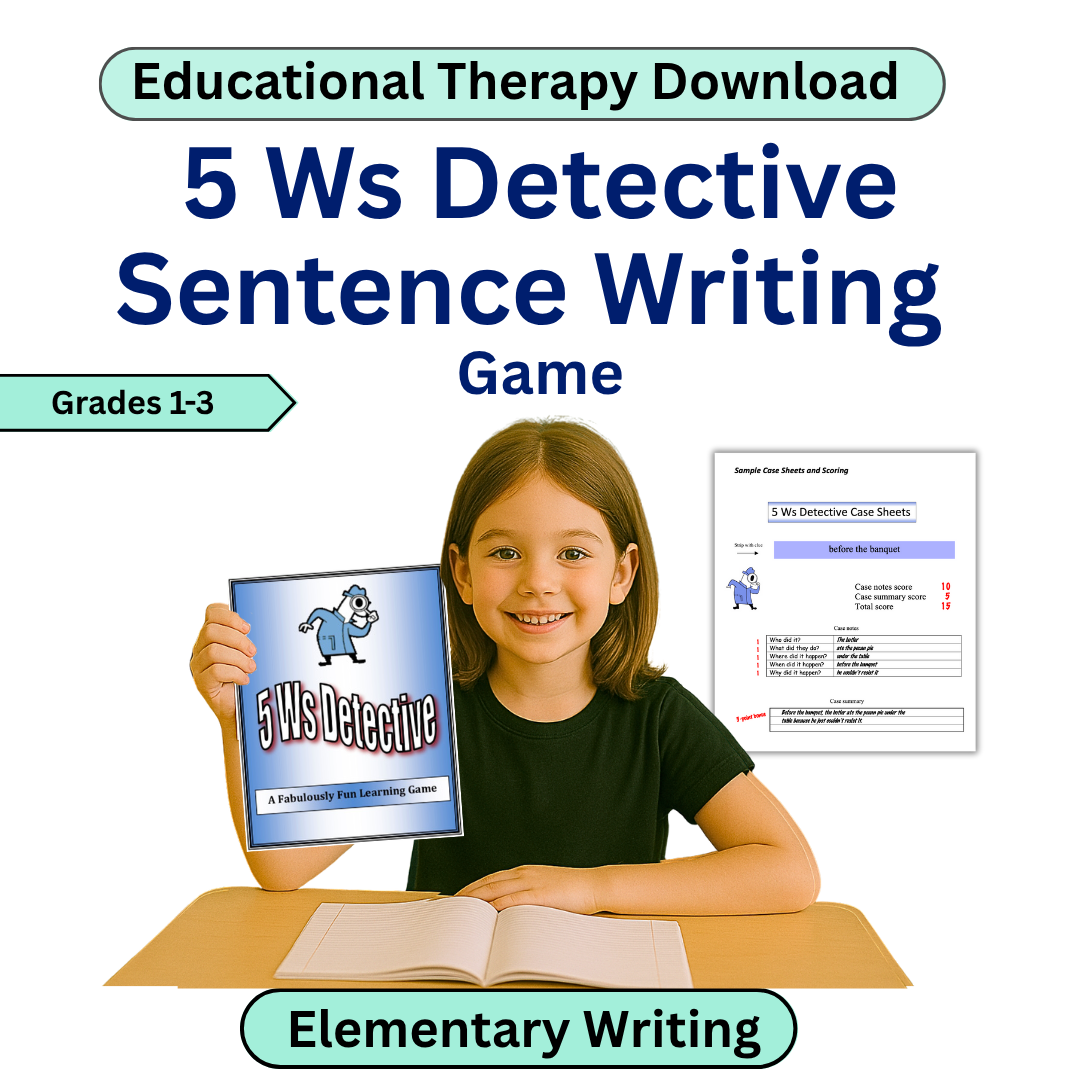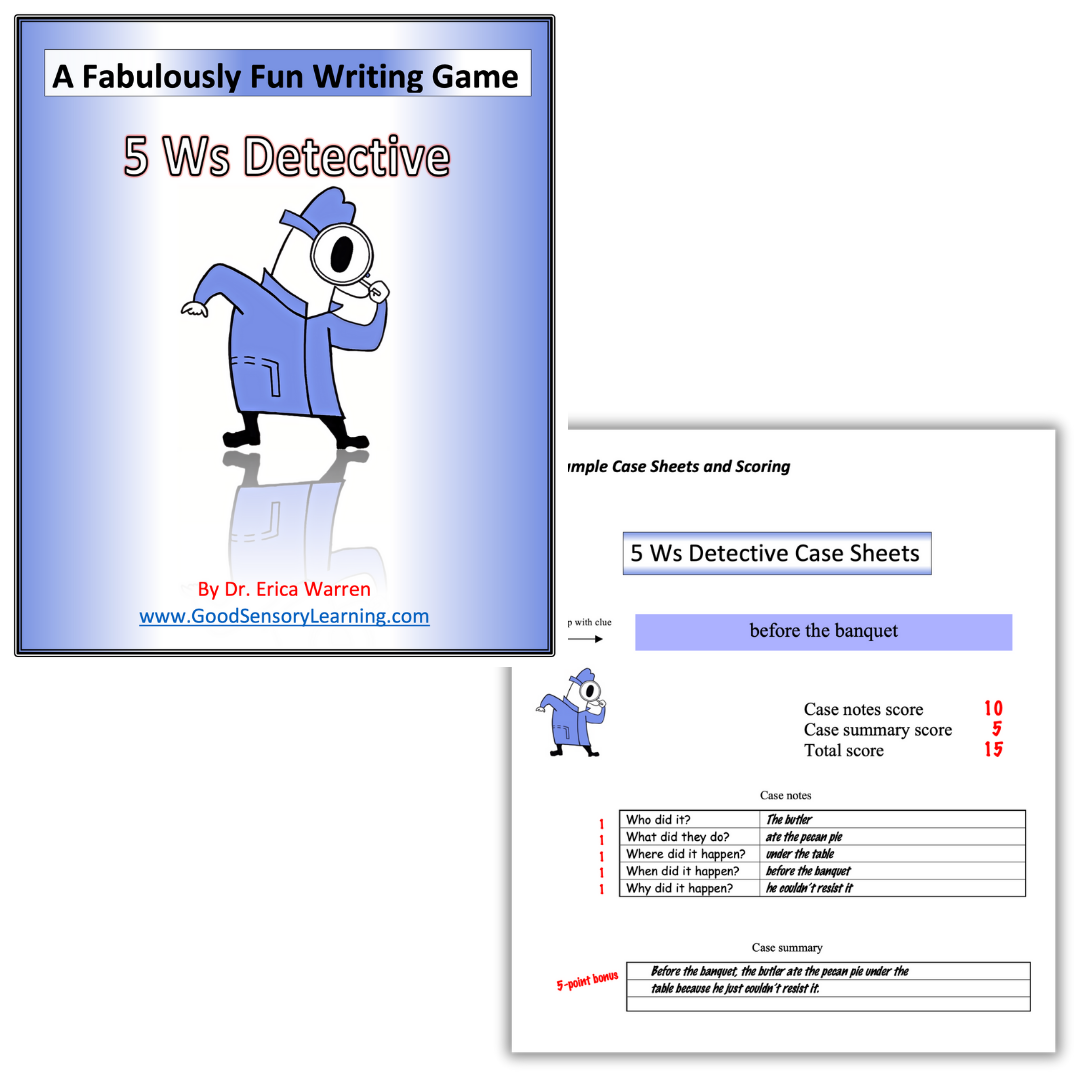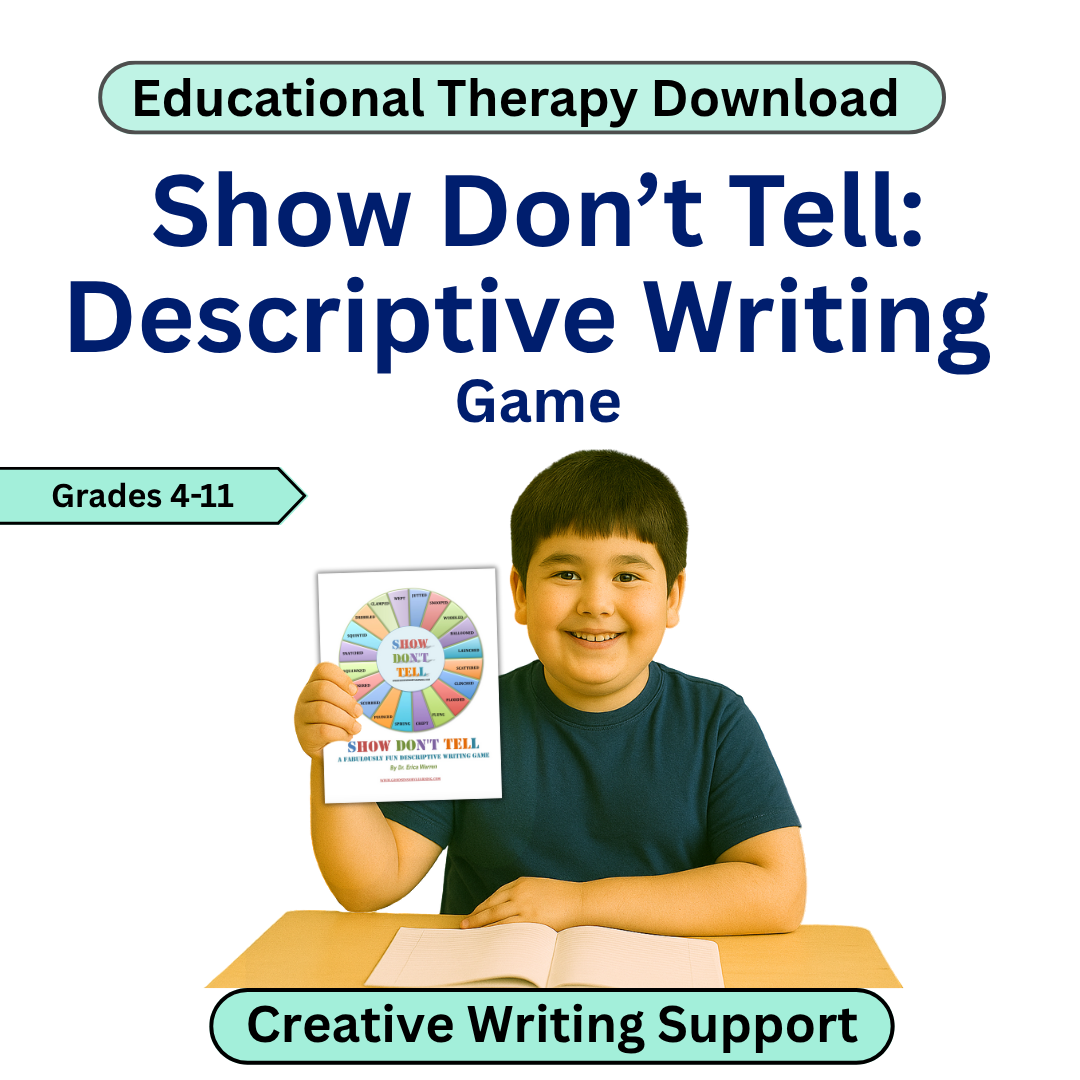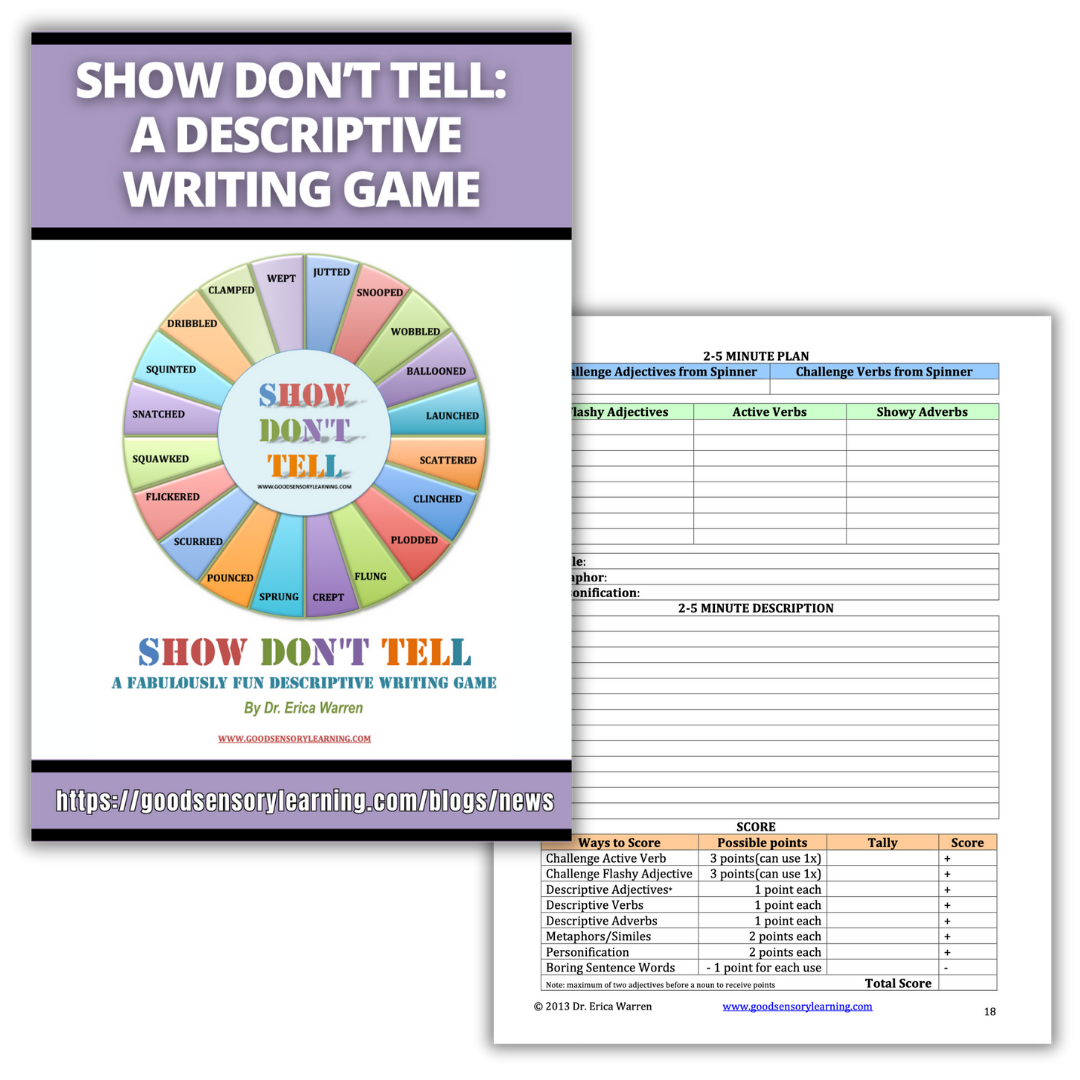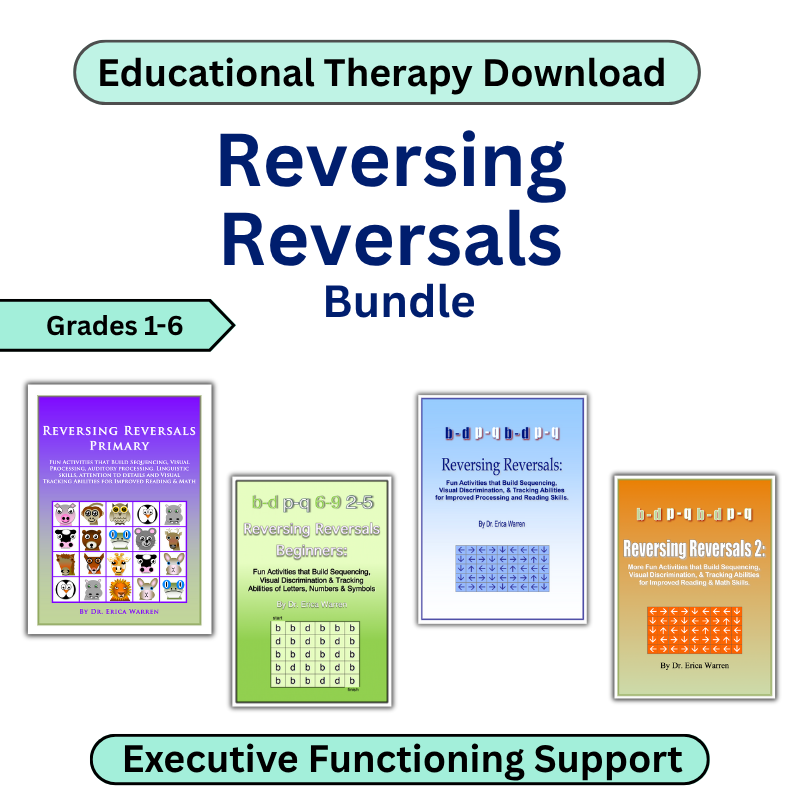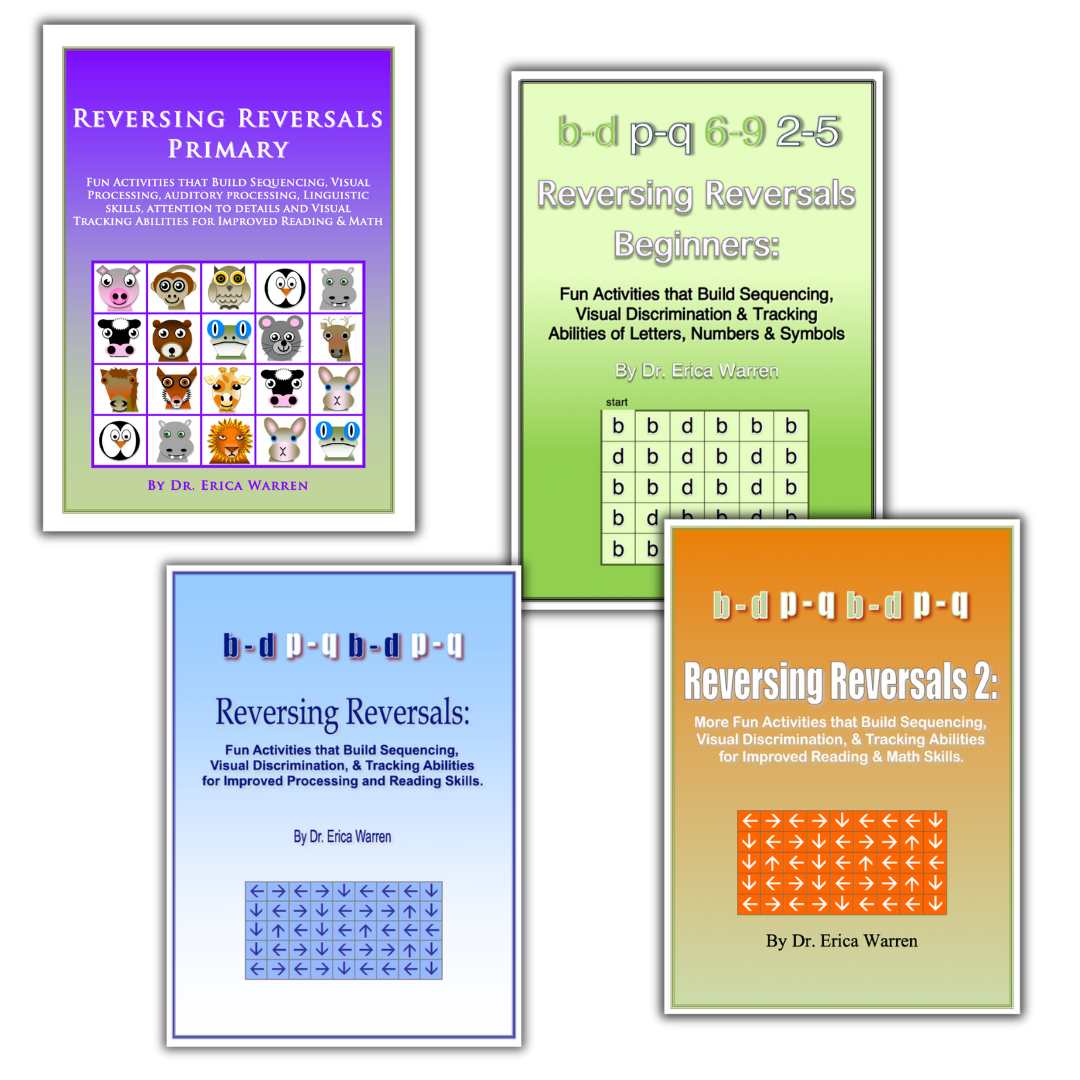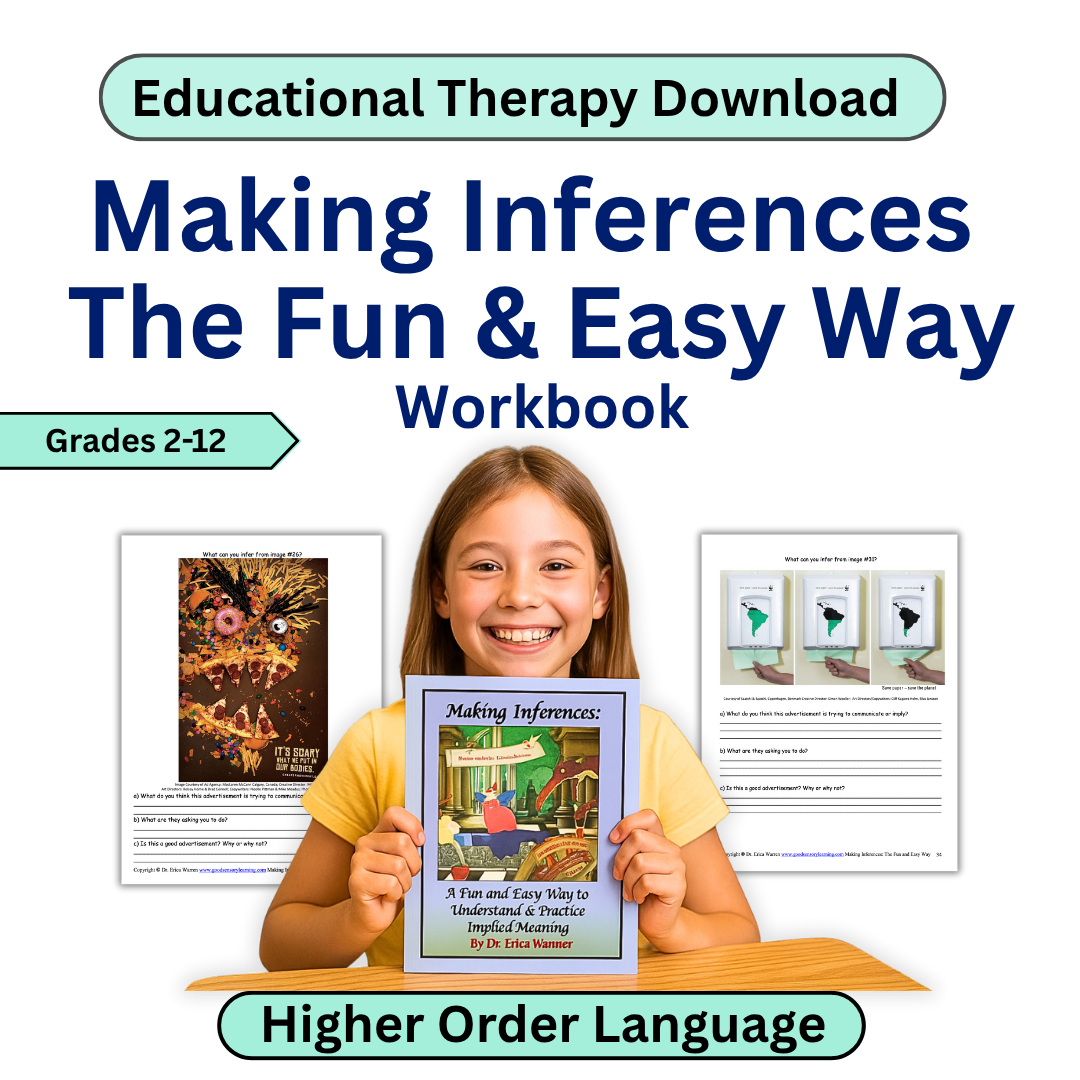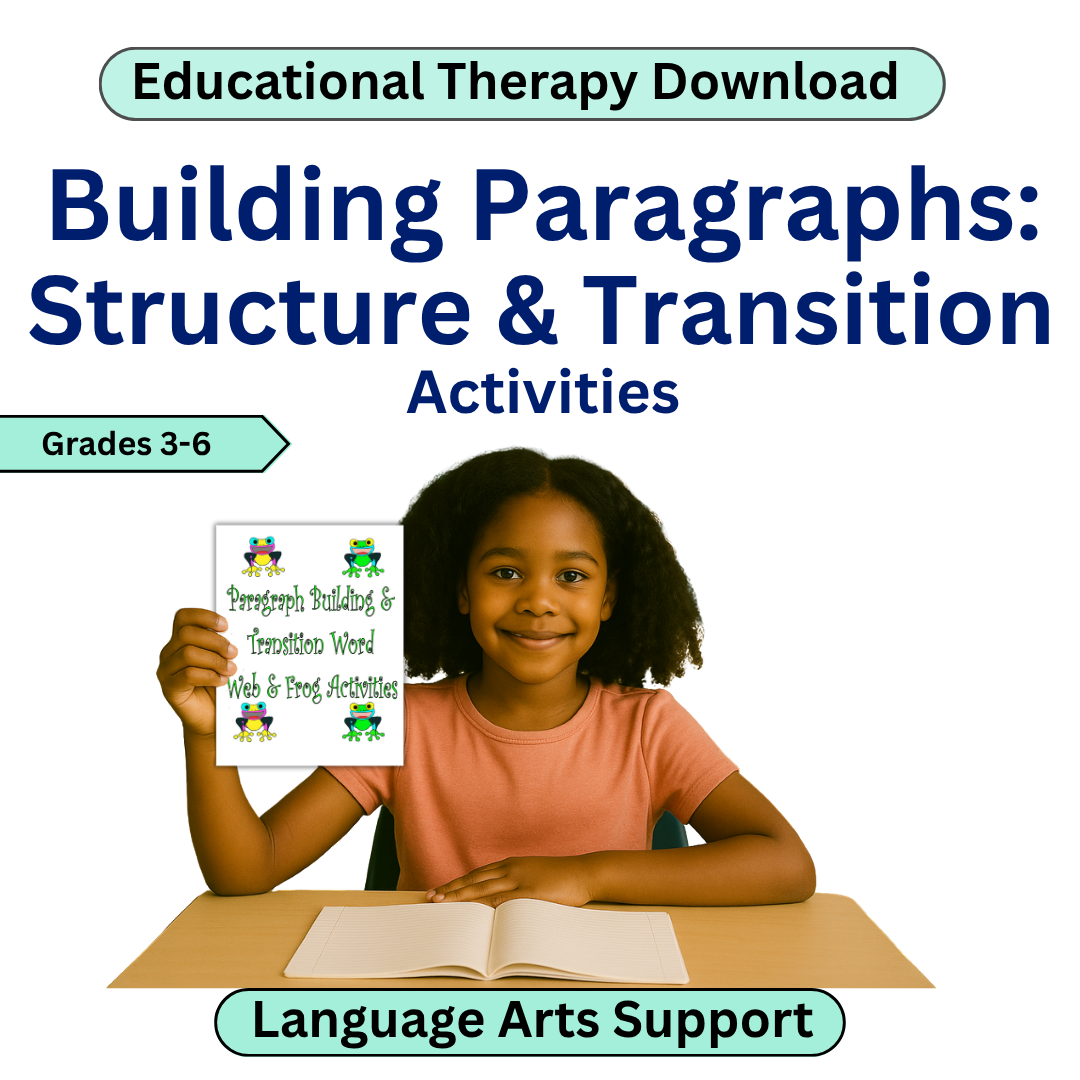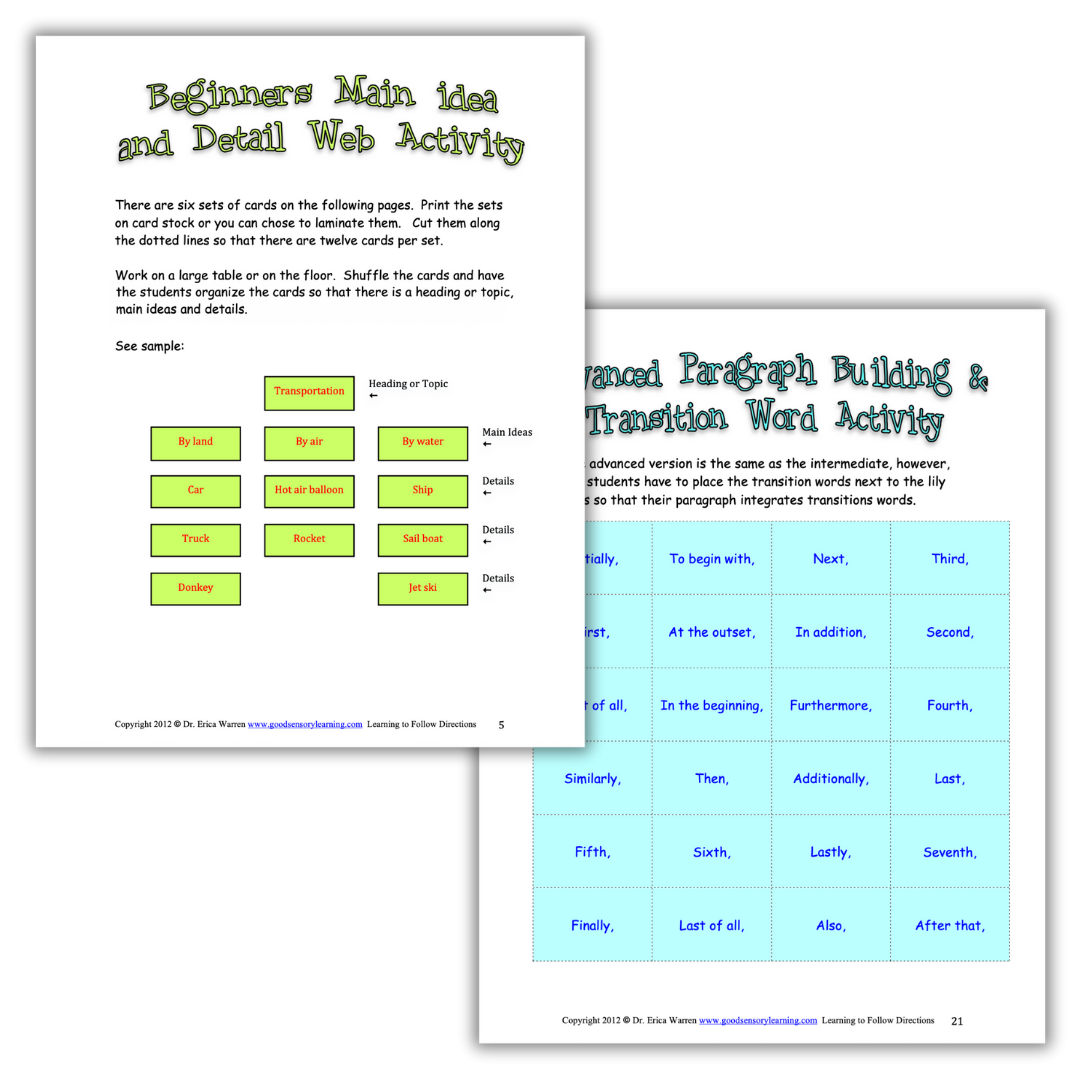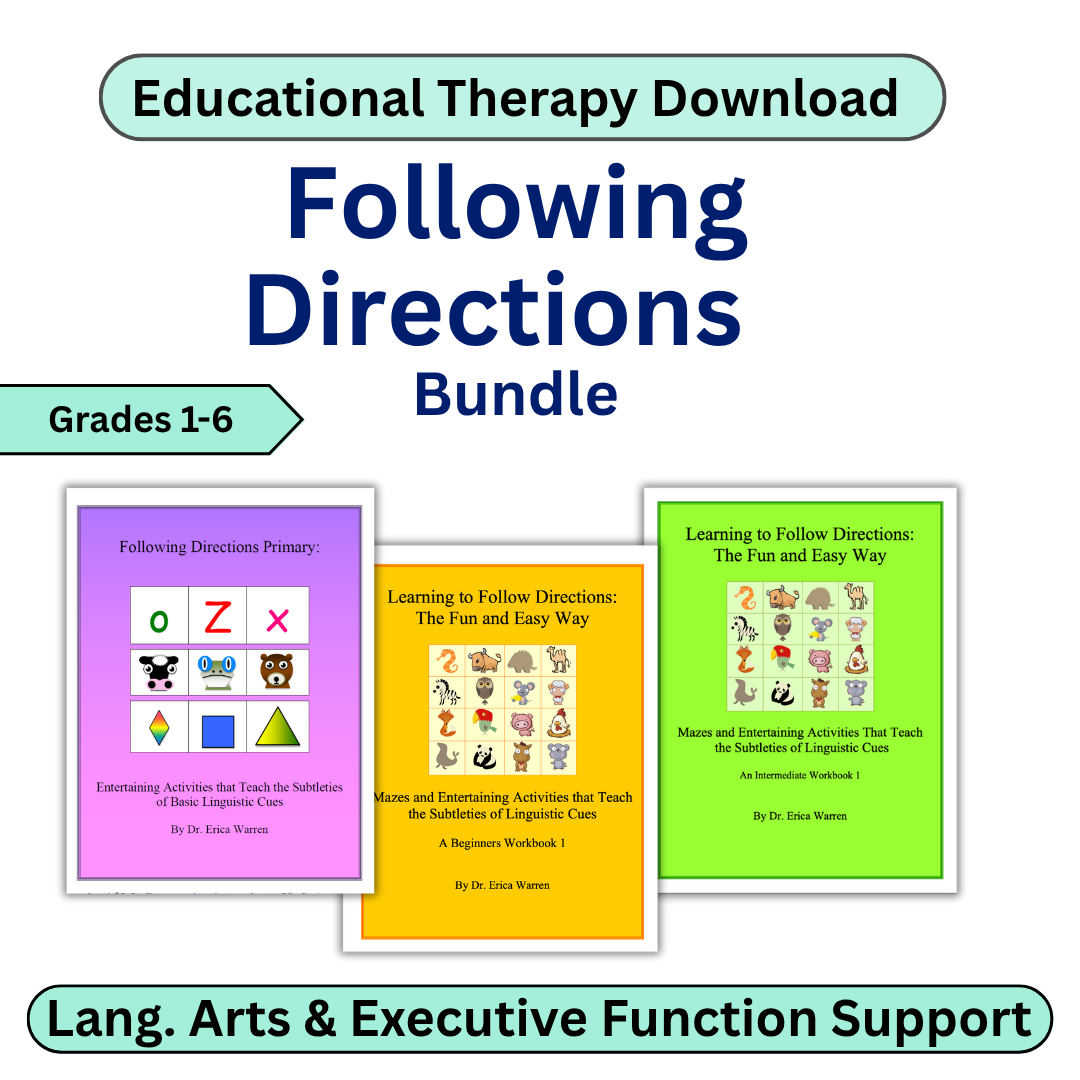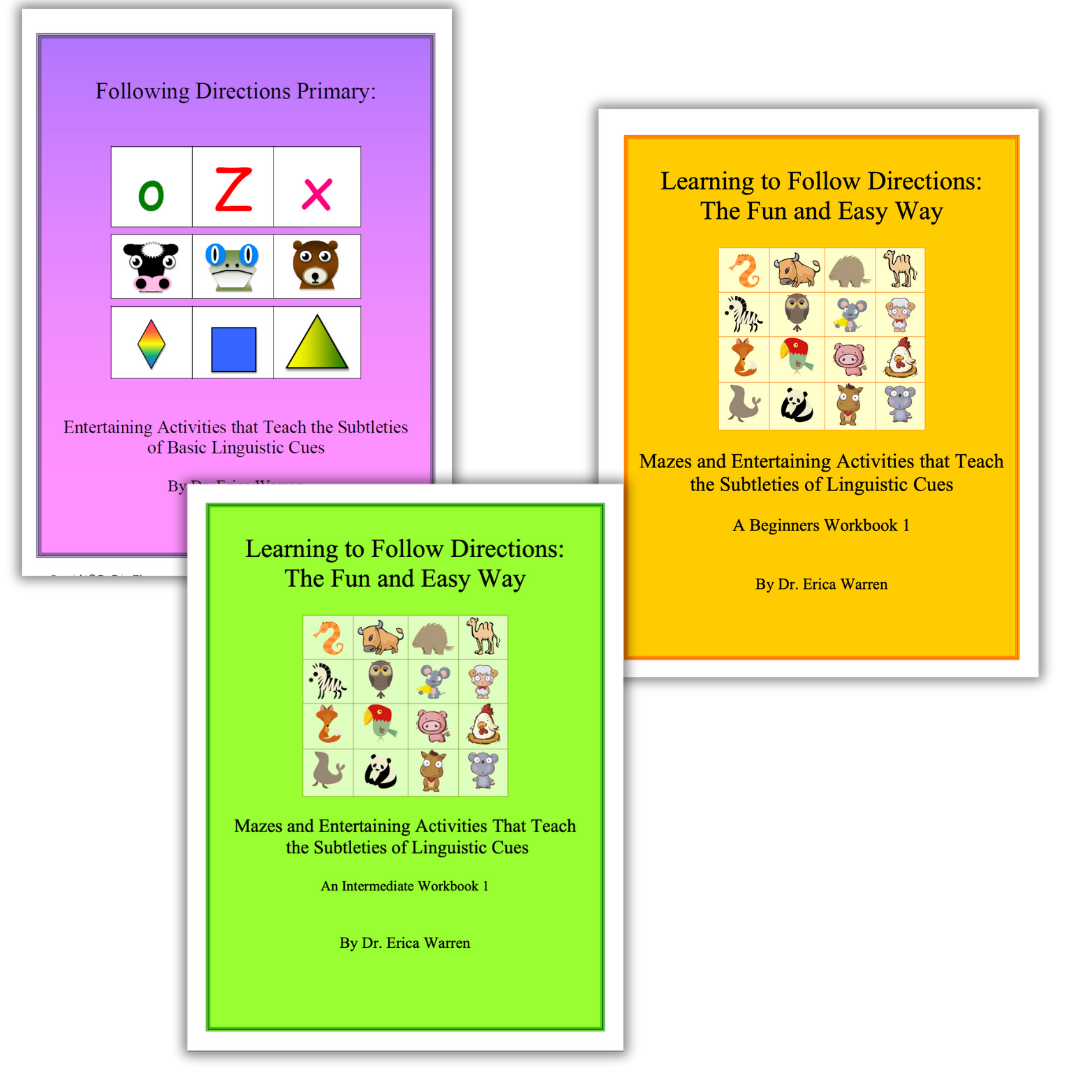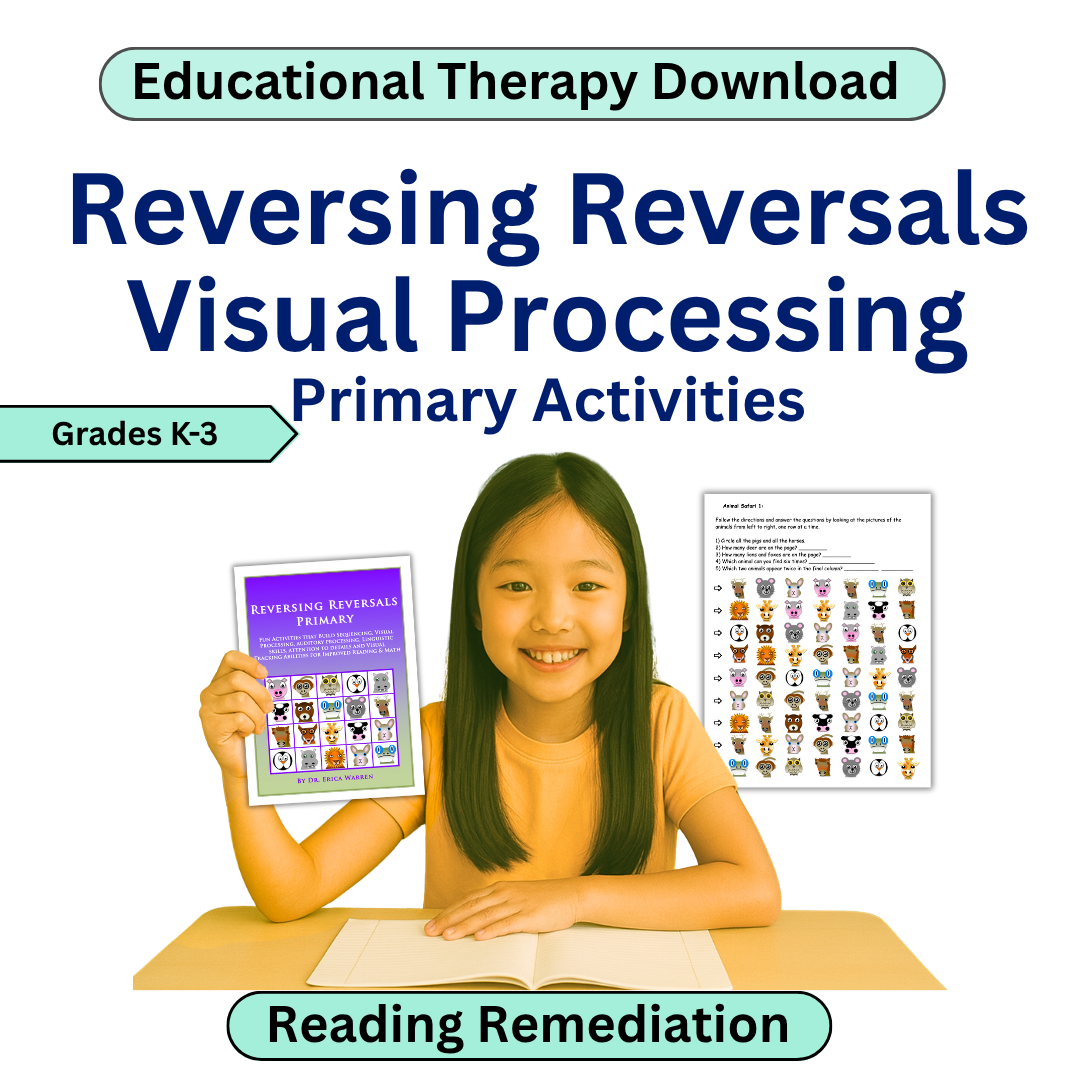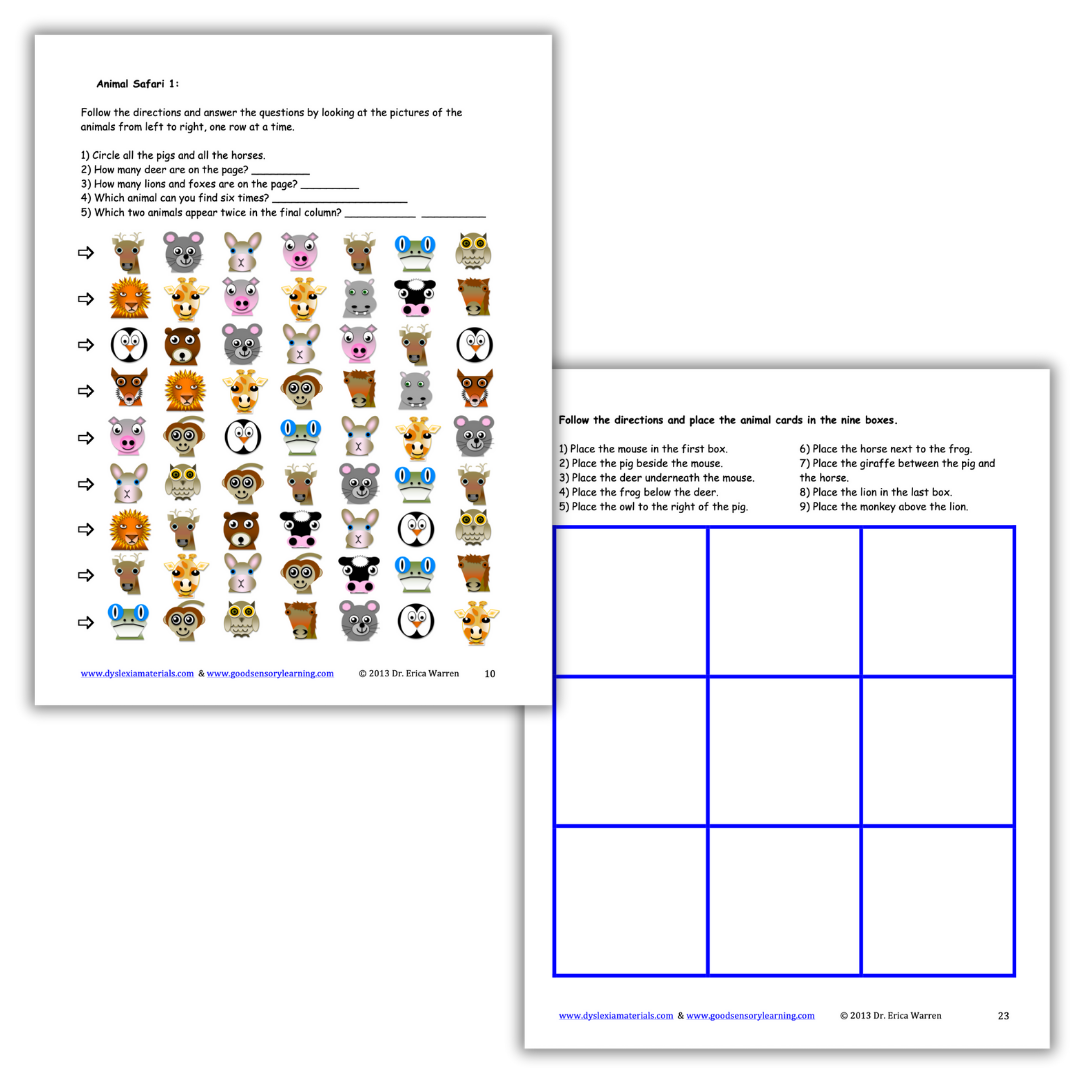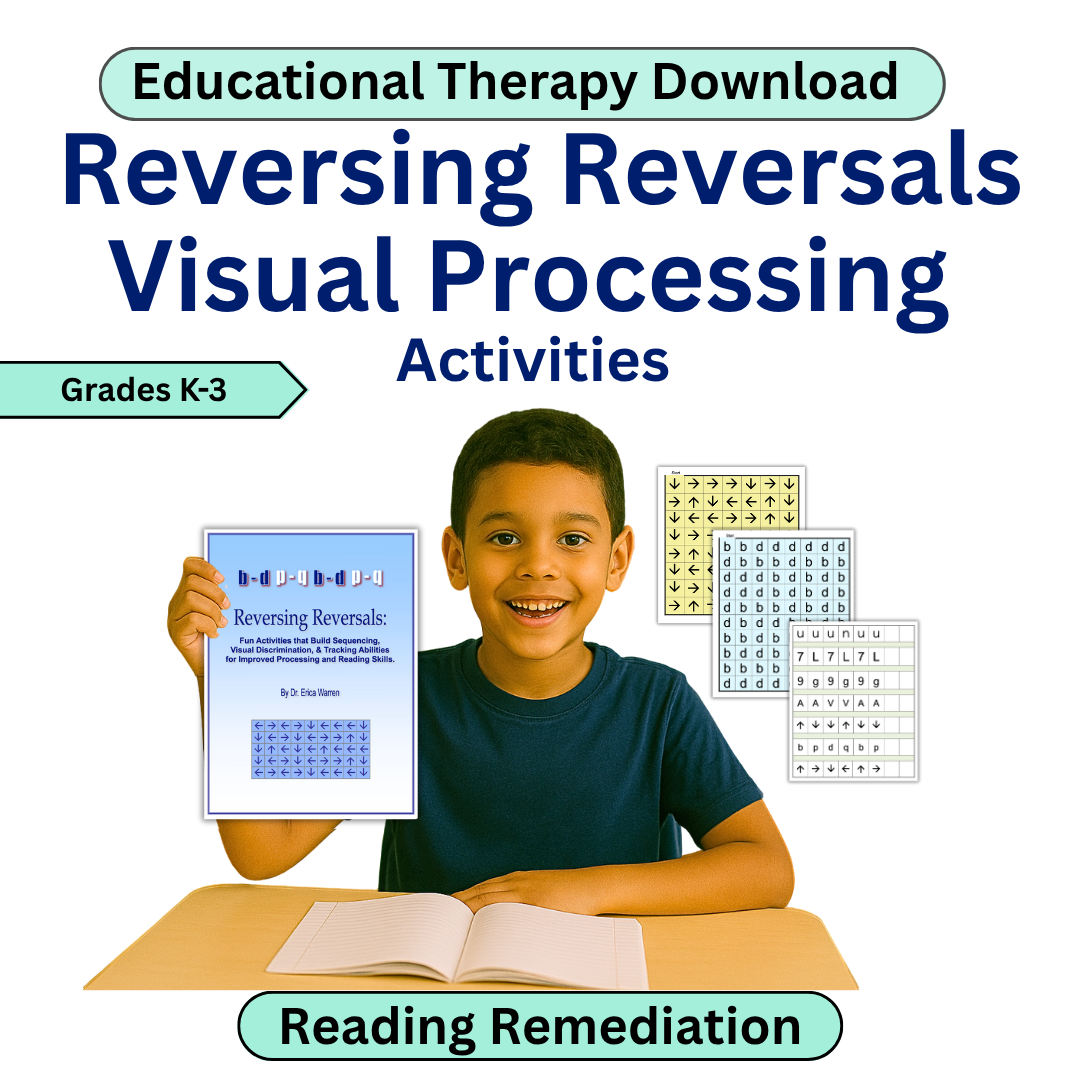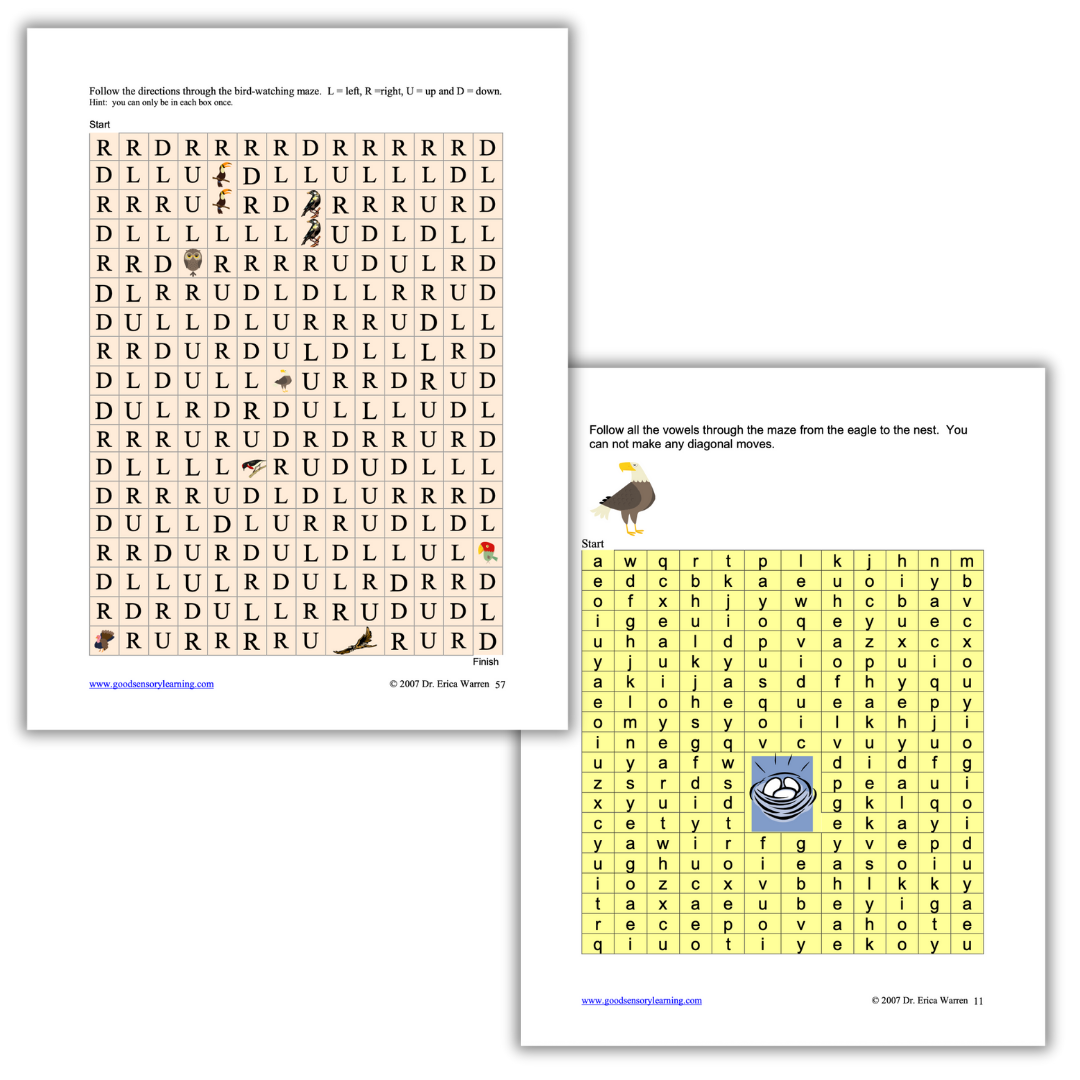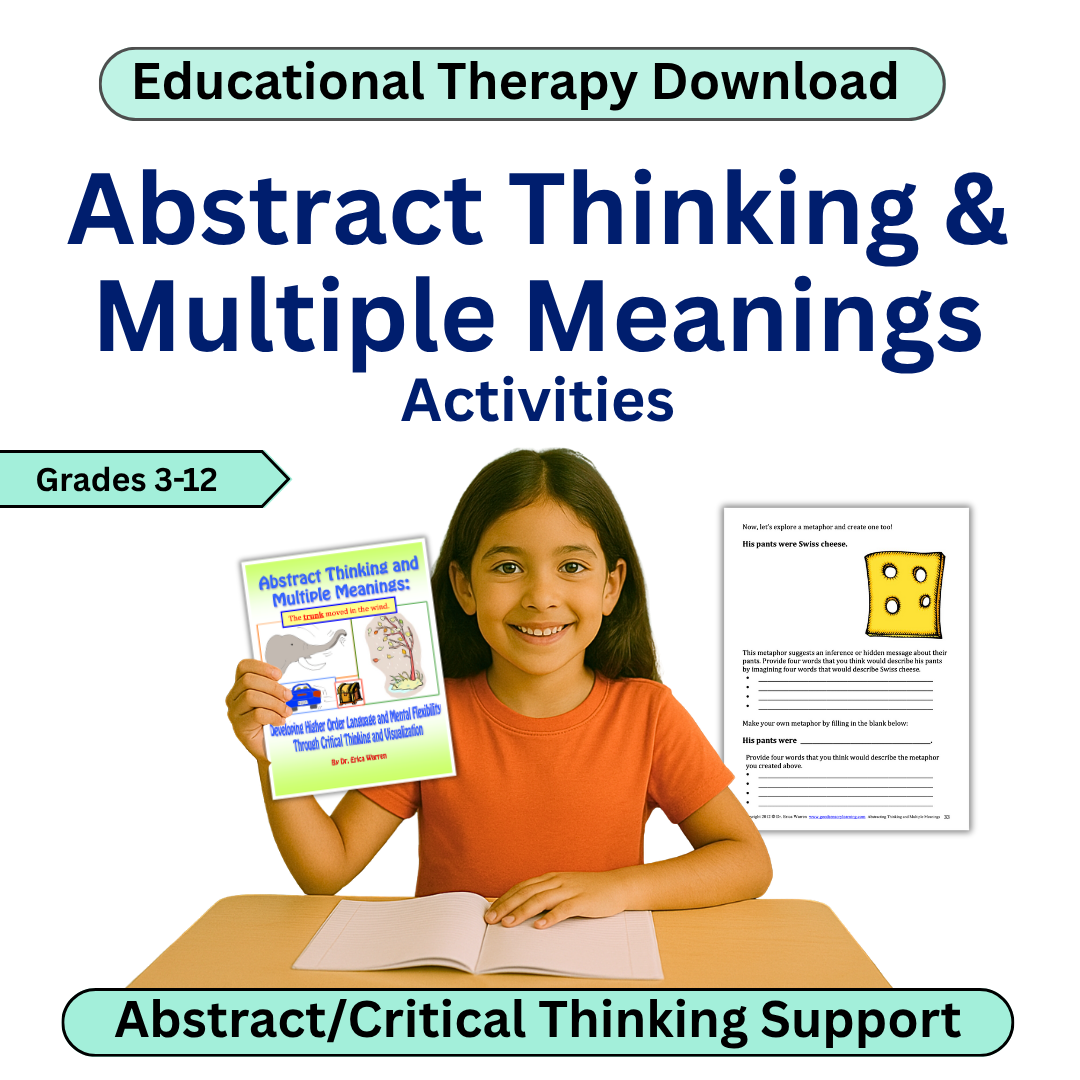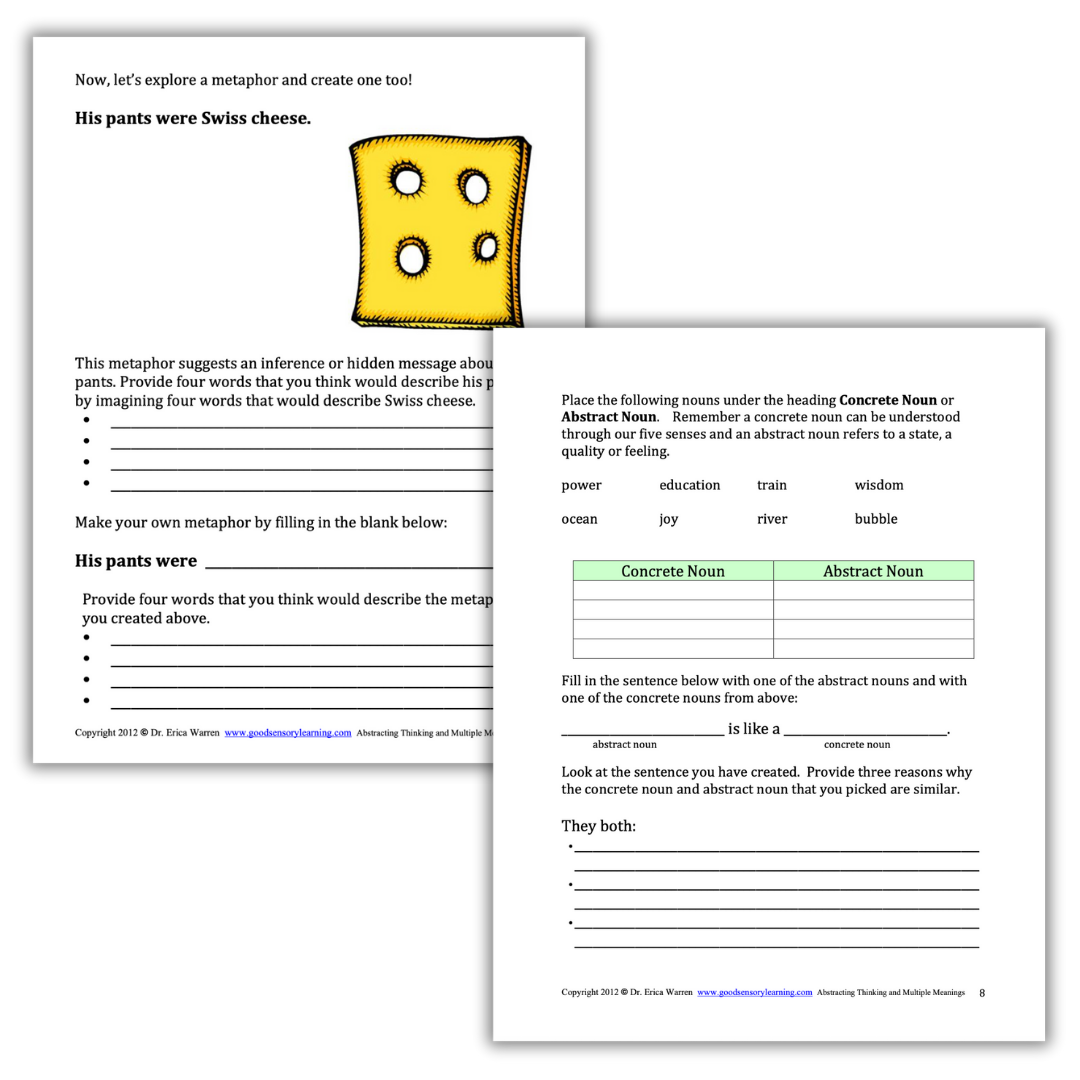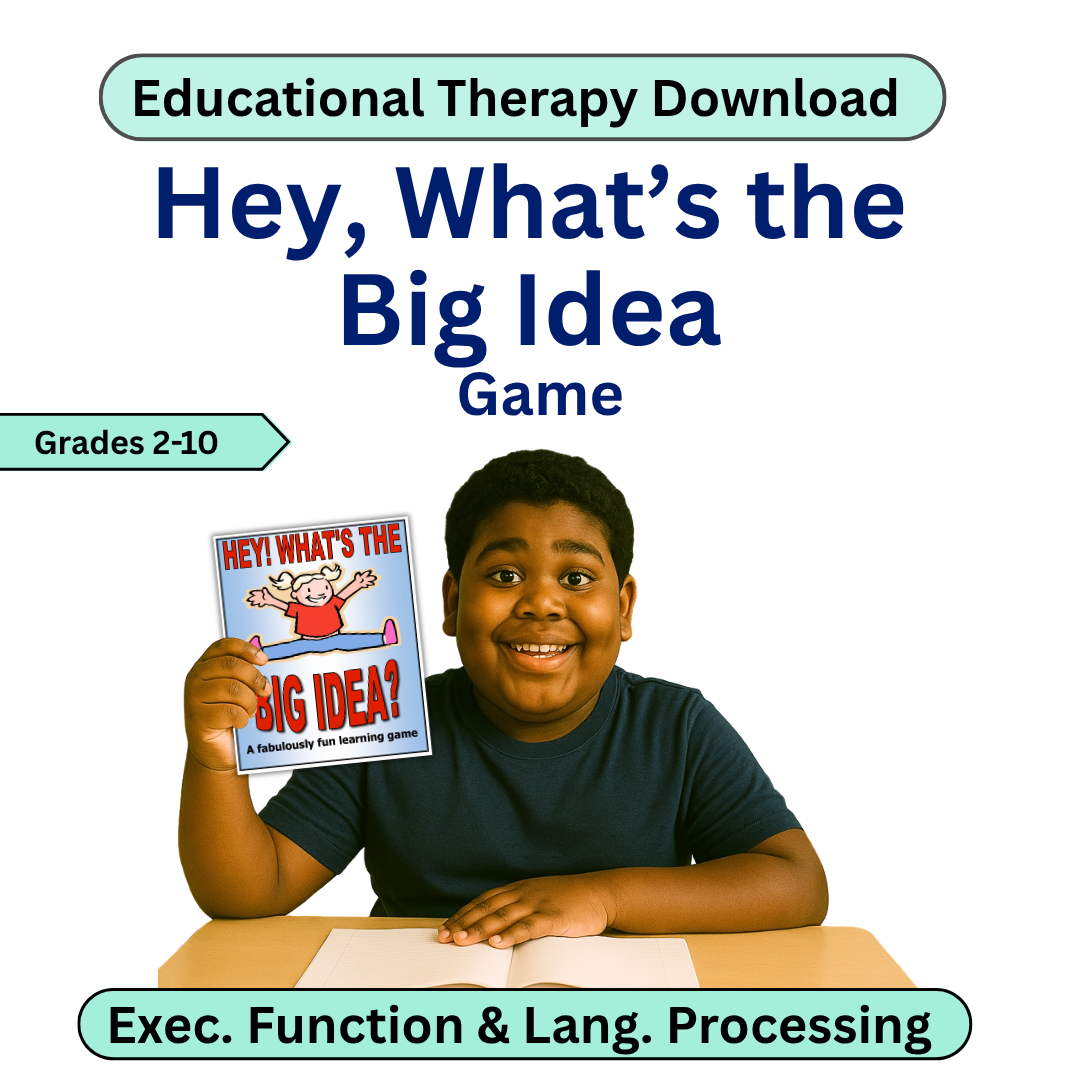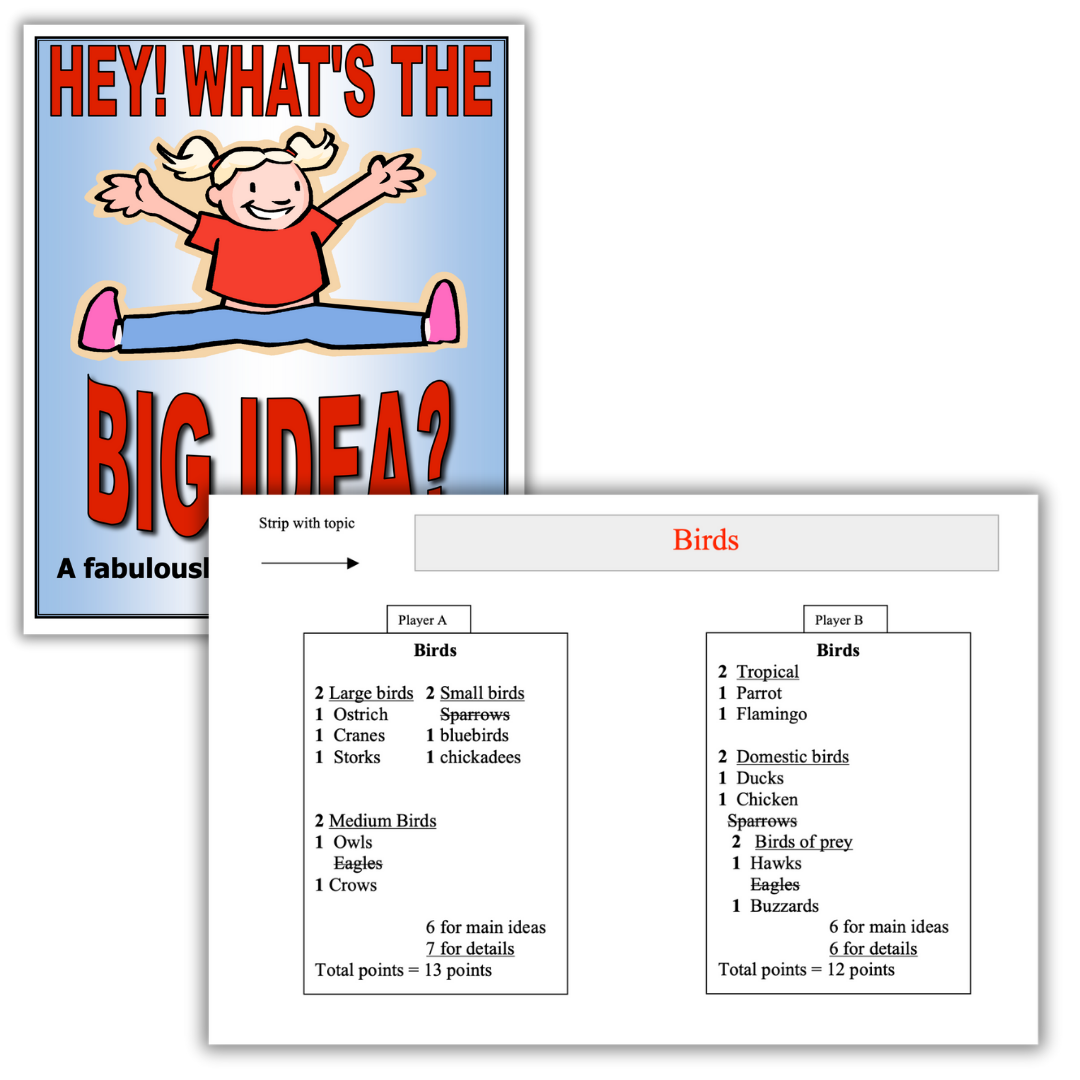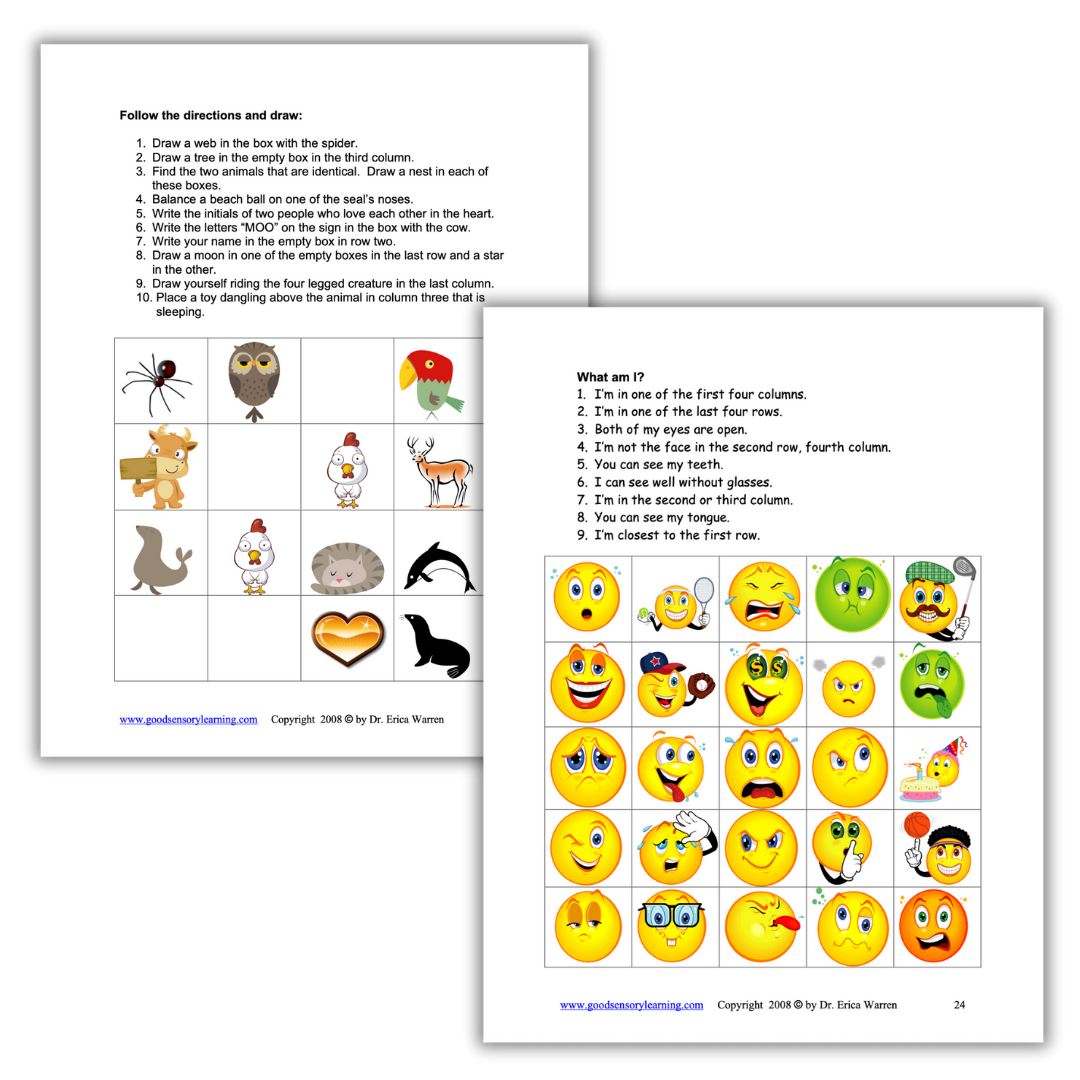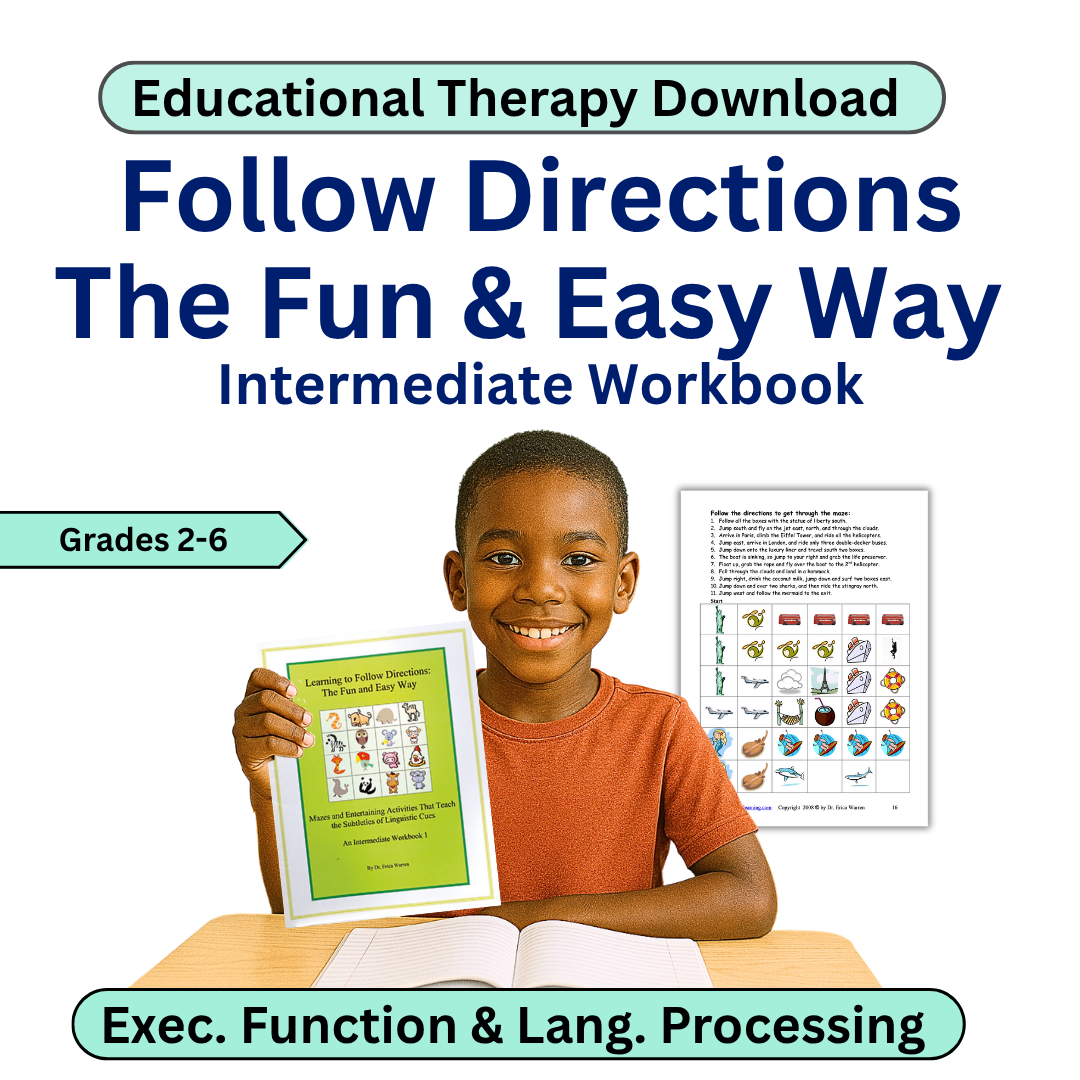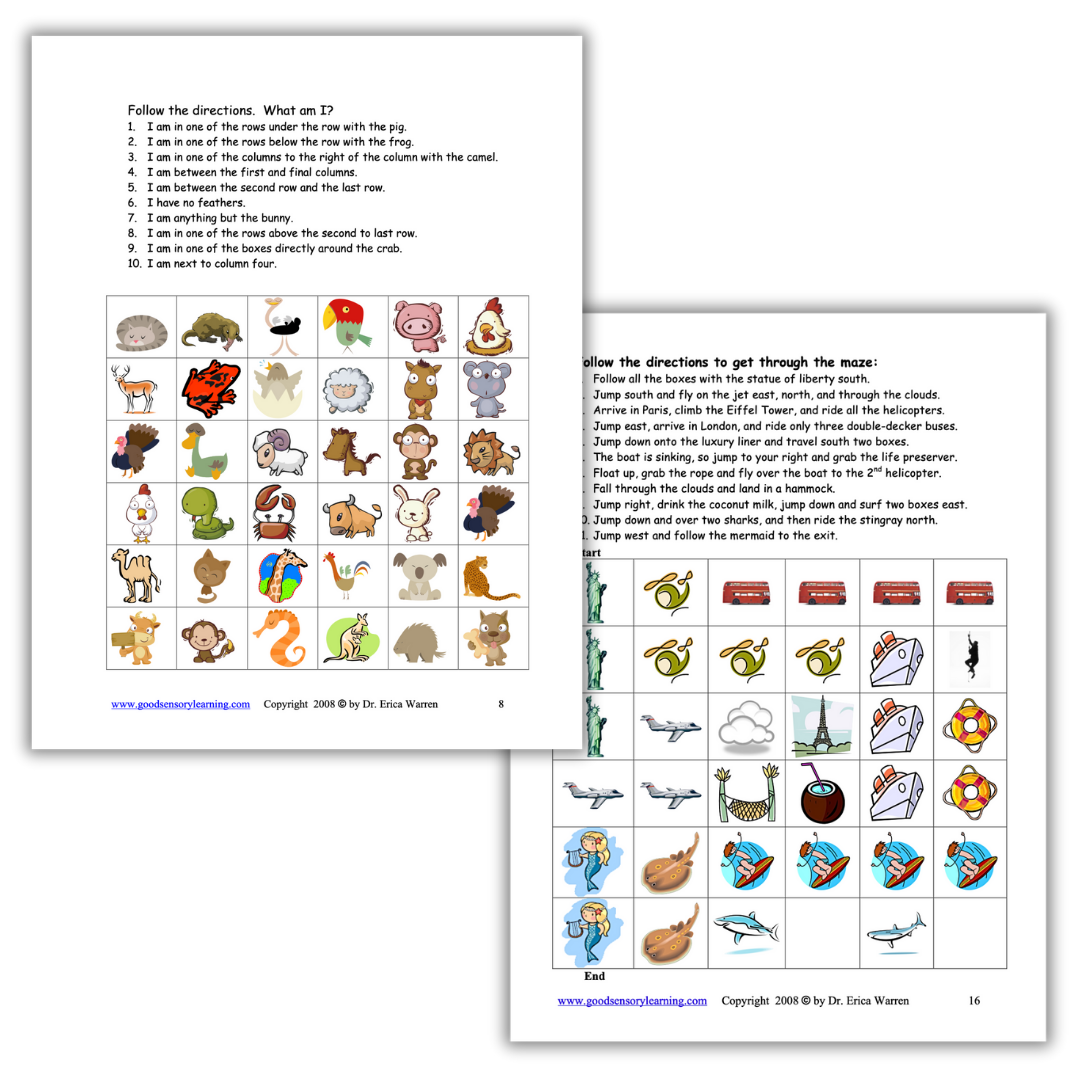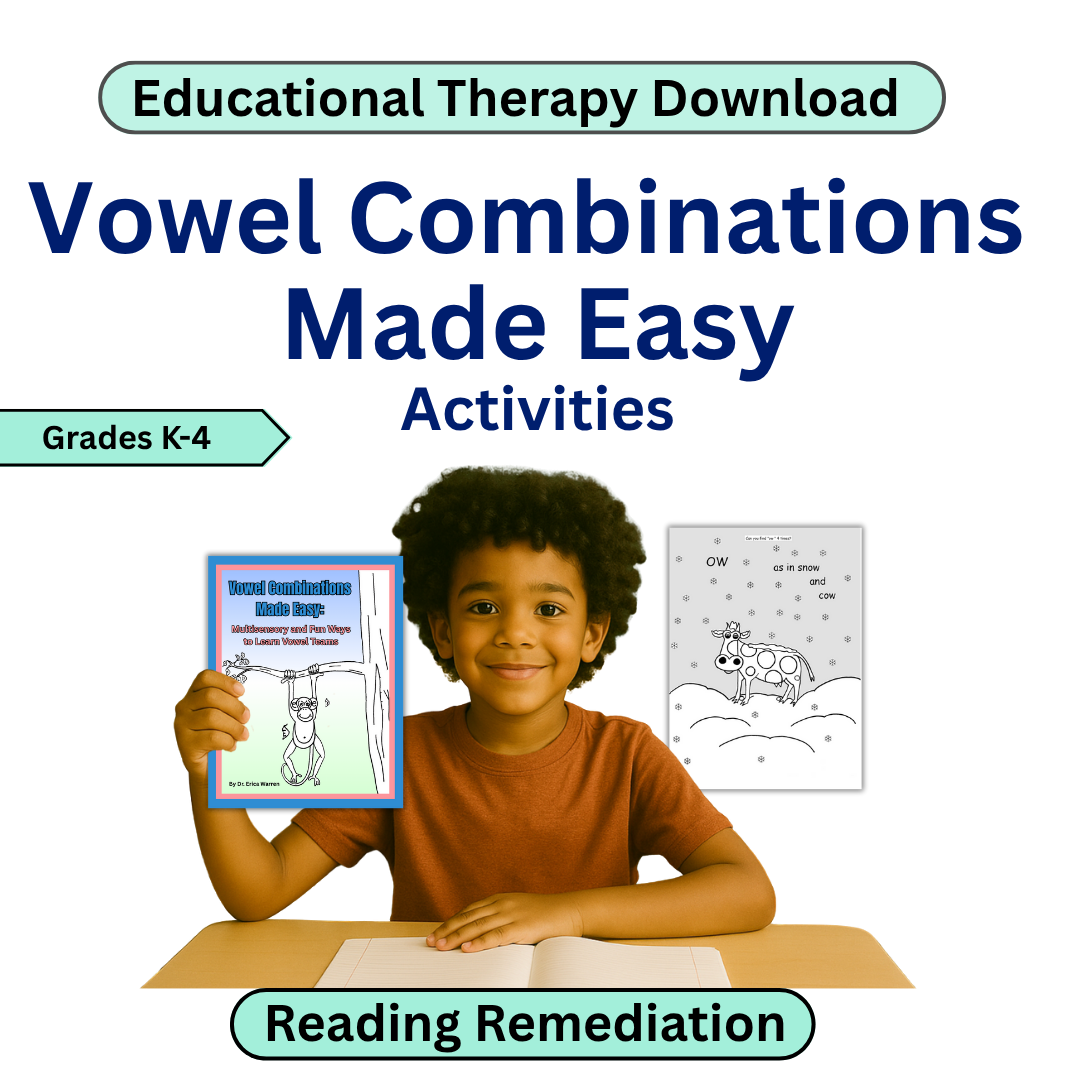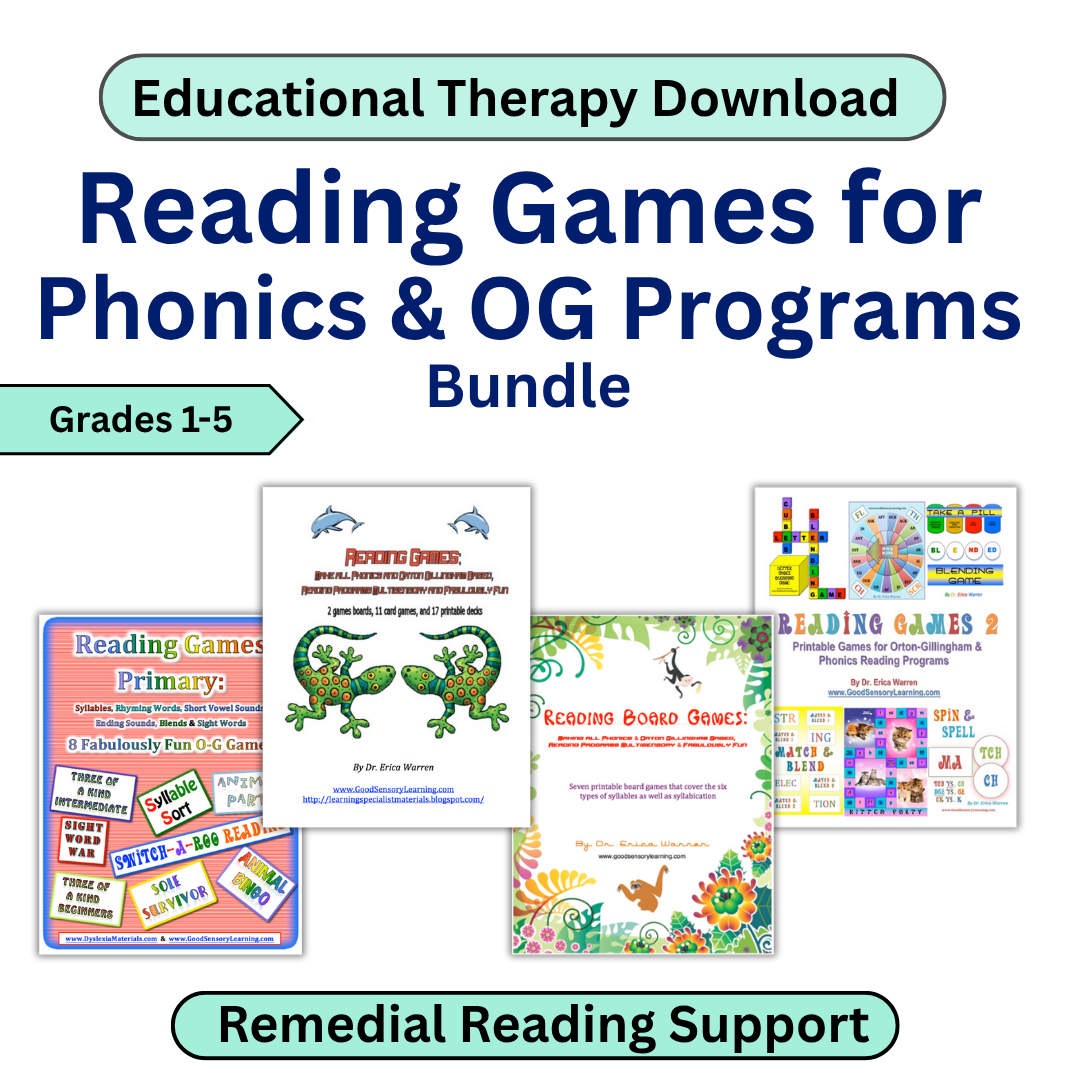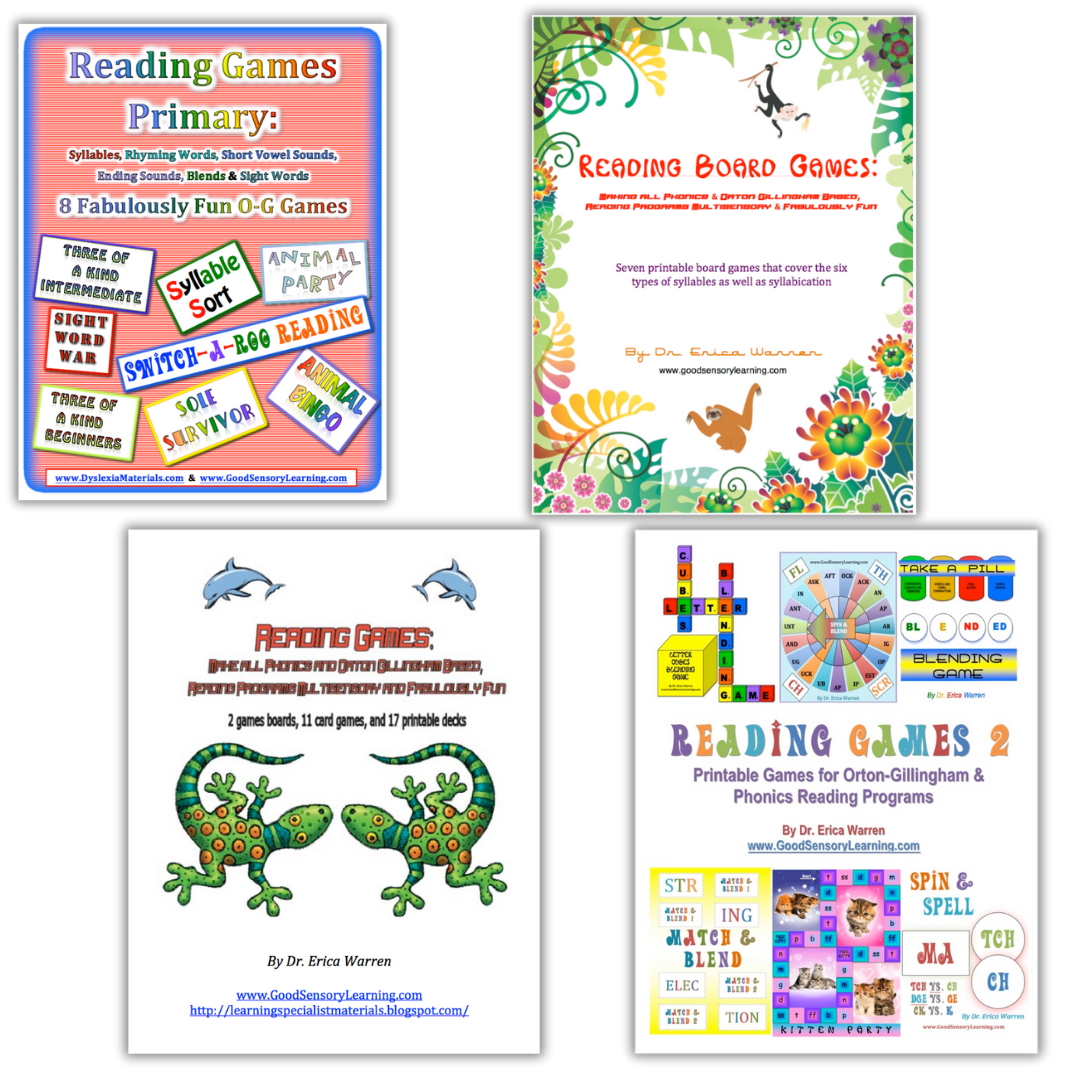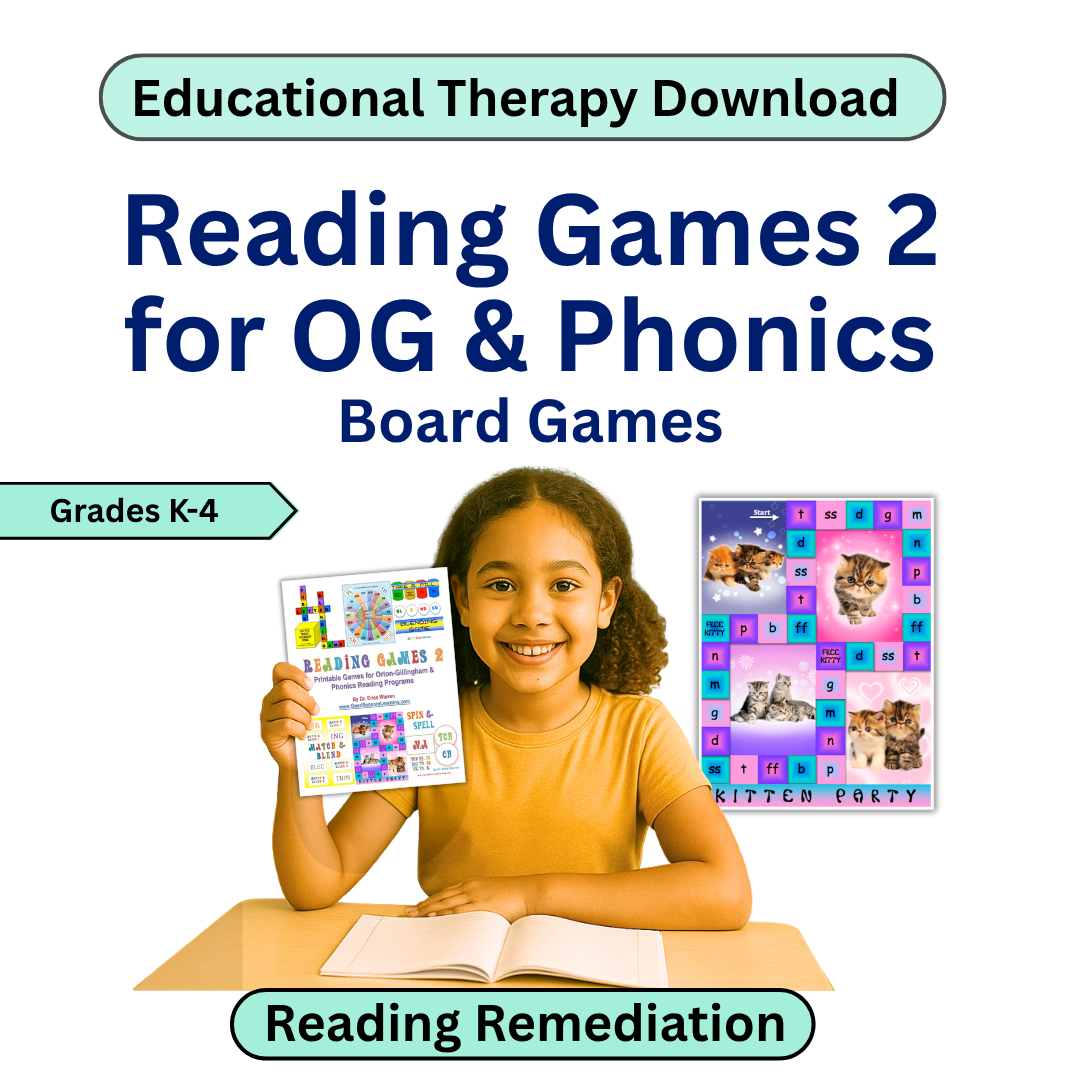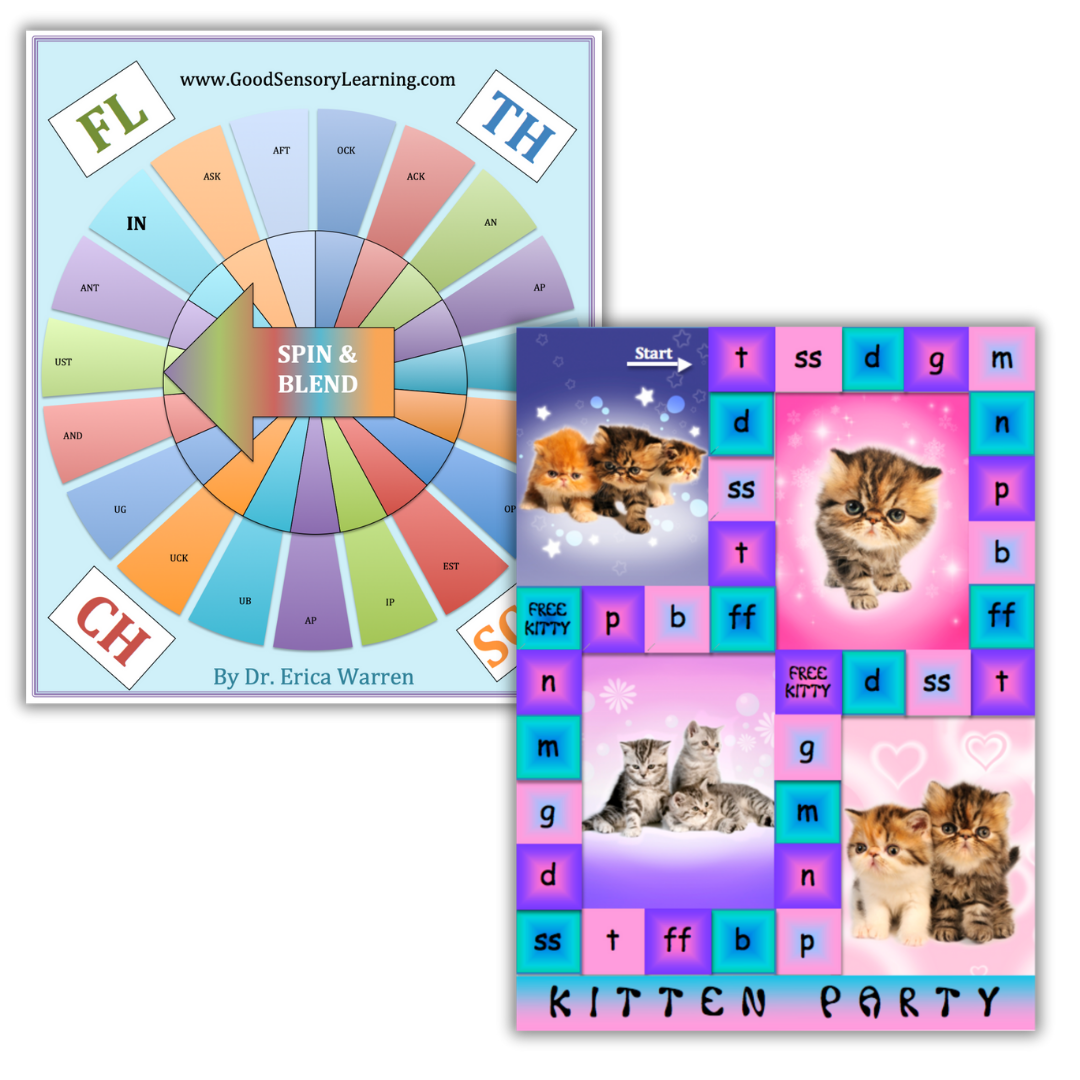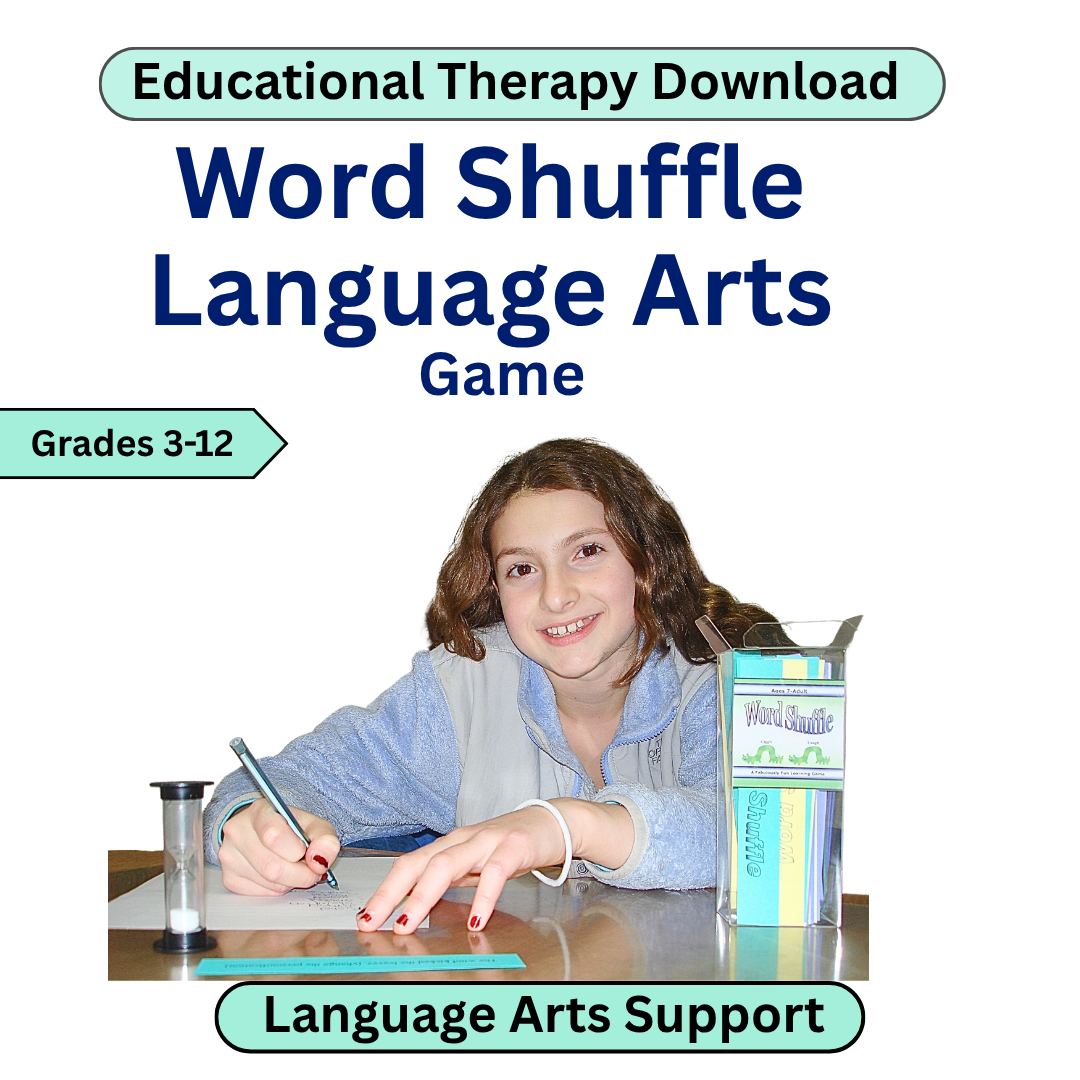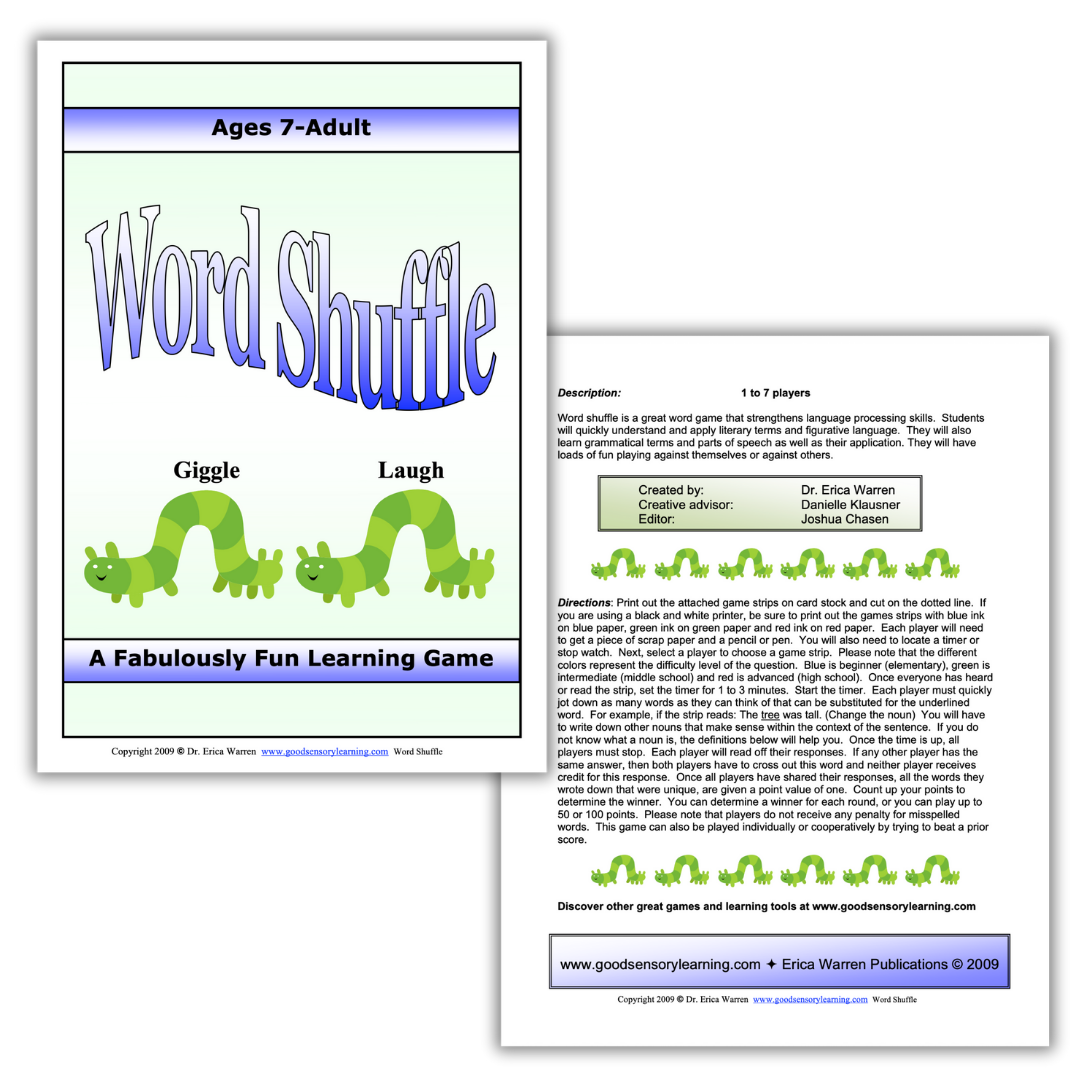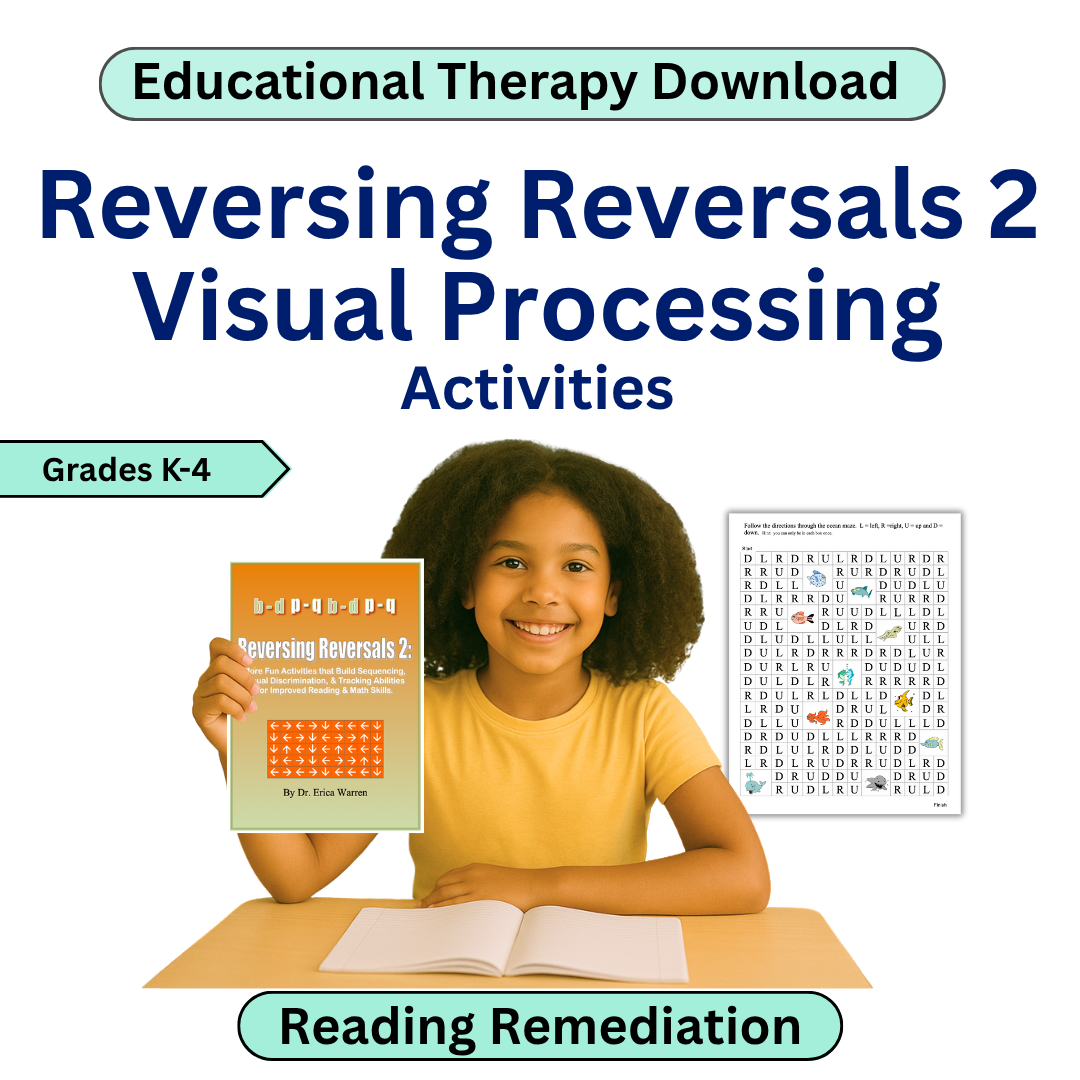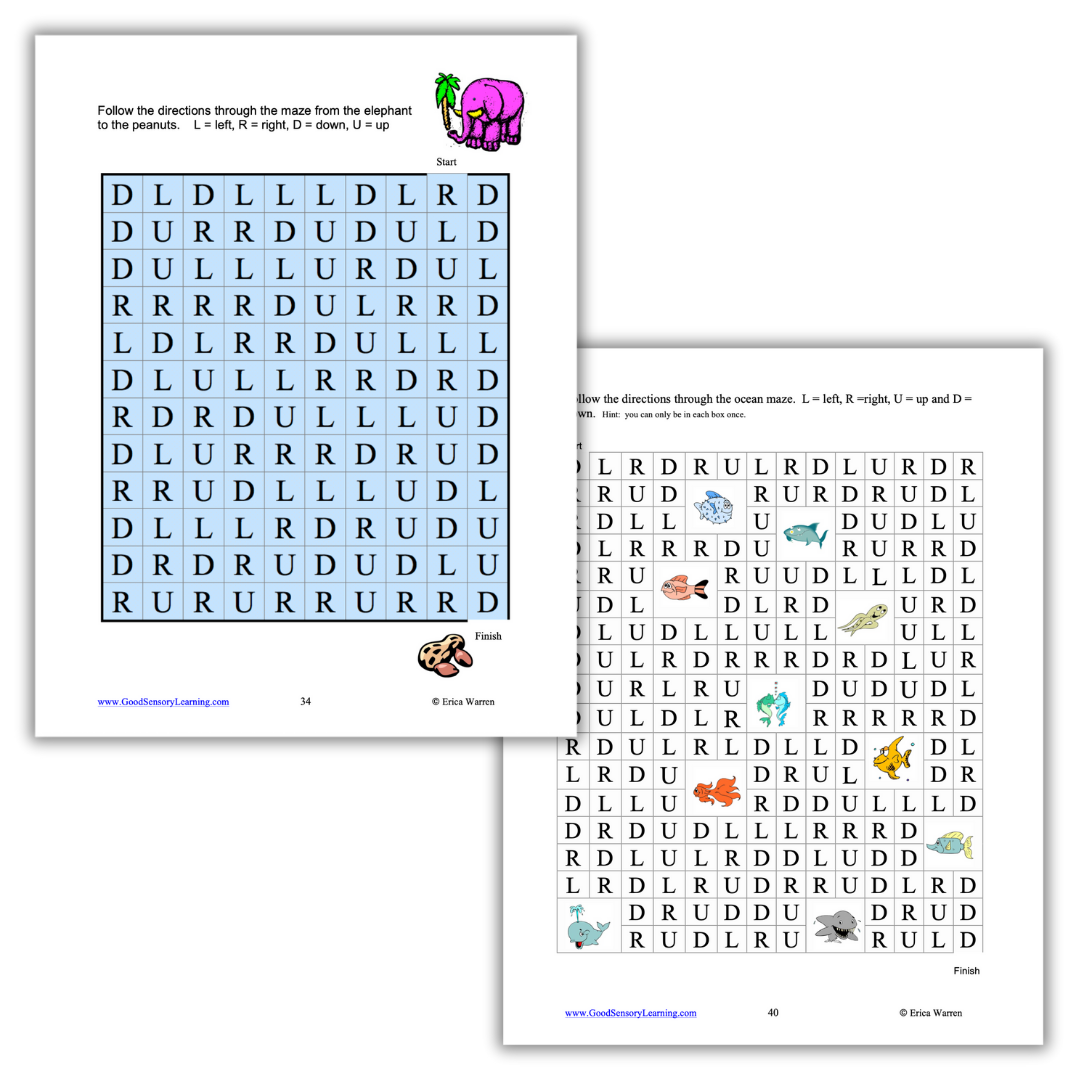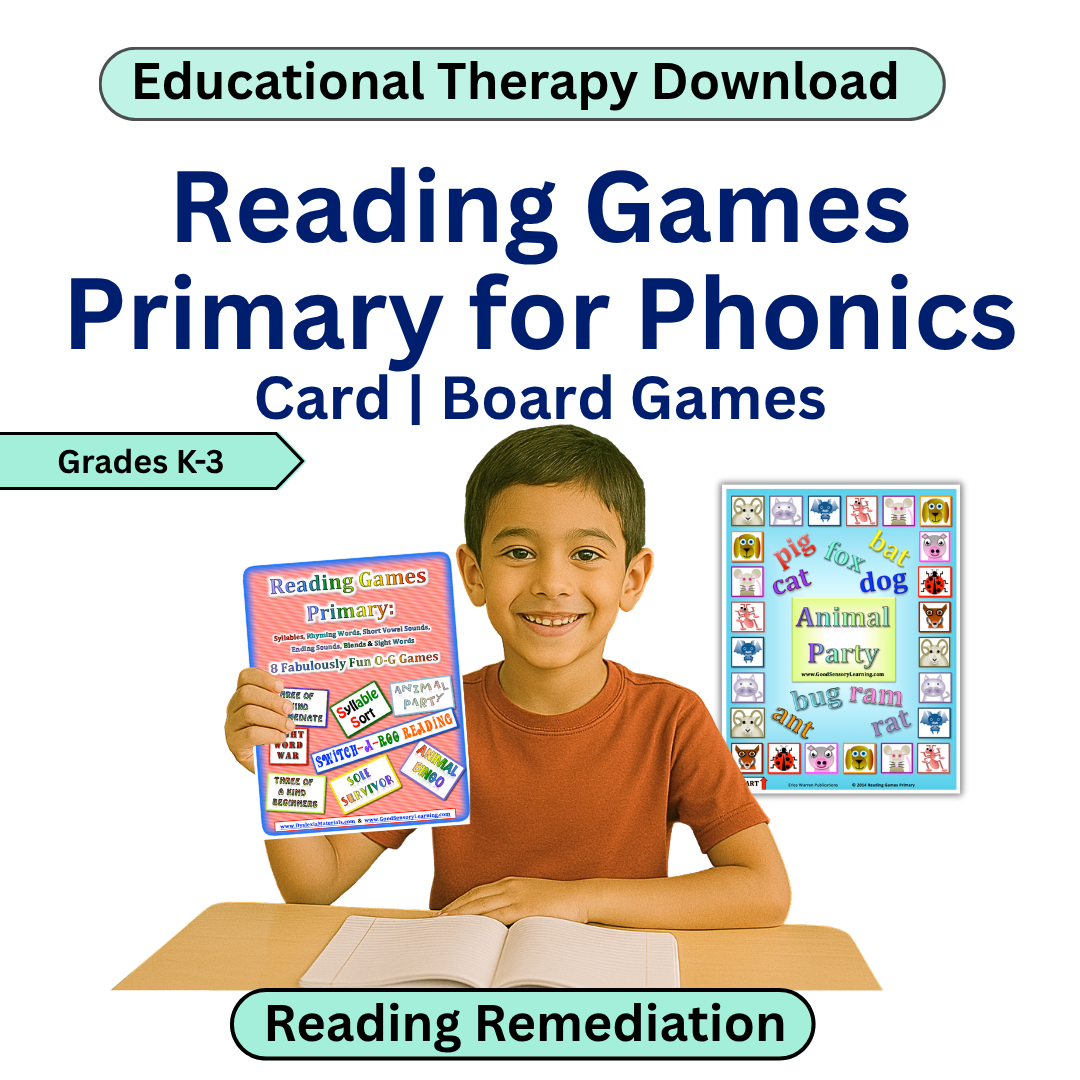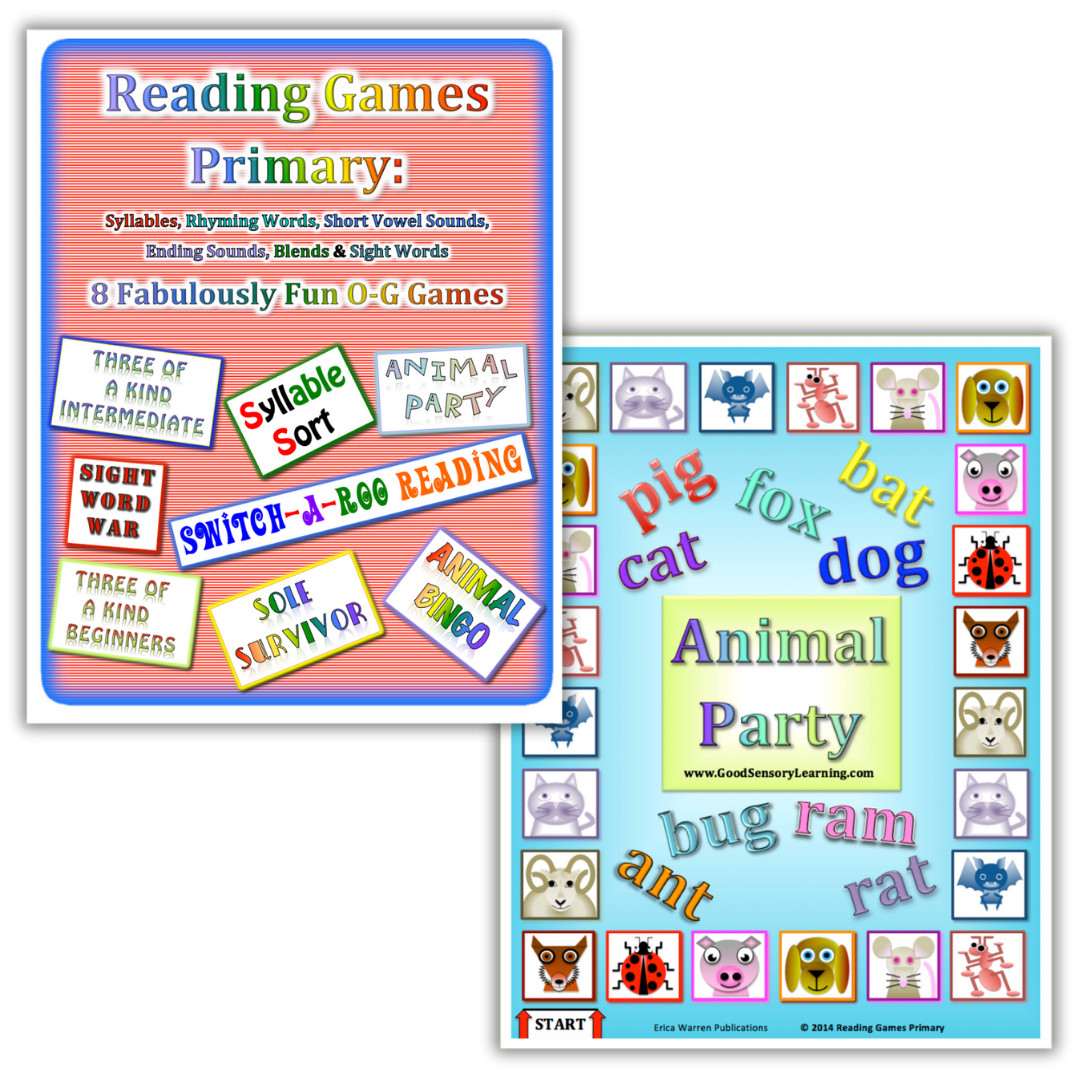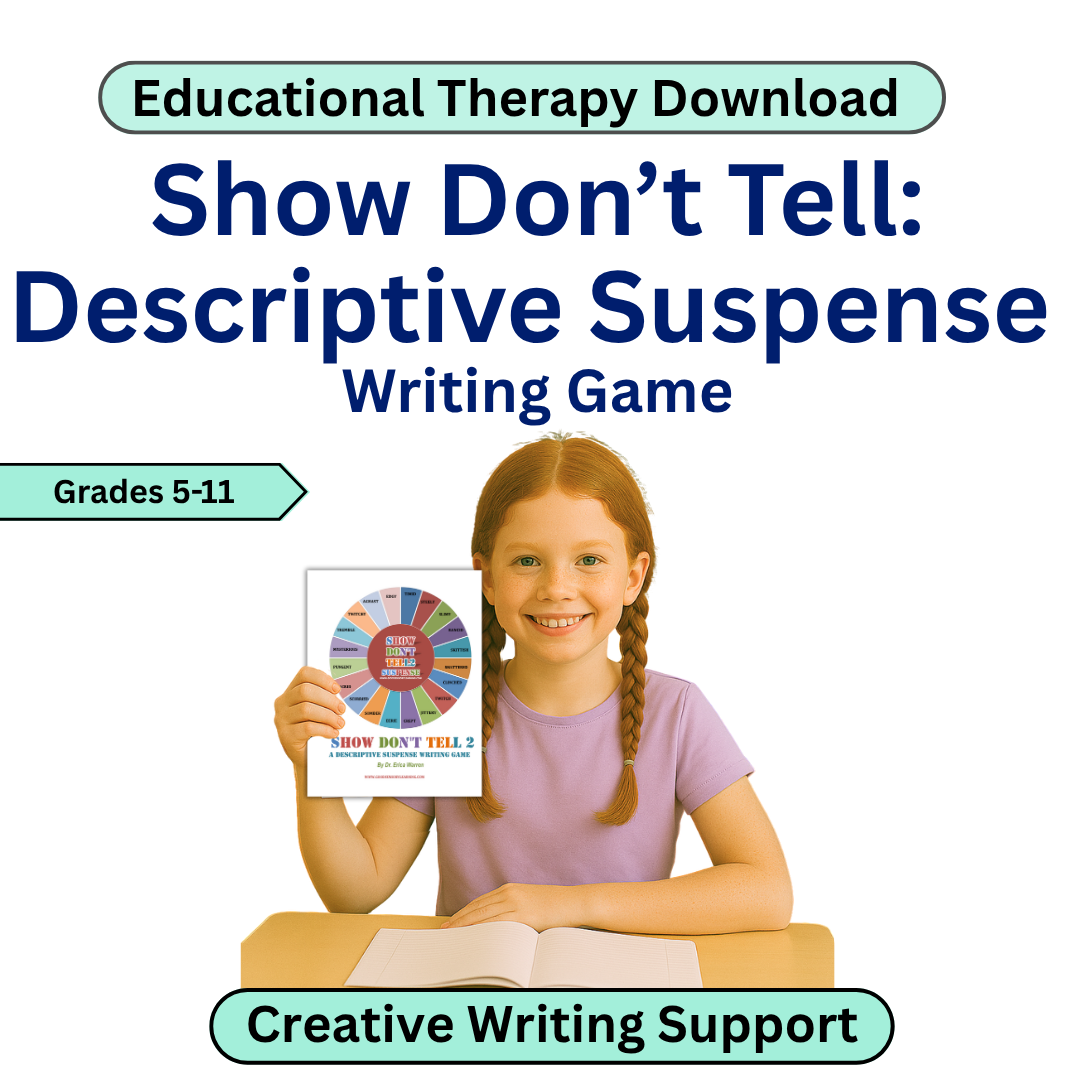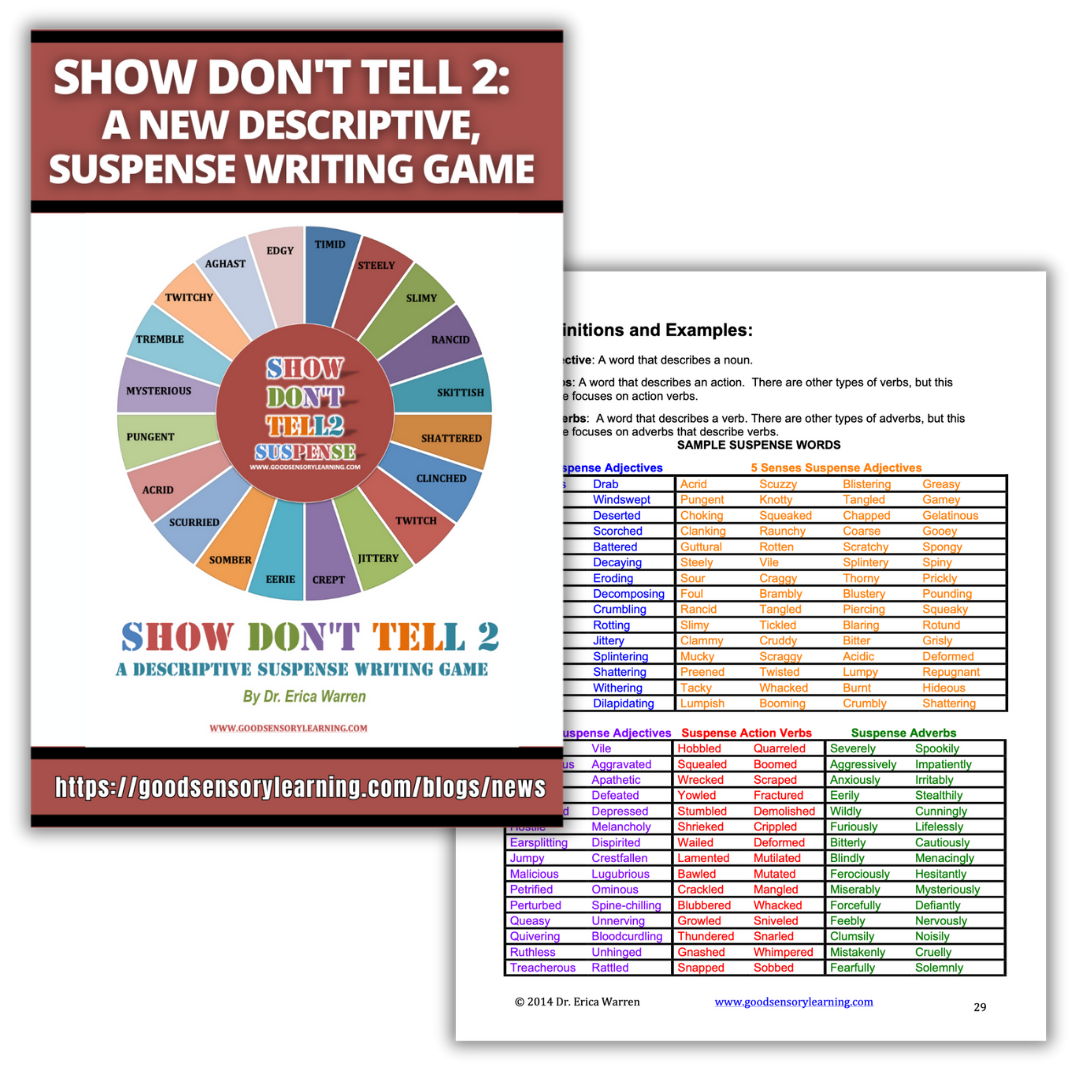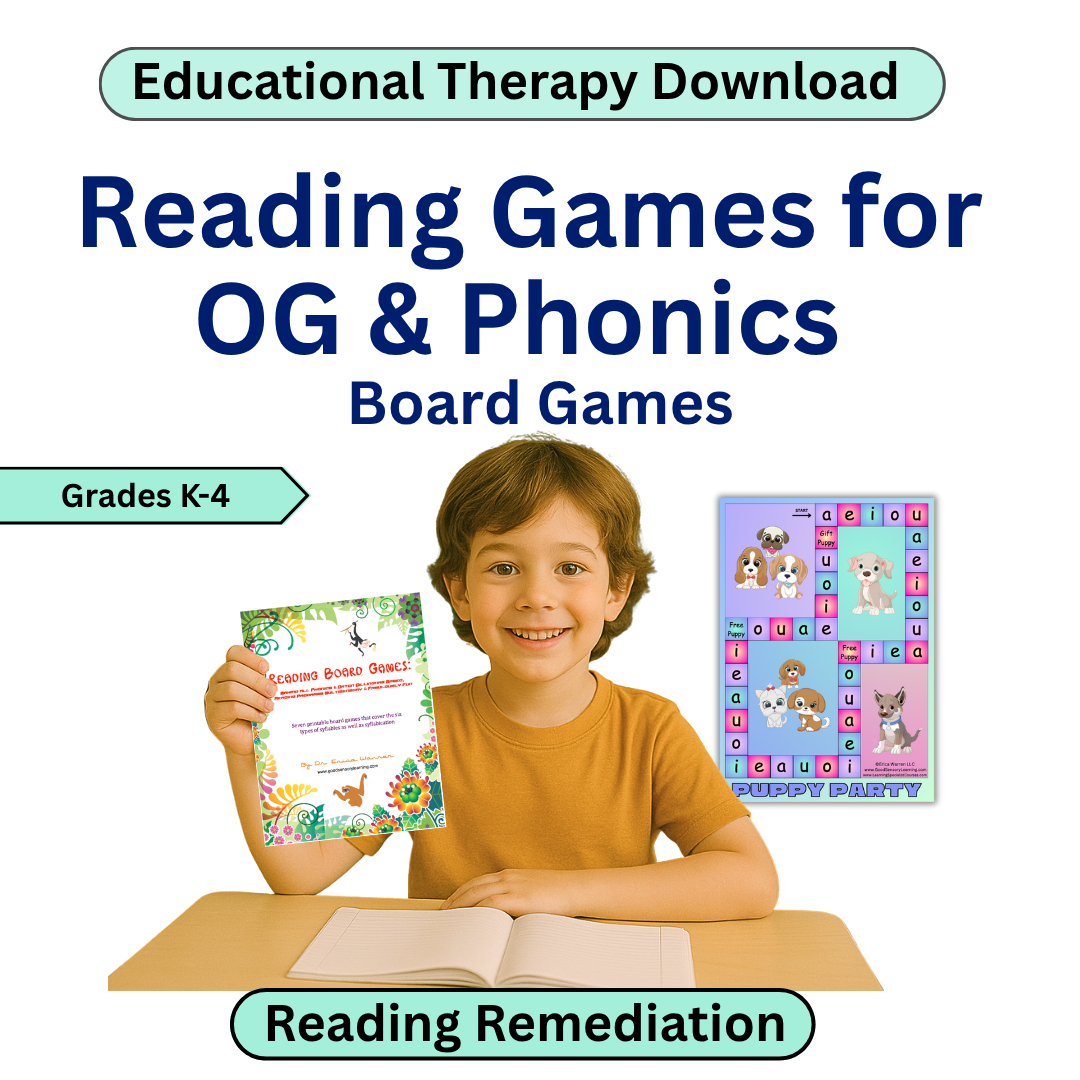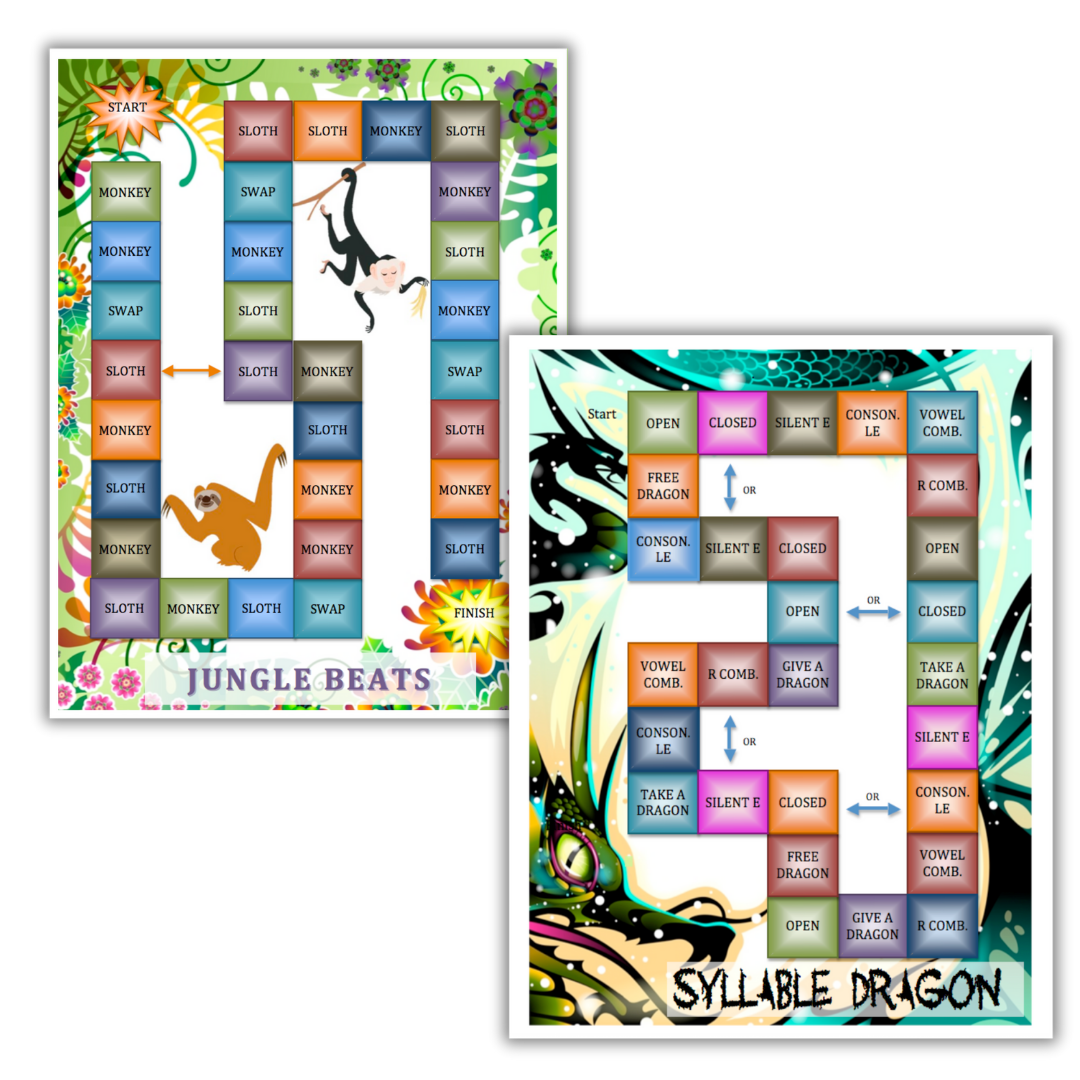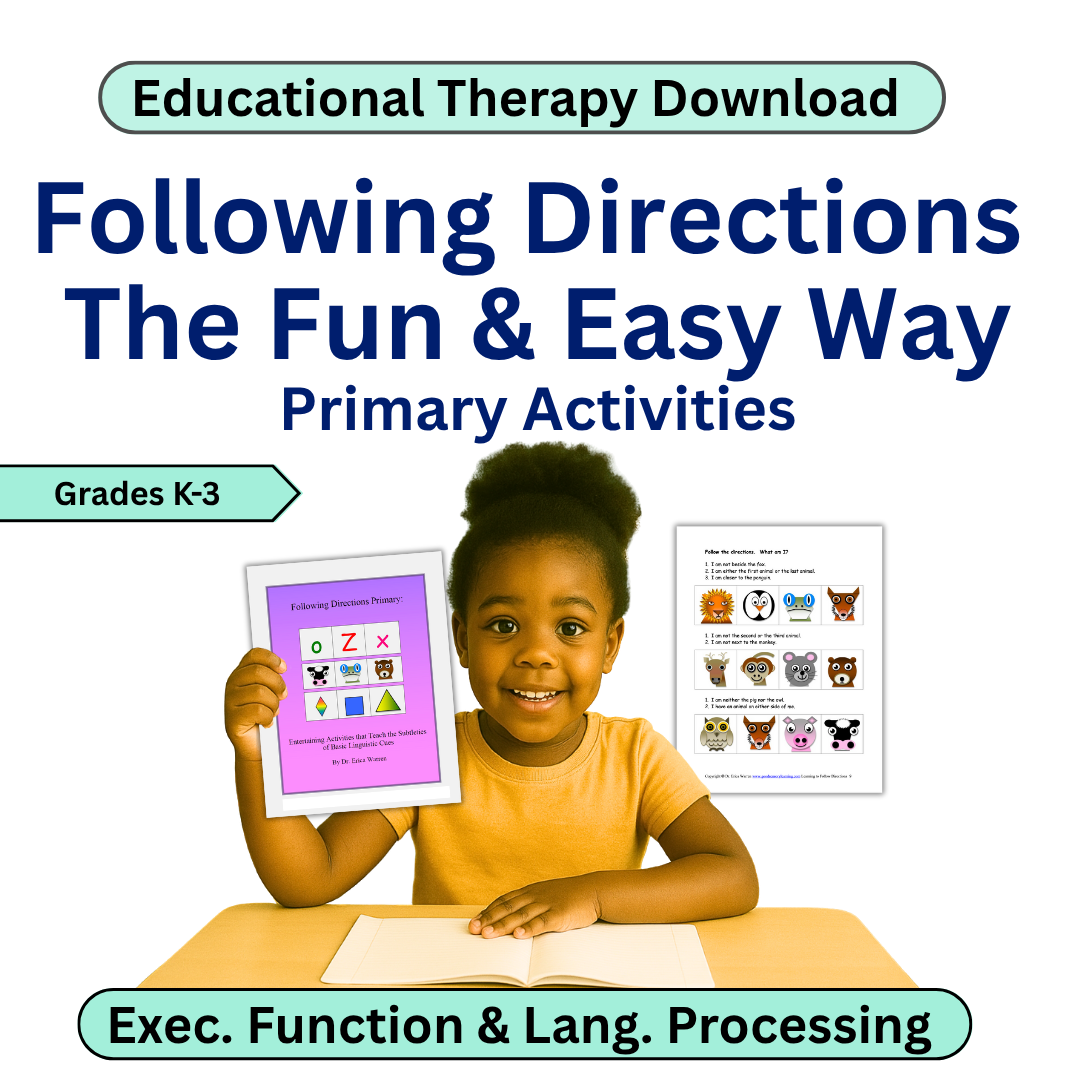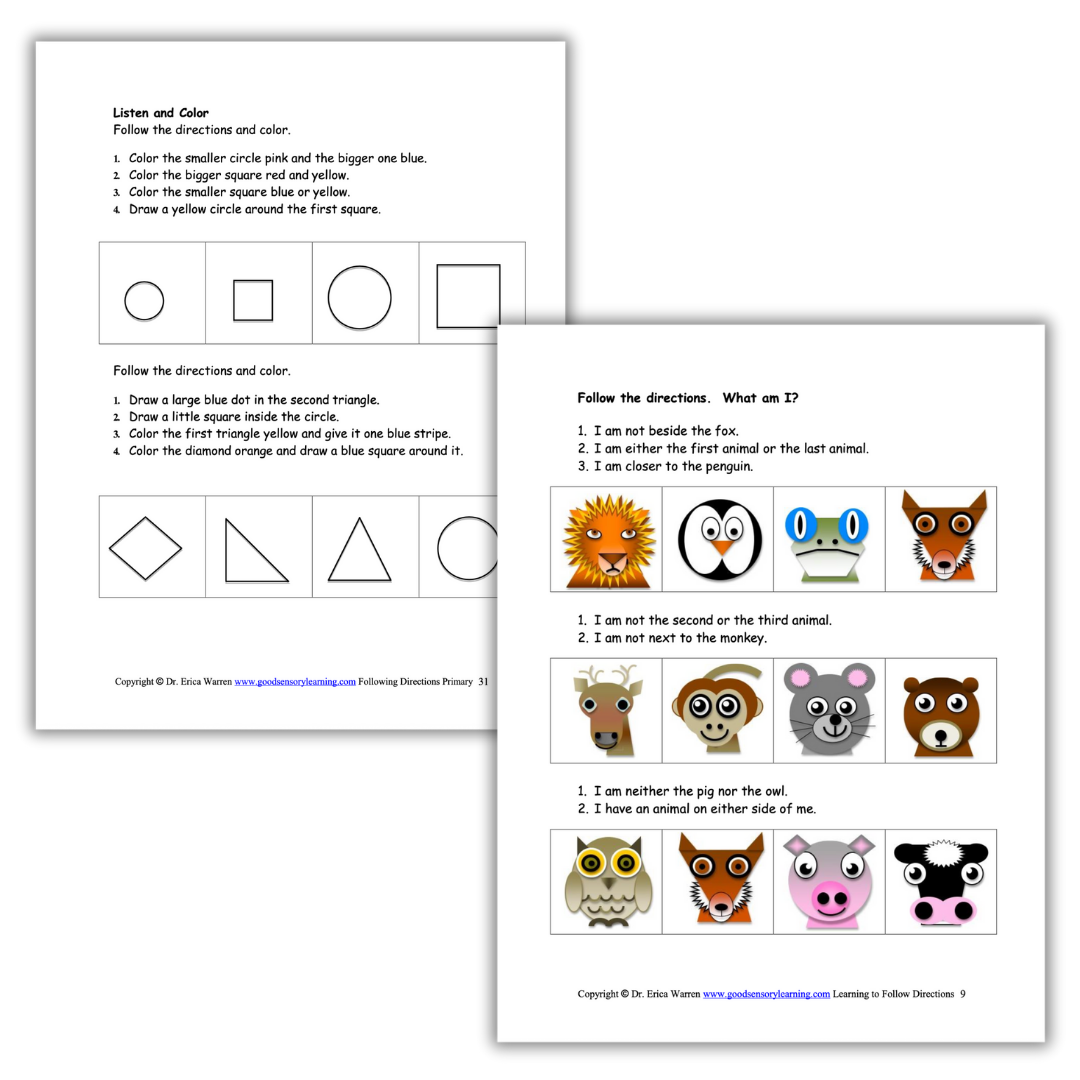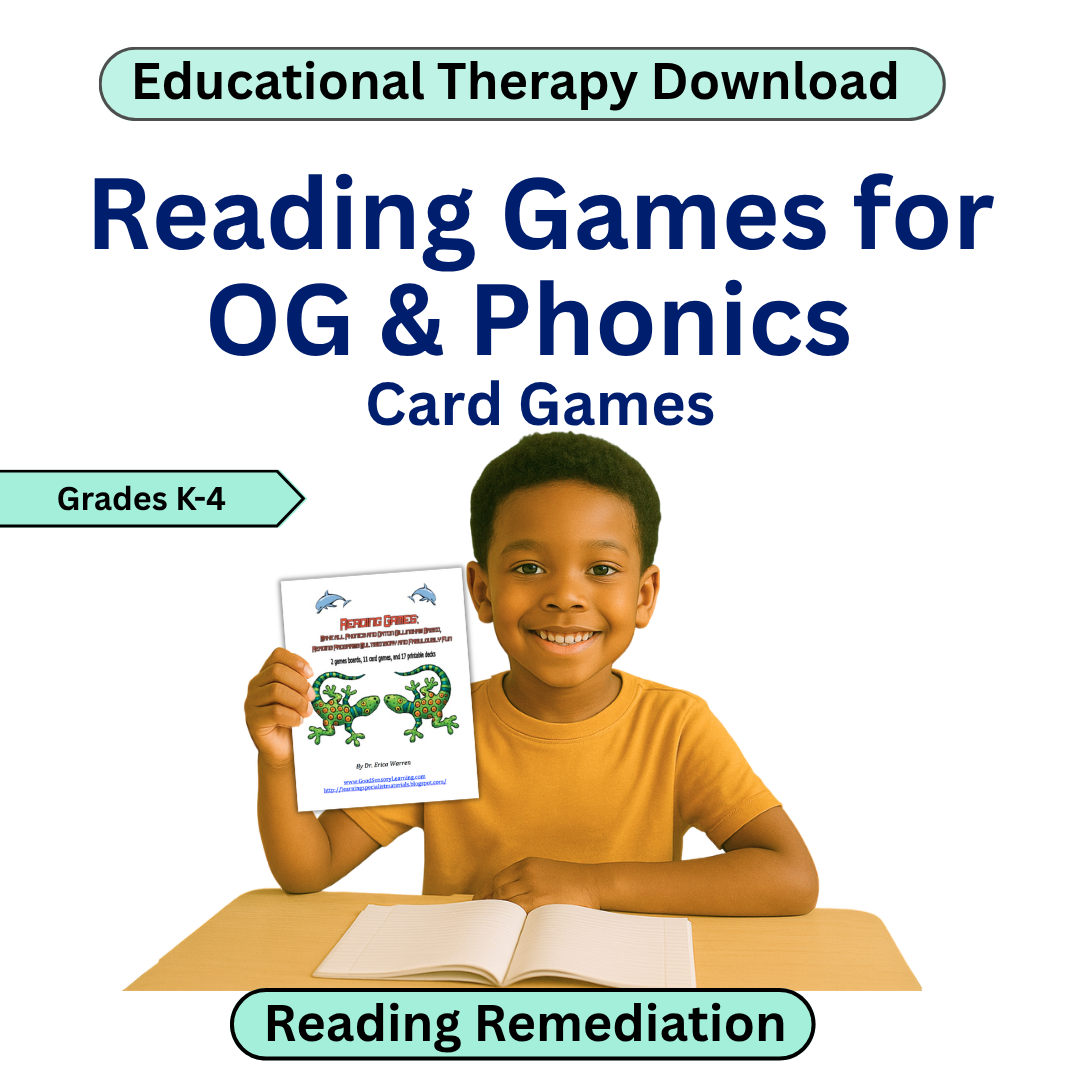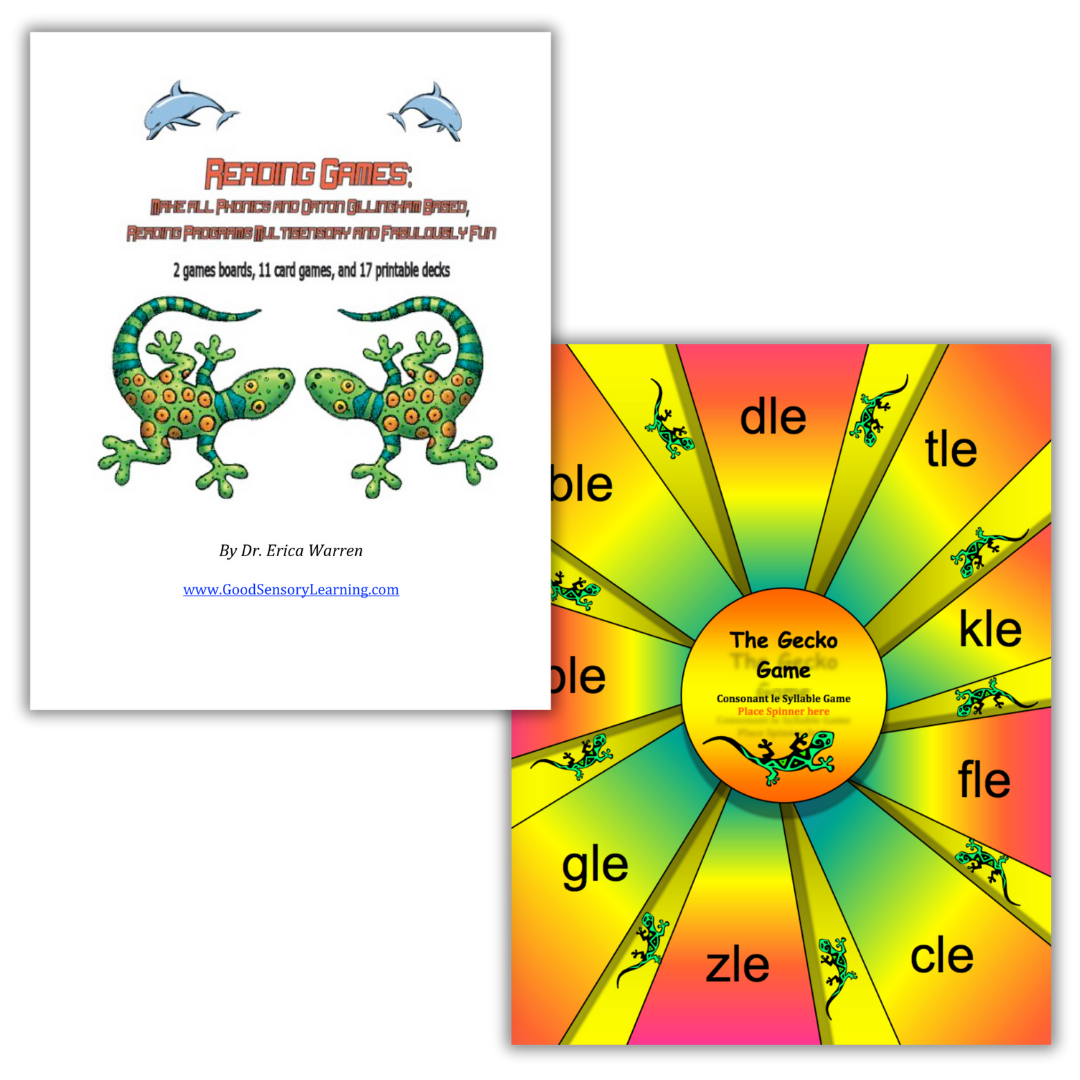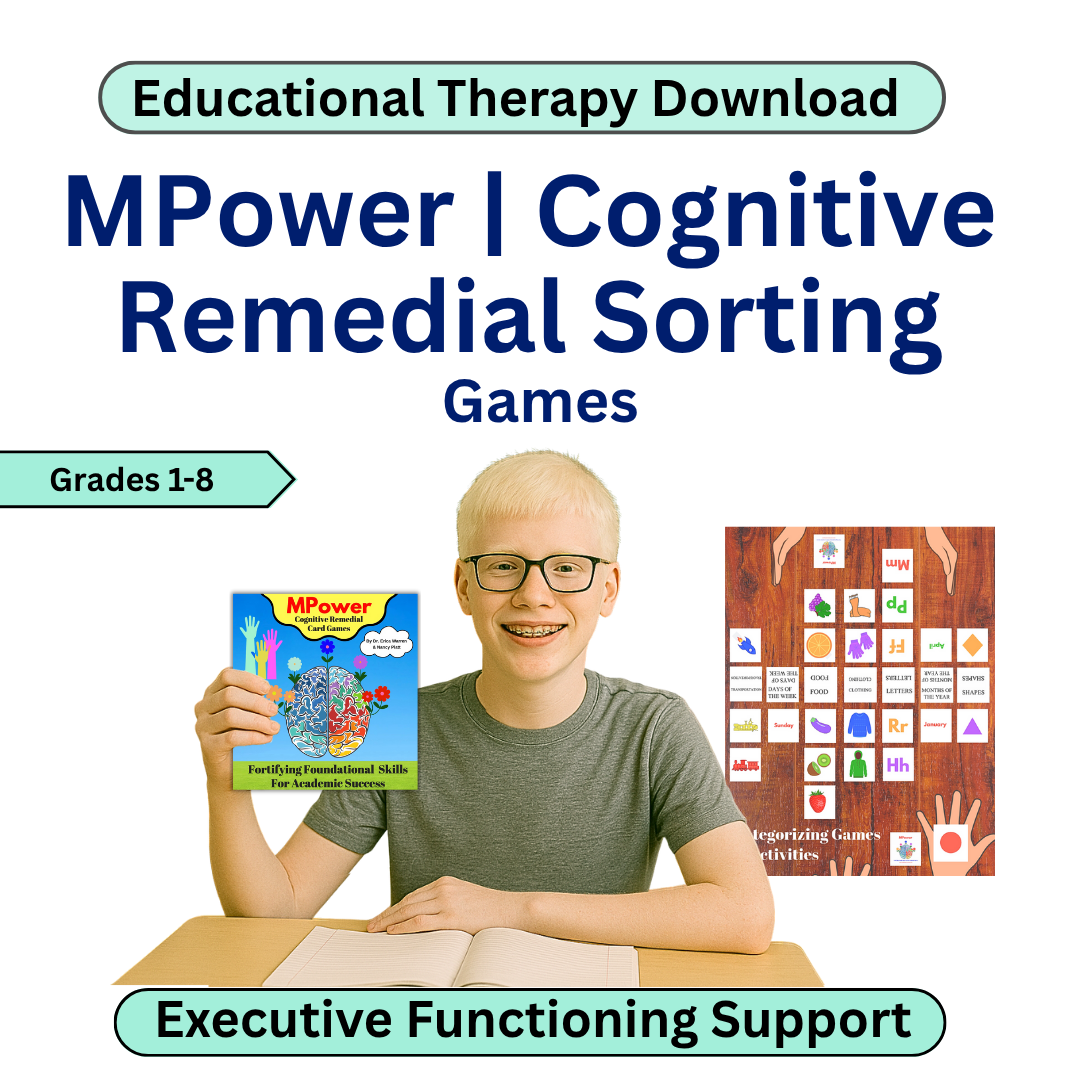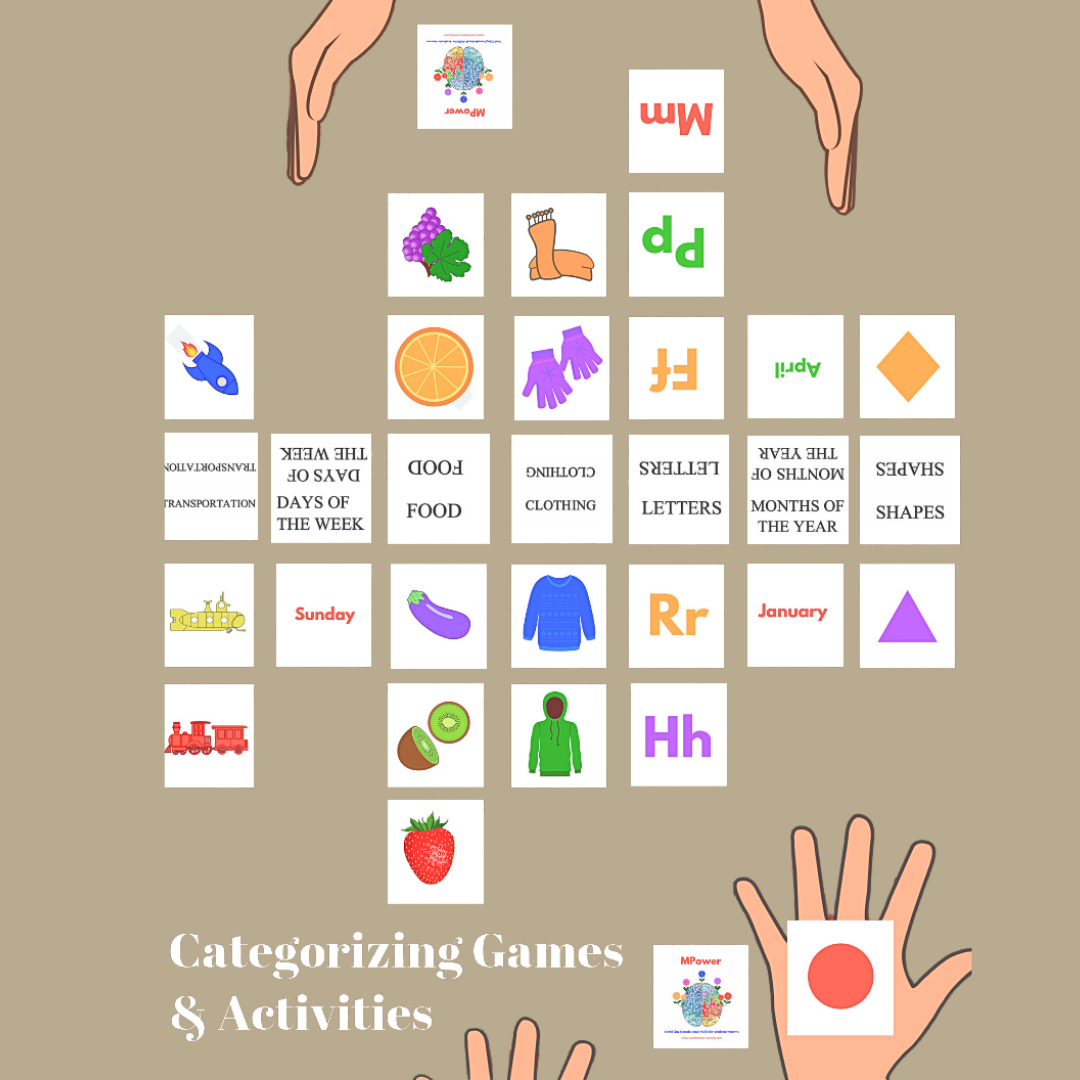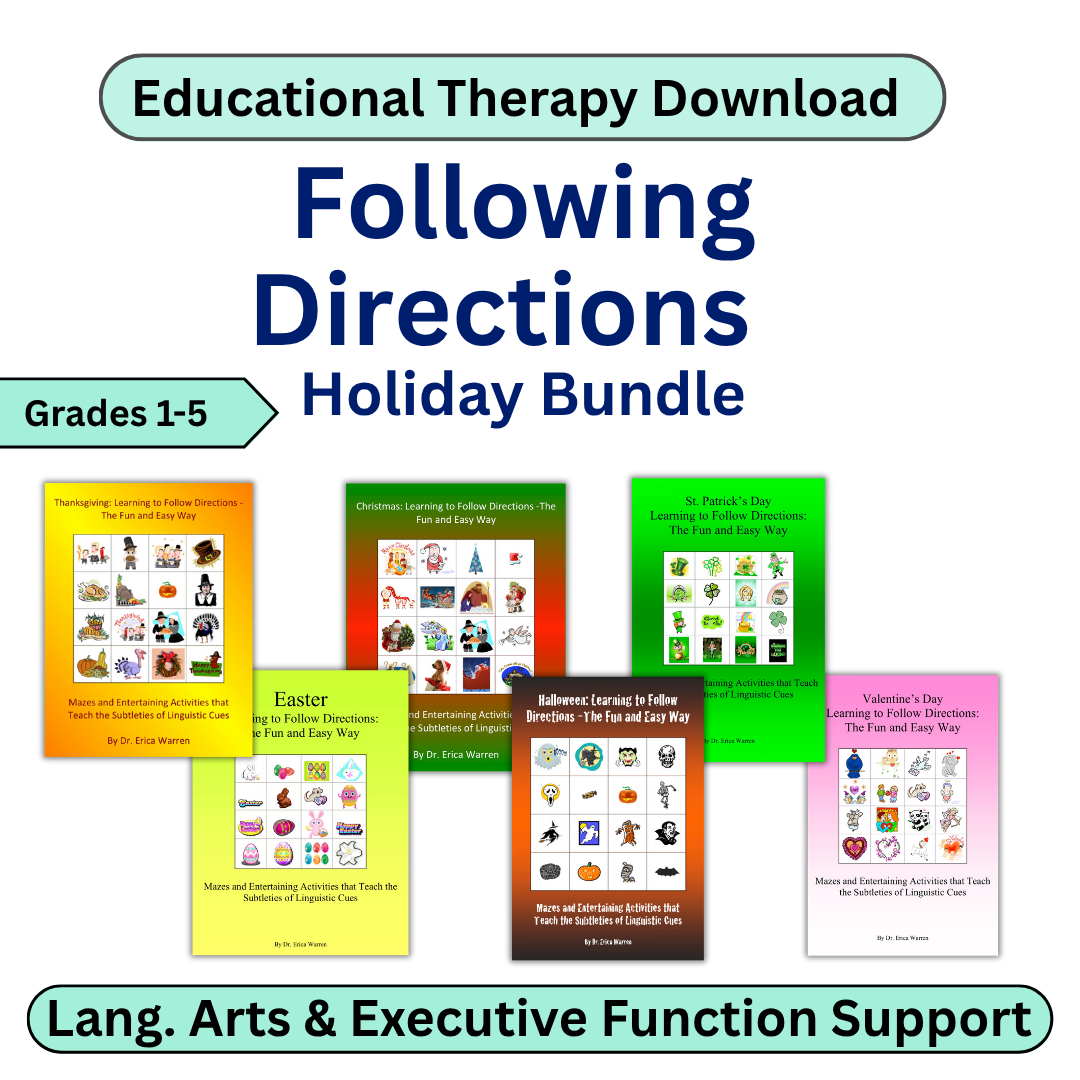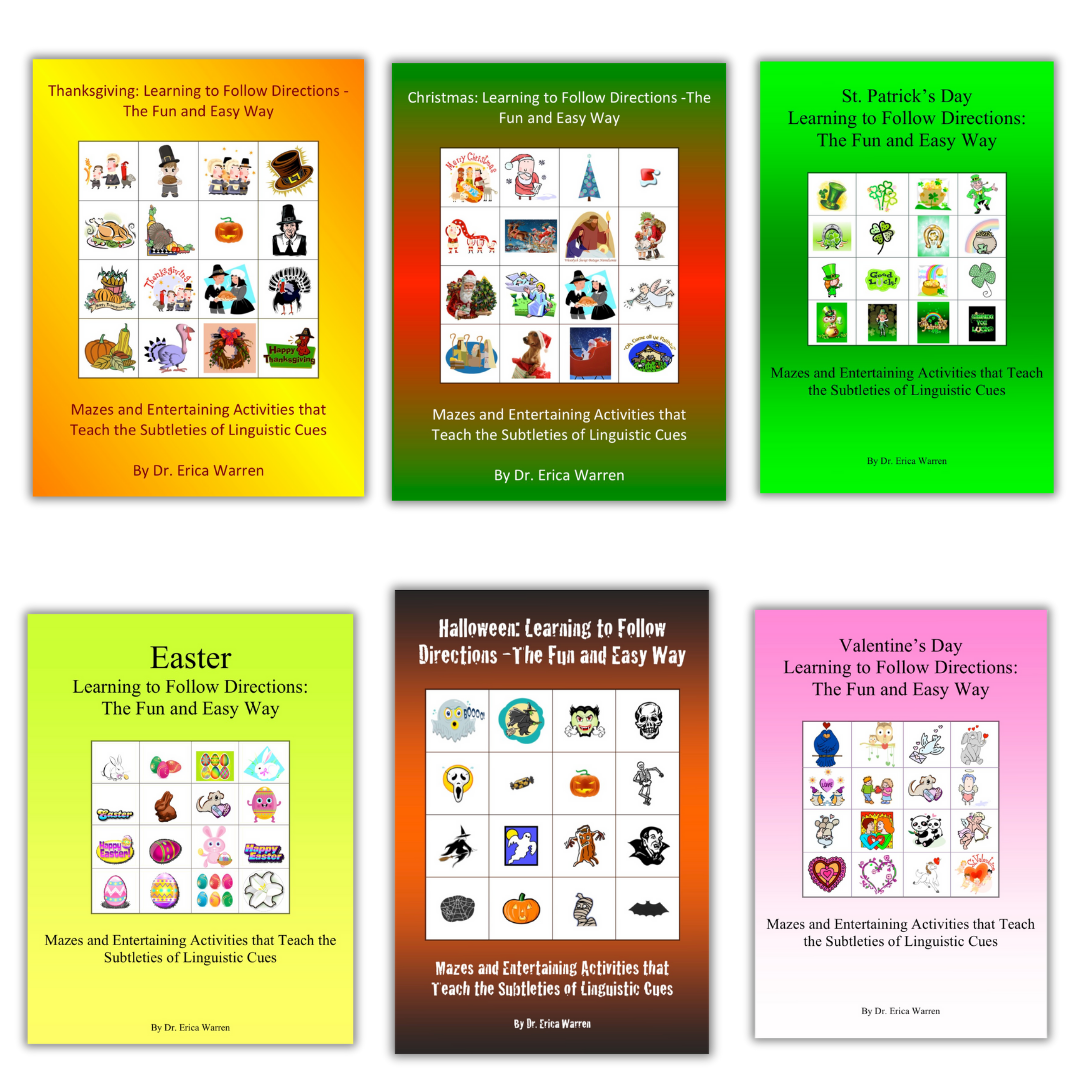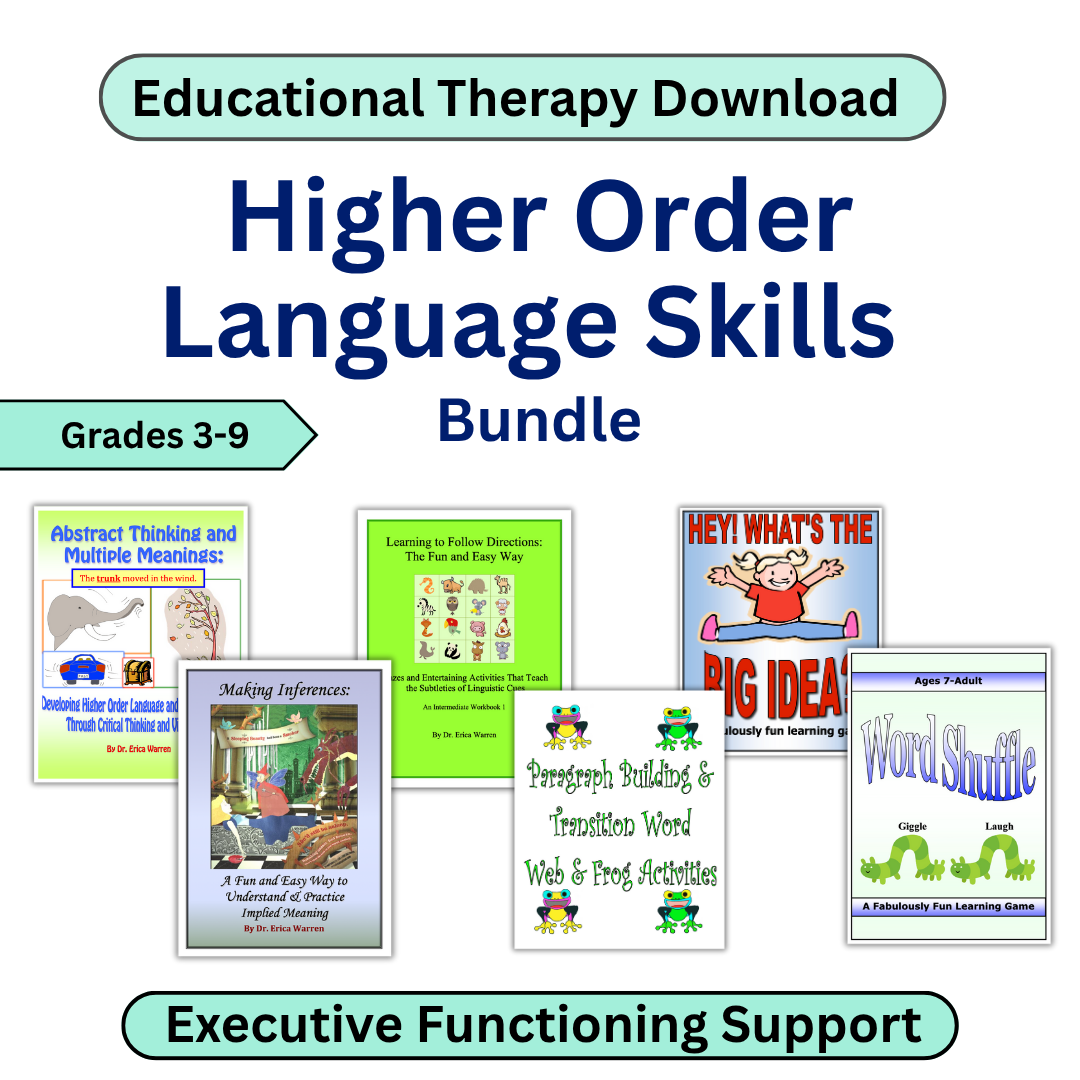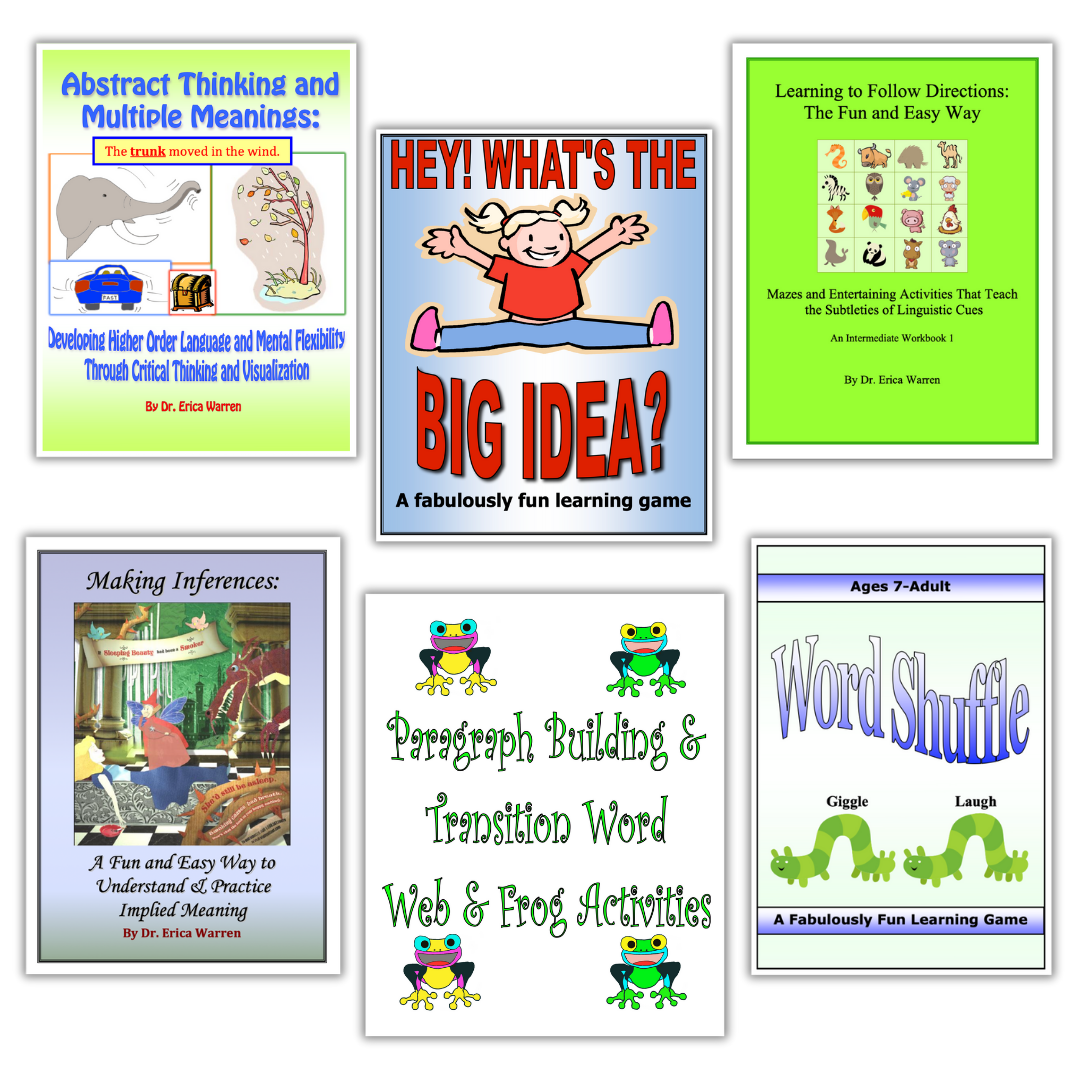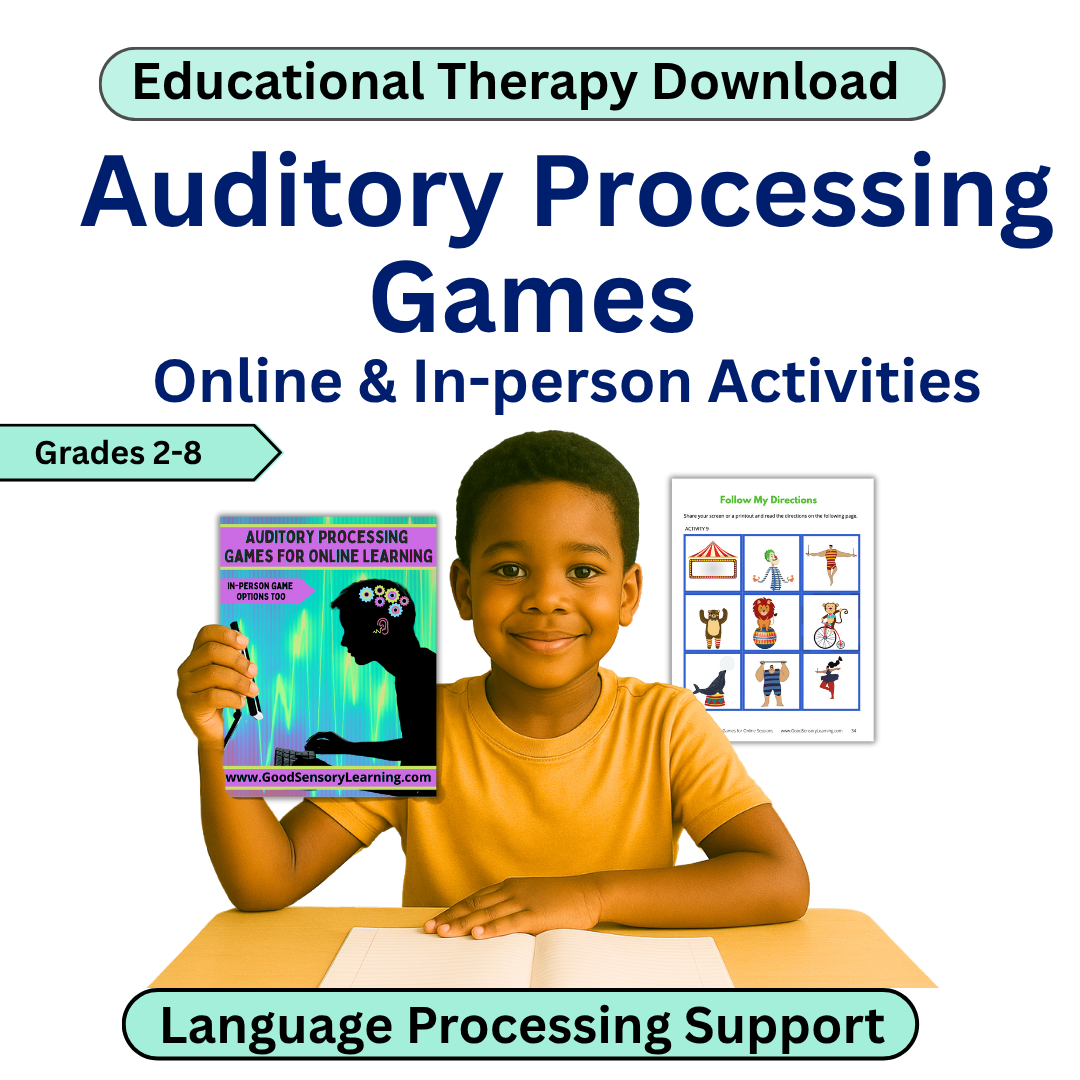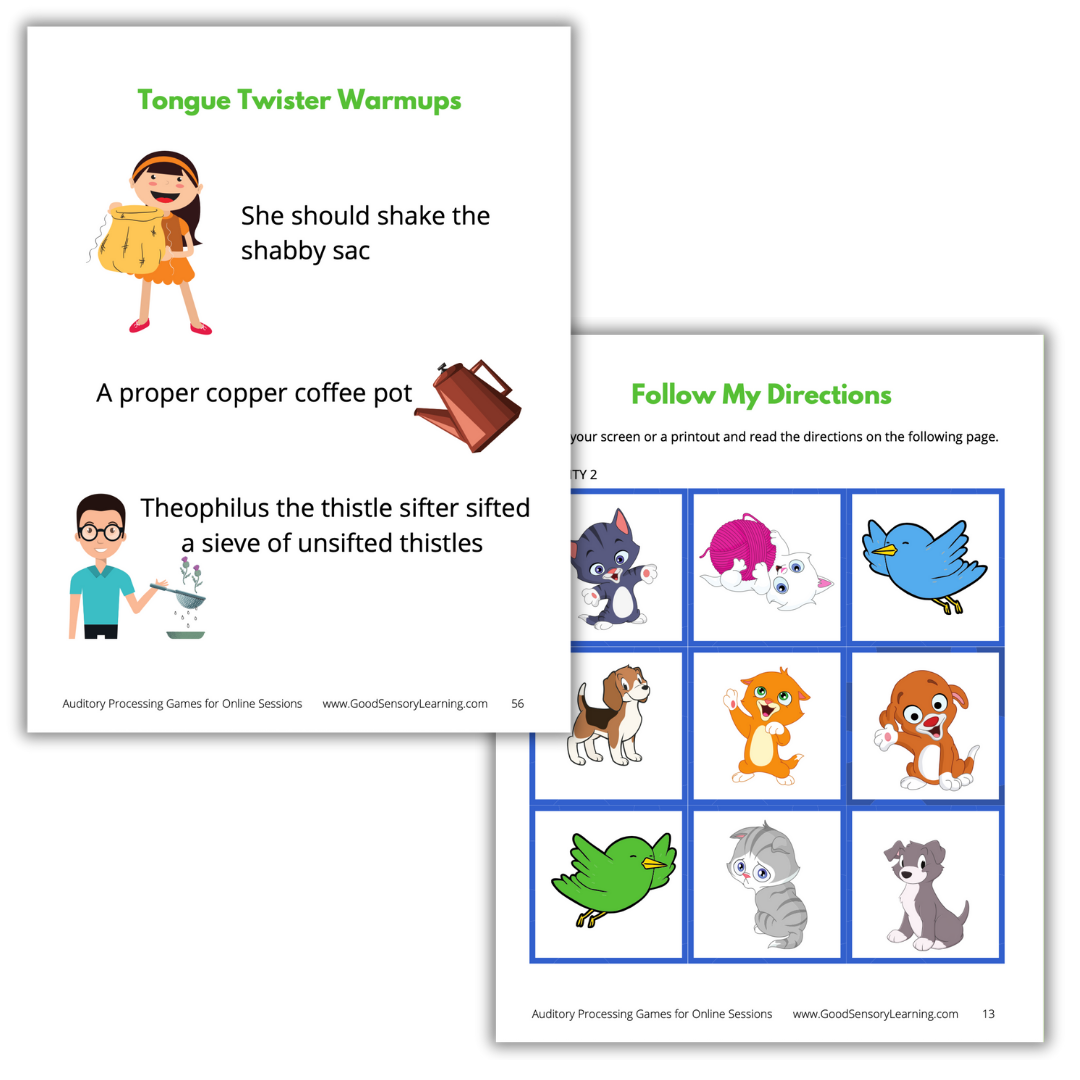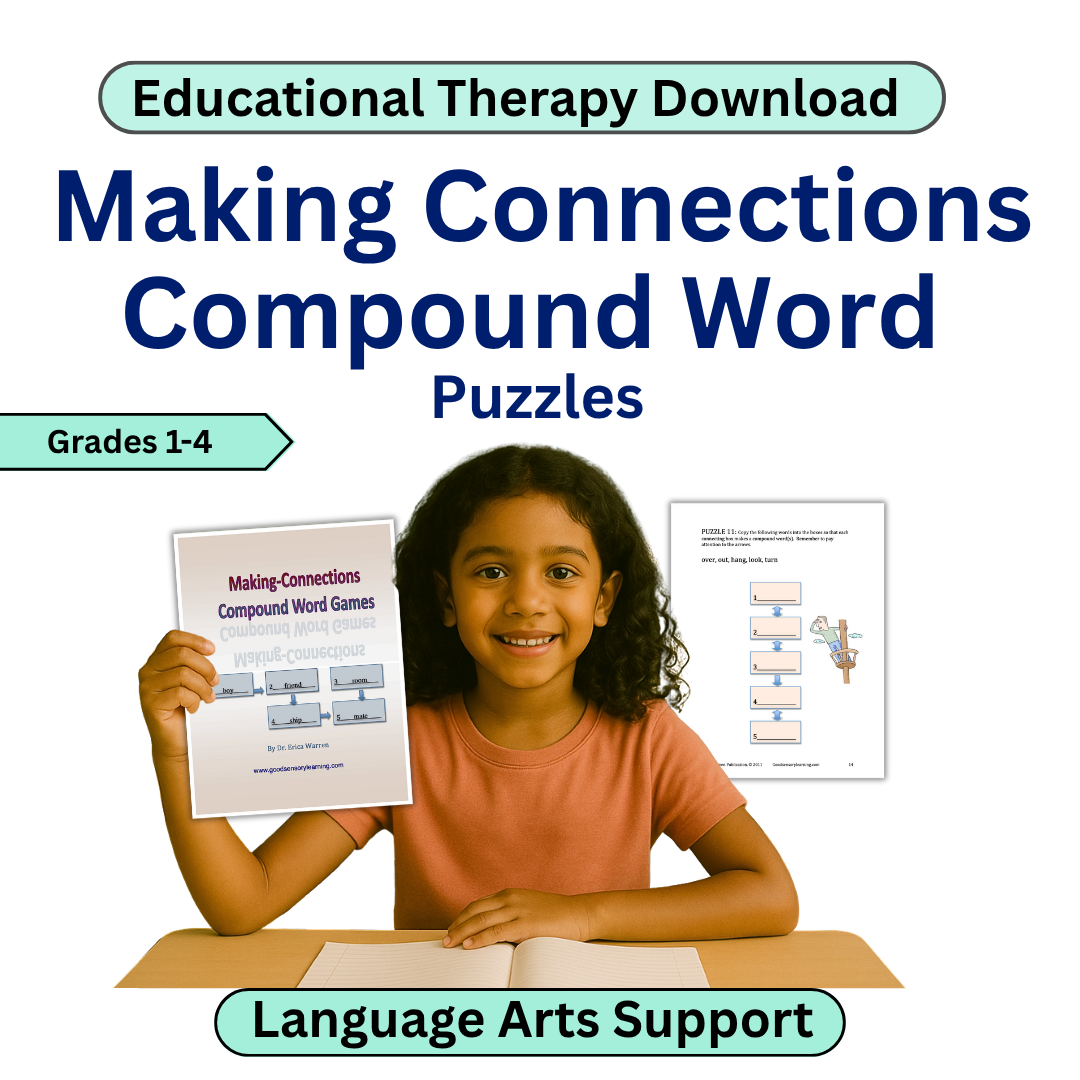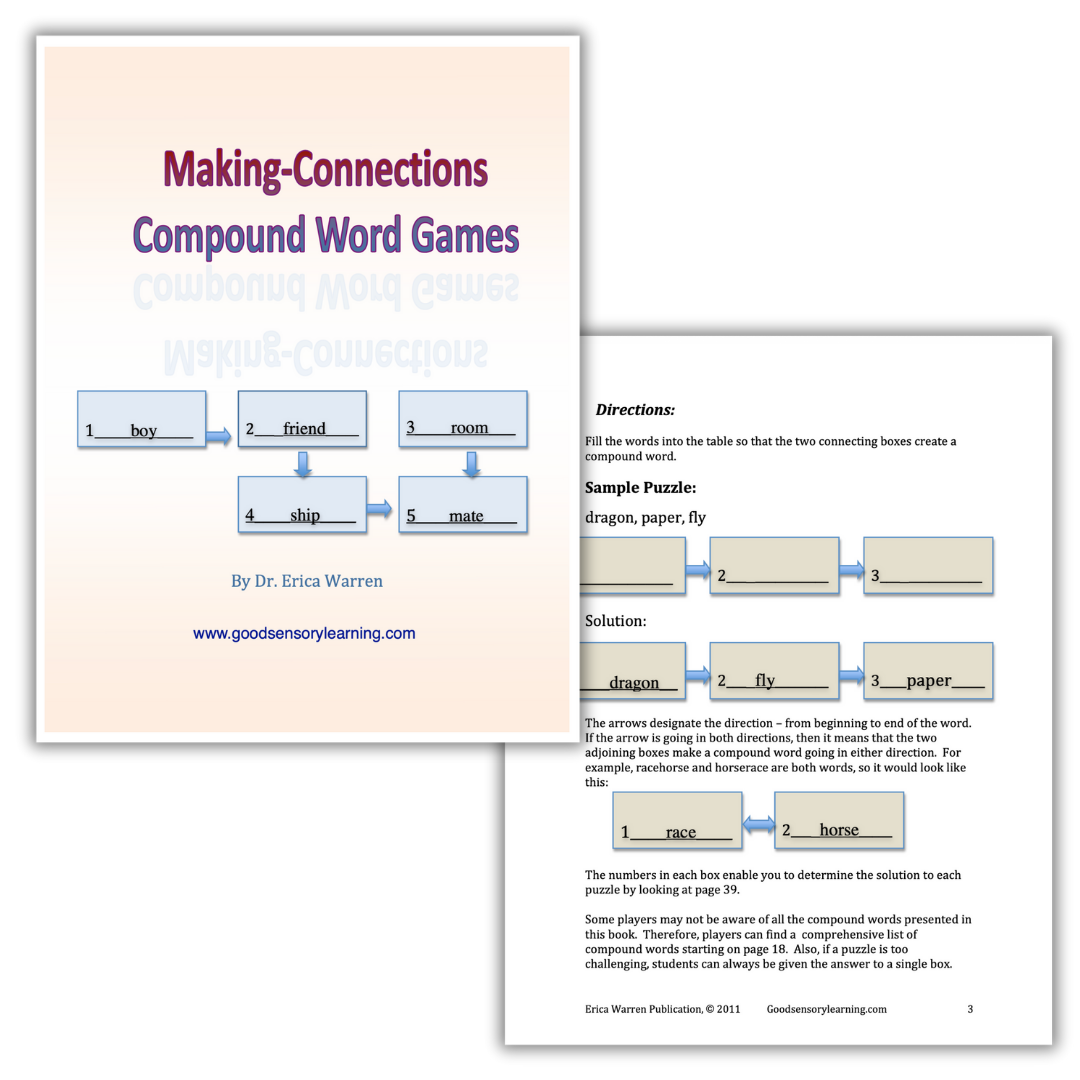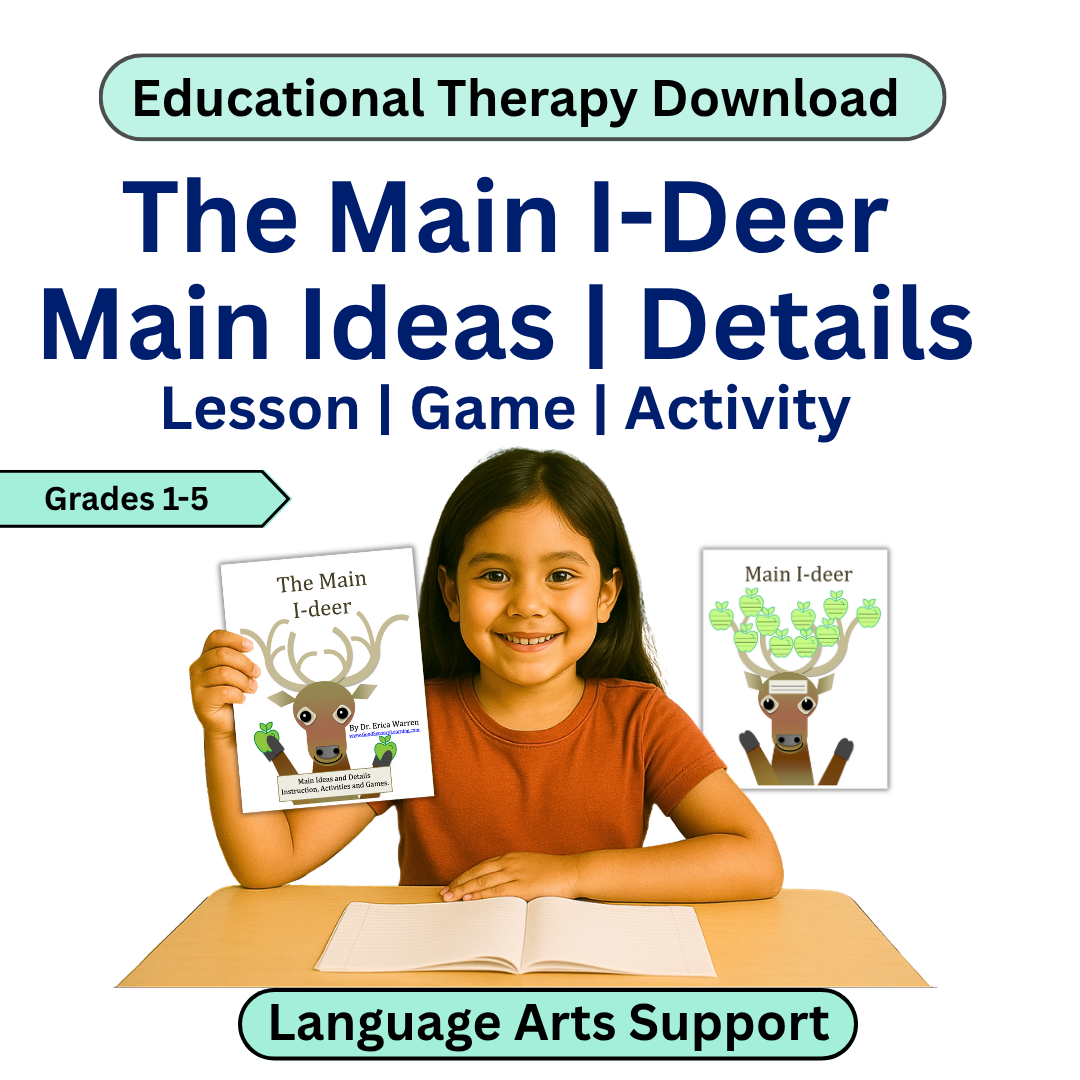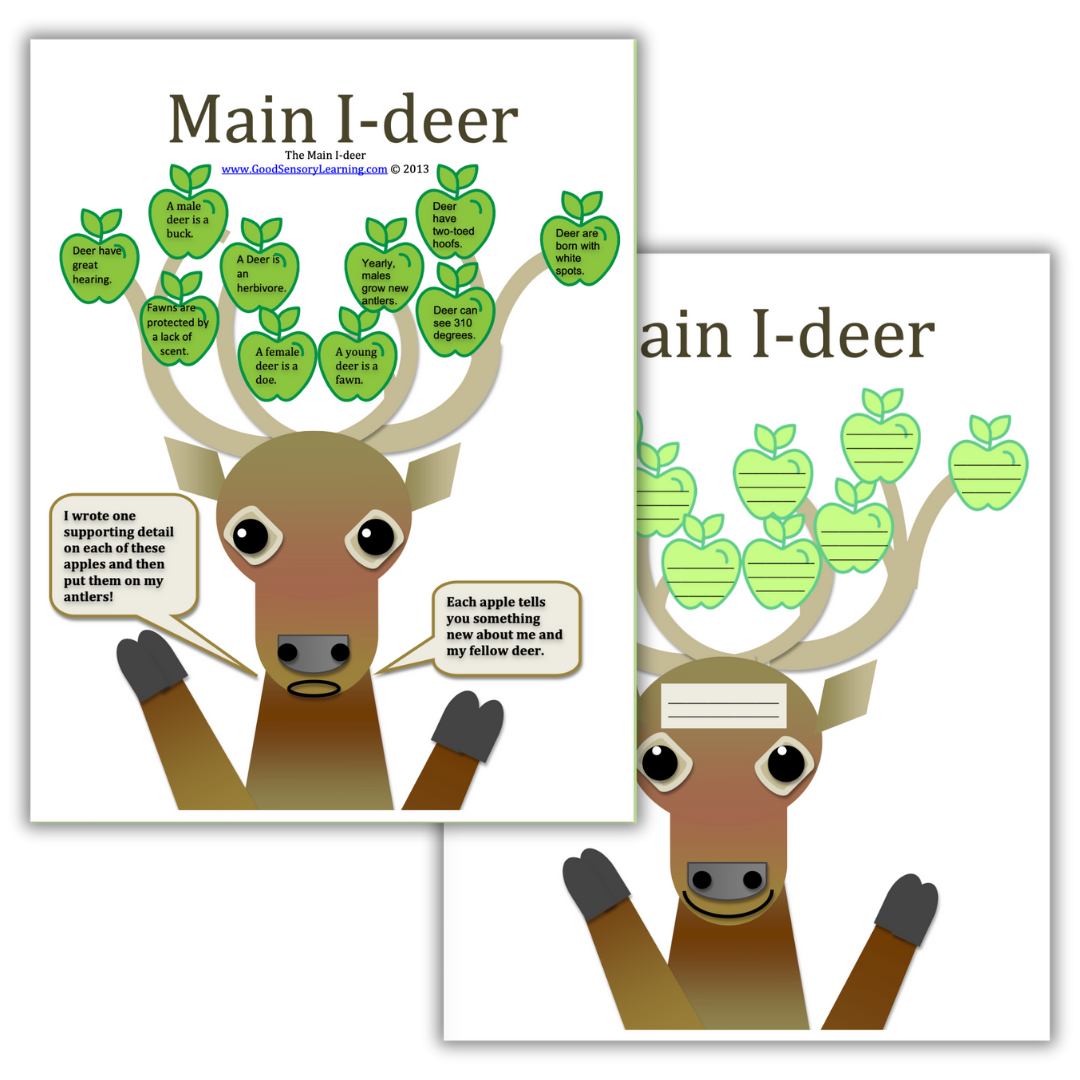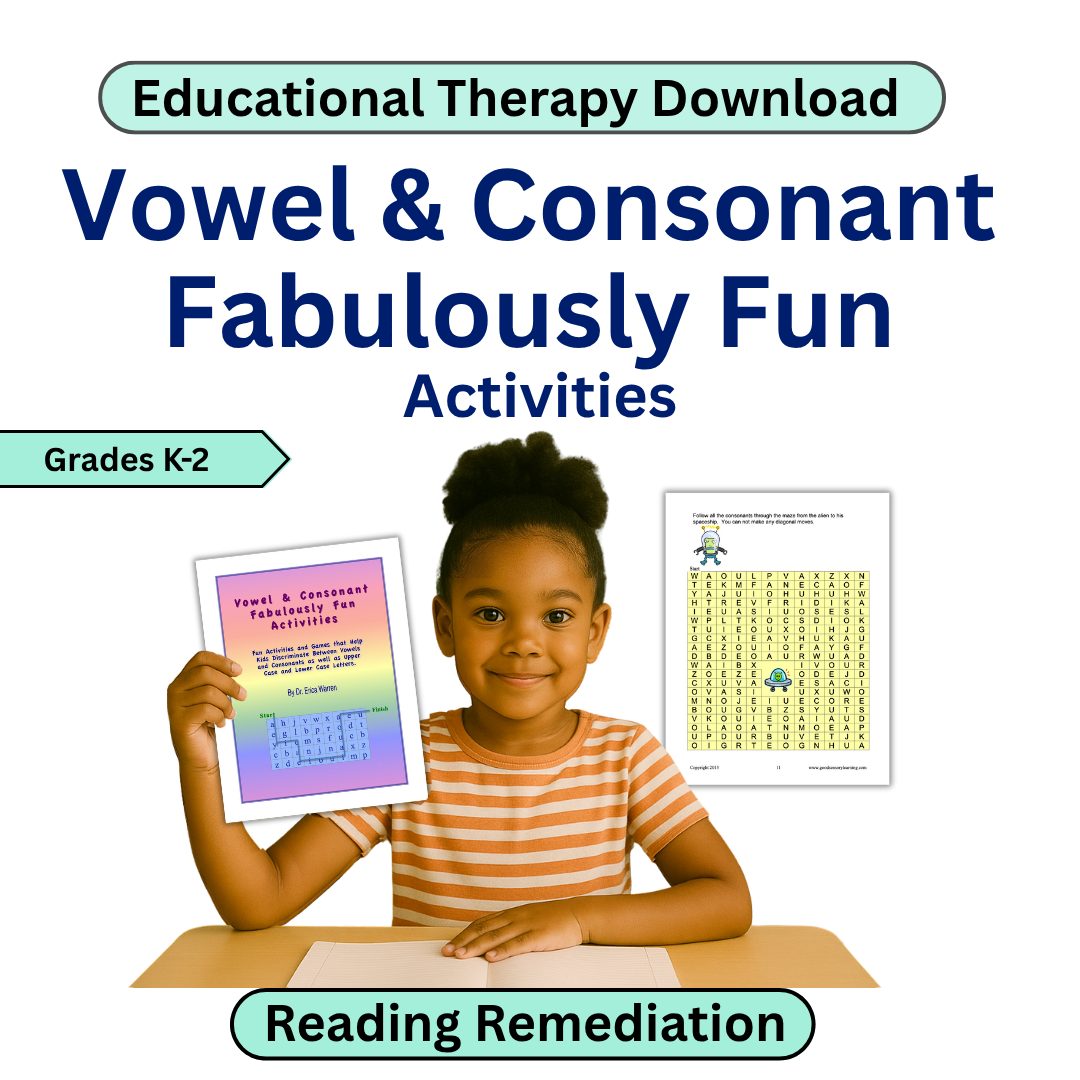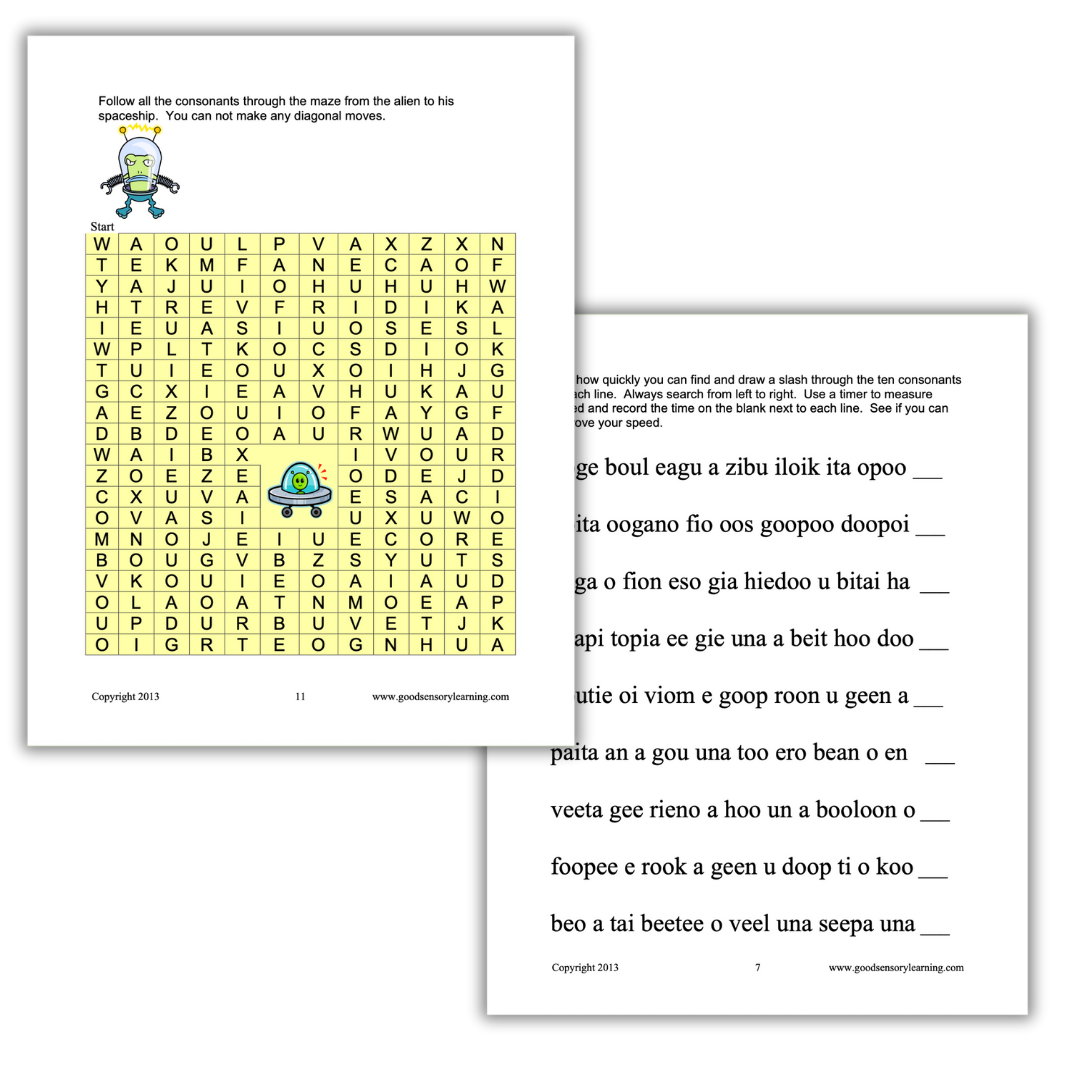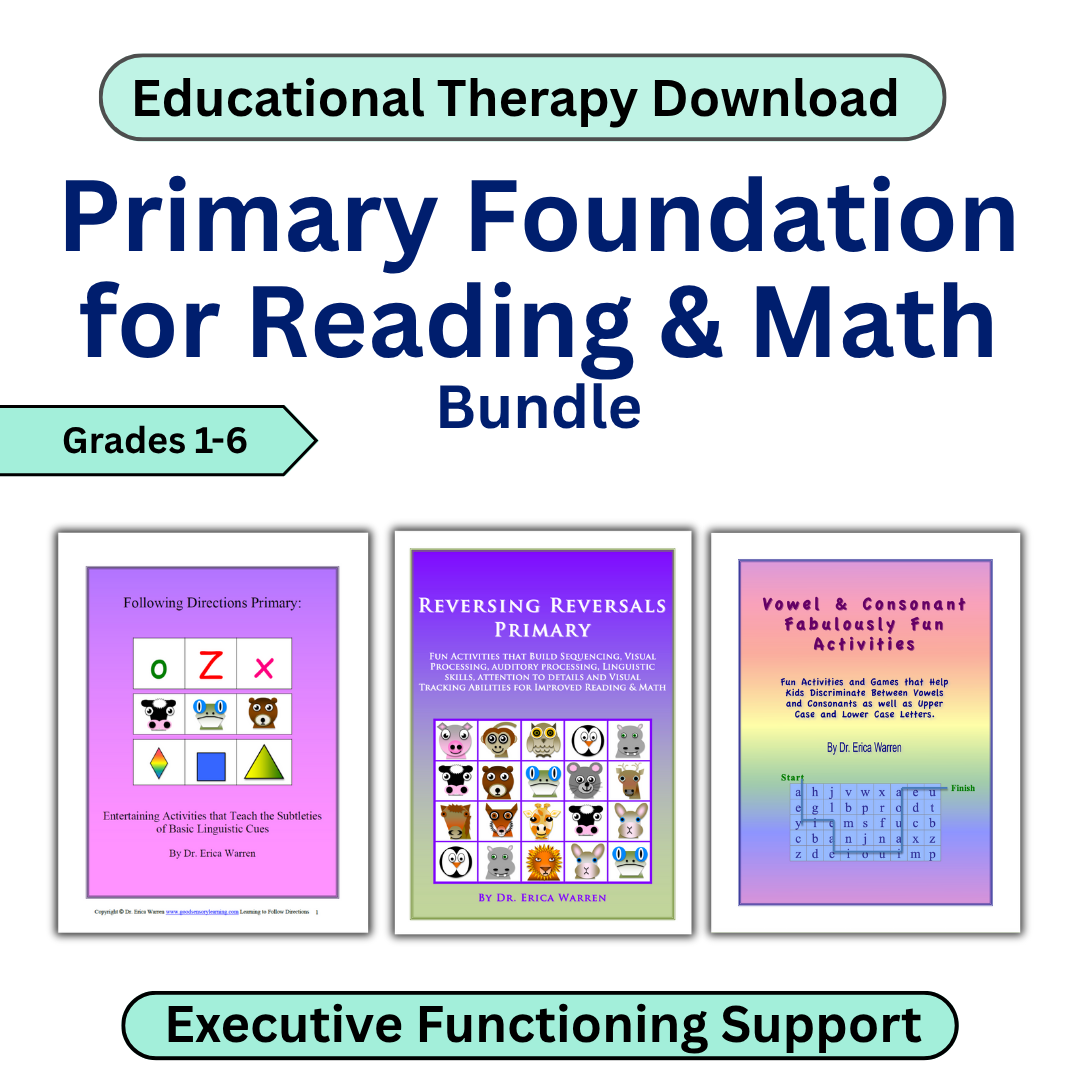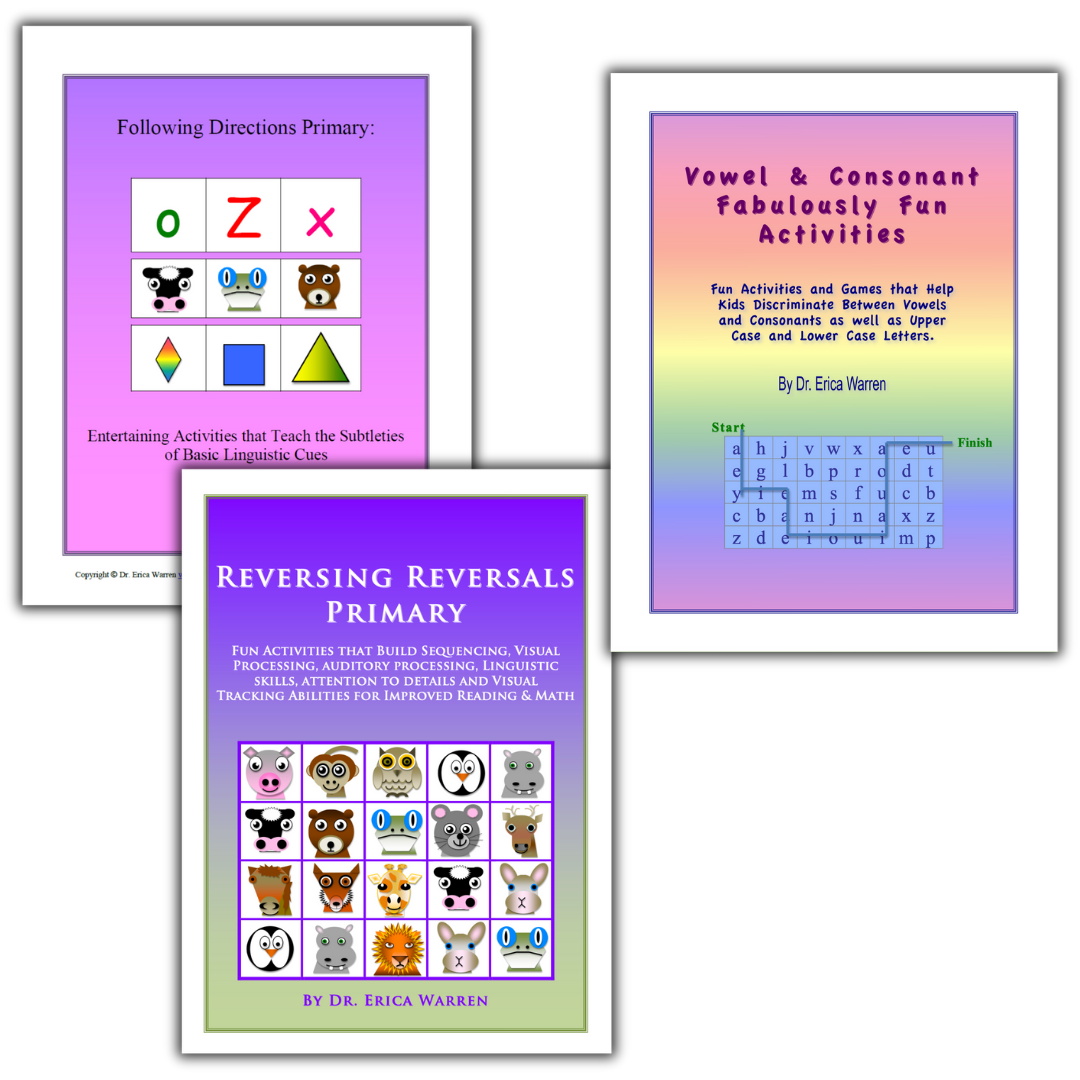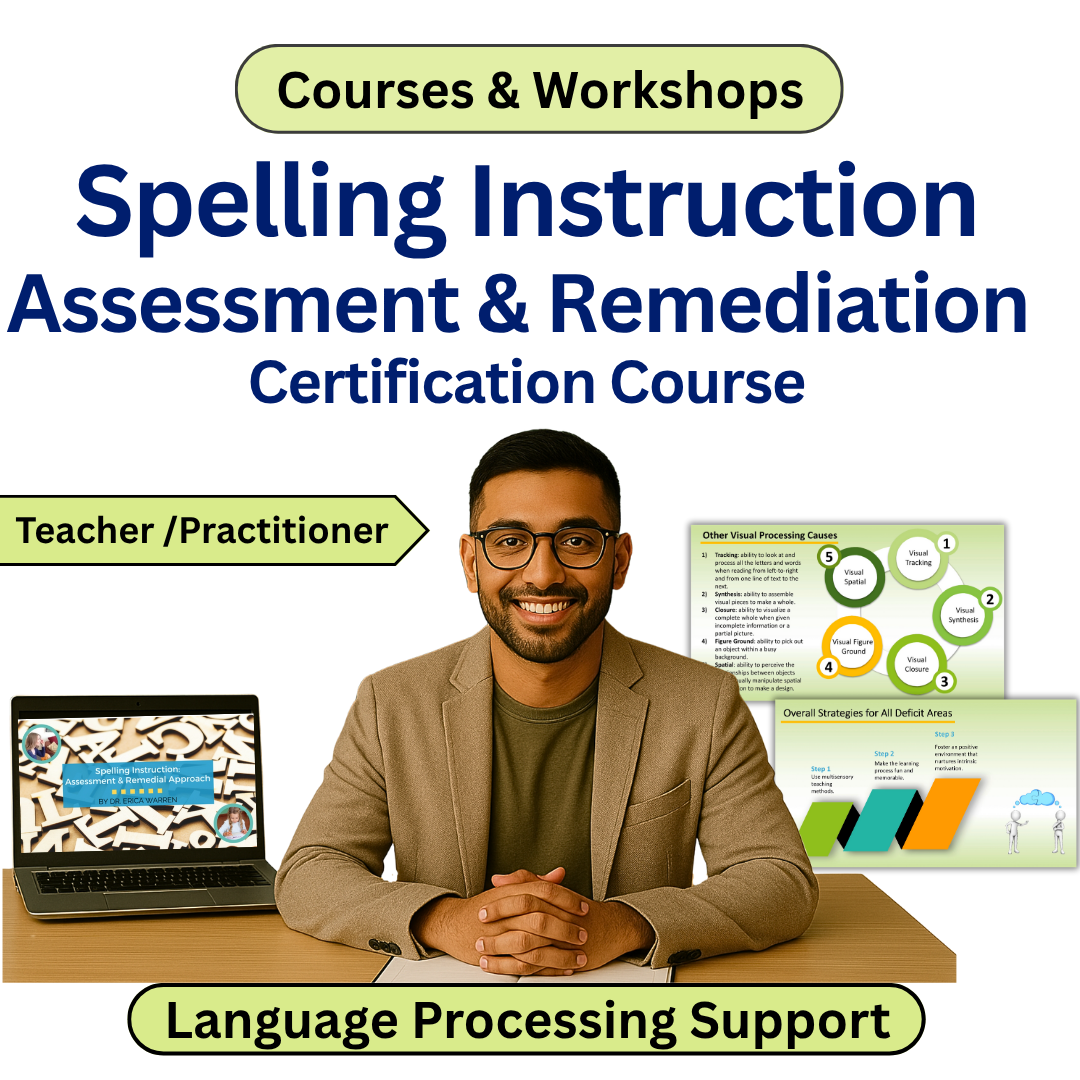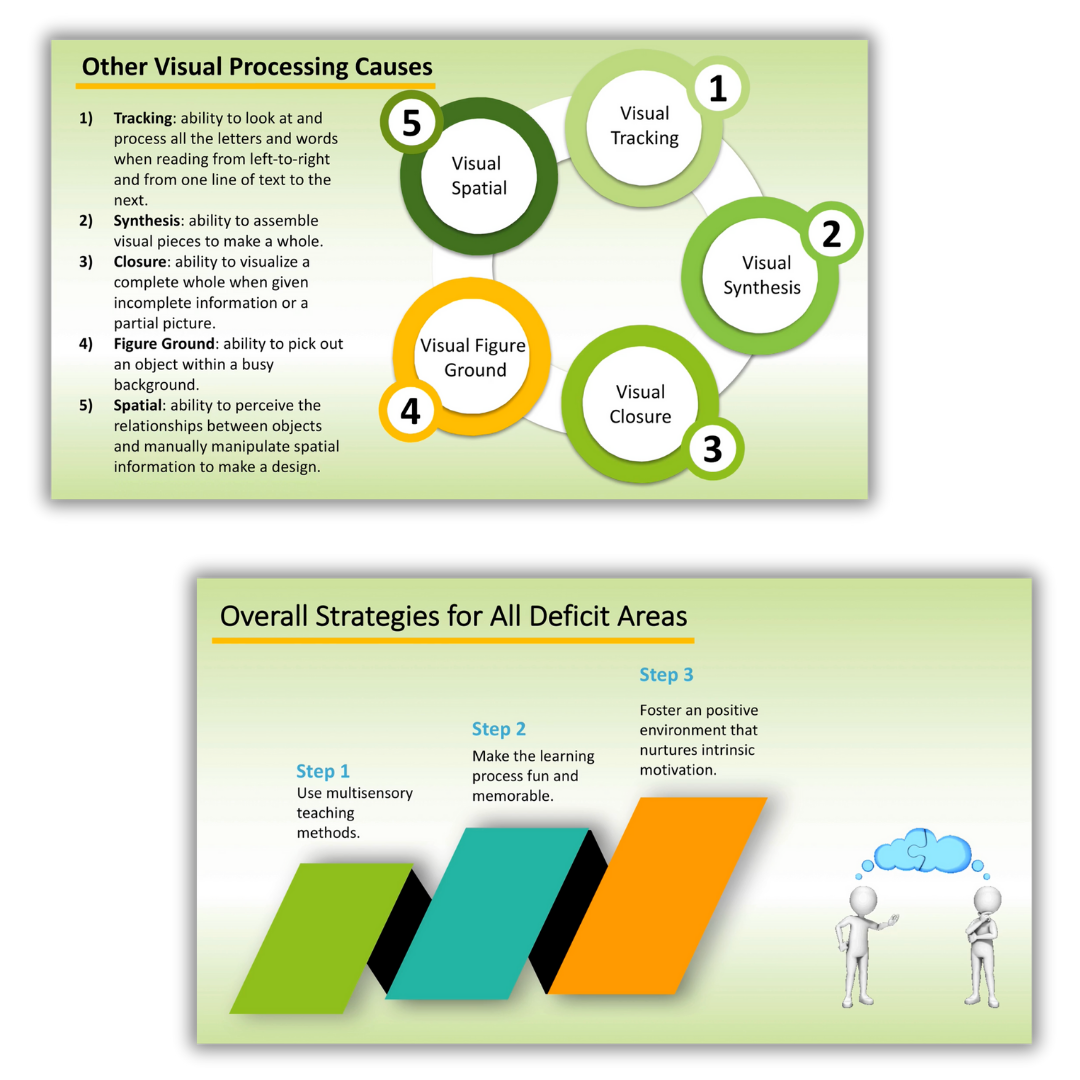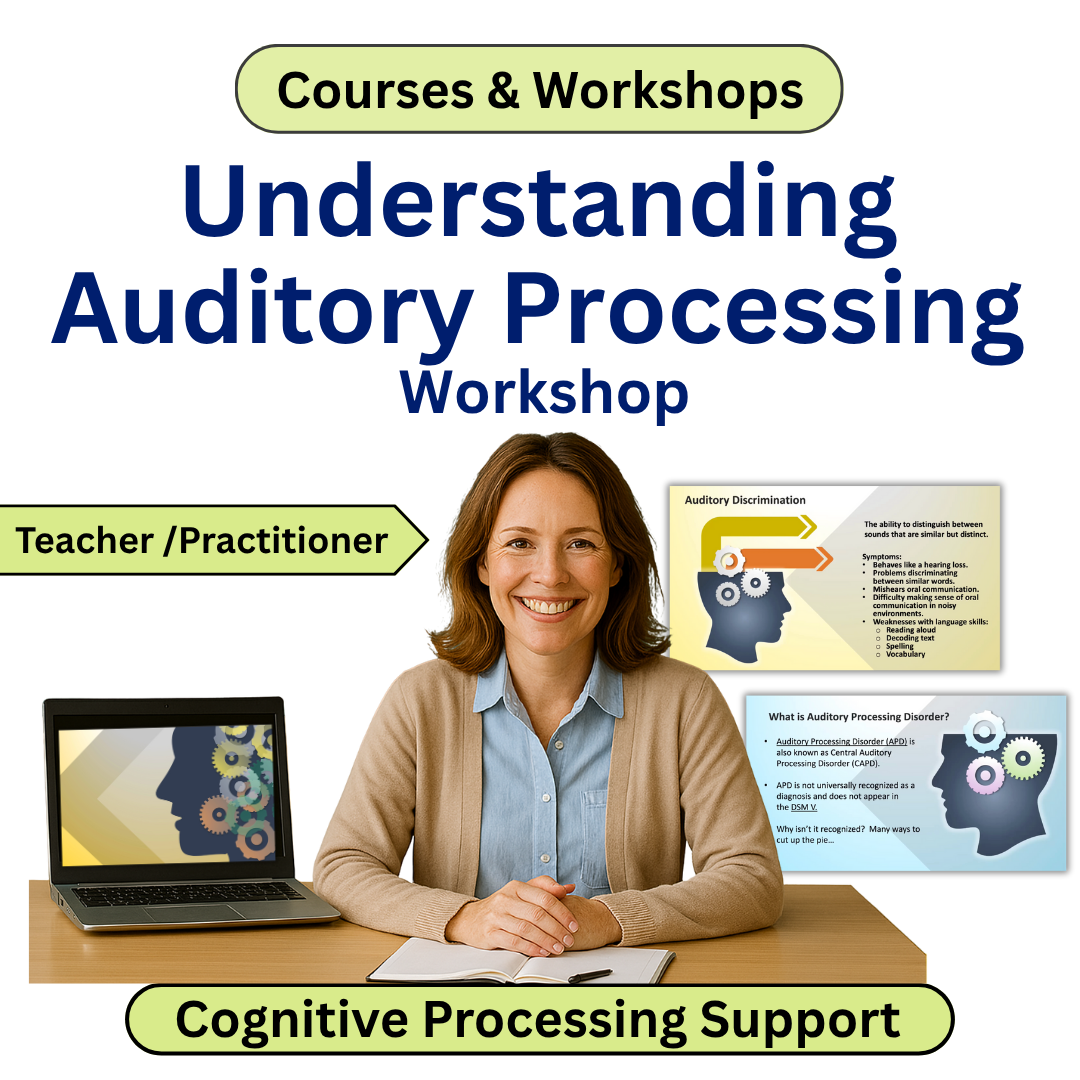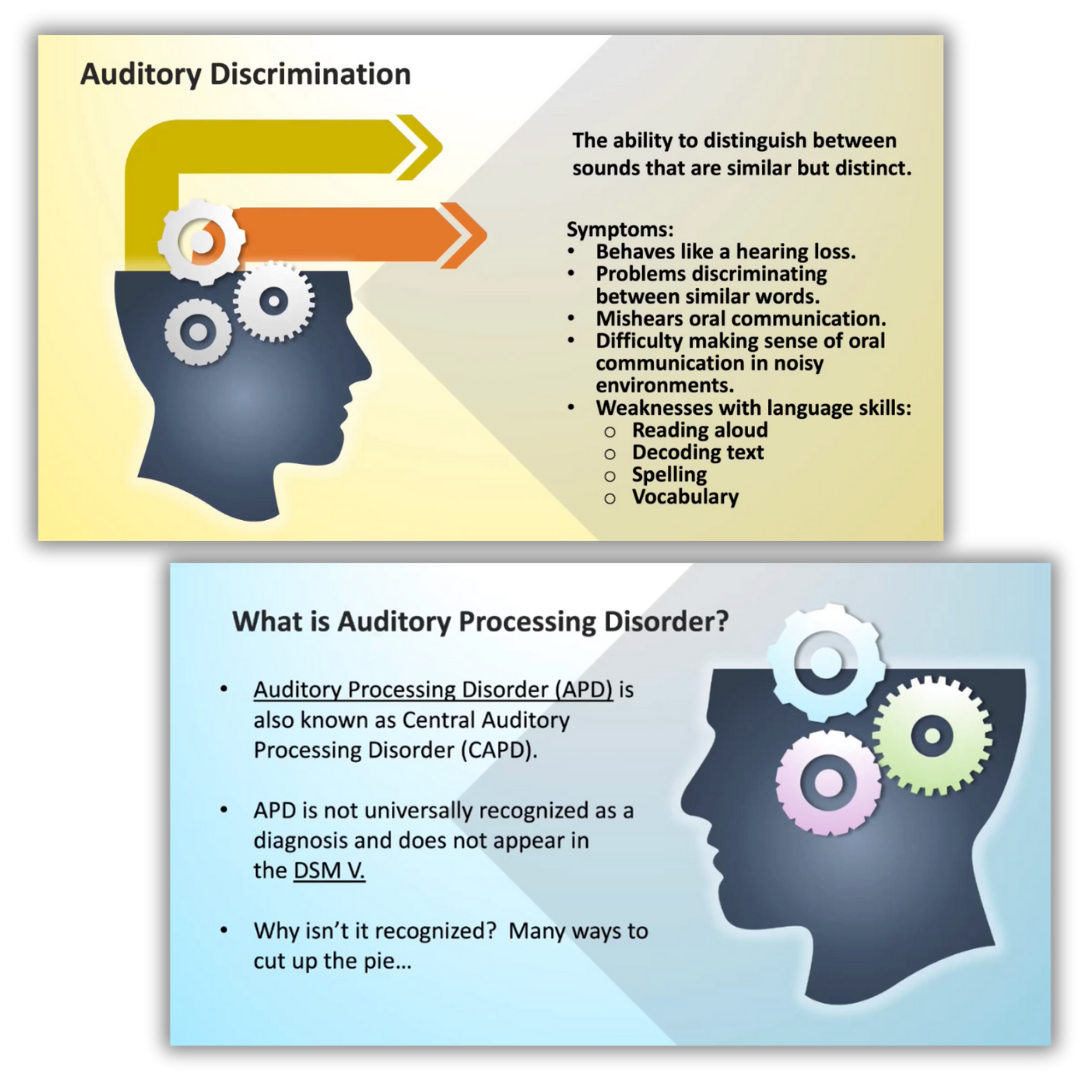Filters
Phonics Assessment for Reading & Targeted Support | OG & Phonics
Sale price$ 99.99 USD
5Ws Detective Sentence Game | Fun Writing Activity for Kids
Sale price$ 8.99 USD
Show, Don’t Tell 1 | Descriptive Writing Game
Sale price$ 8.99 USD
Reversing Reversals Bundle | Processing Activities for Dyslexia Series
Sale price$ 72.99 USD
Making Inferences the Fun & Easy Way Workbook | Boost Reading, Writing & Thinking
Sale price$ 19.99 USD
Building Better Paragraphs | Structure | Support | Transitions
Sale price$ 9.99 USD
Following Directions Bundle | Primary, Beginner & Intermediate
Sale price$ 55.00 USD
Reversing Rehearsals Primary | Early Learning Remedial Activities
Sale price$ 19.99 USD
Reversing Reversals | Processing Activities for Dyslexia Remediation
Sale price$ 19.99 USD
Reversing Reversals Beginners| Processing Activities for Dyslexia Remediation
Sale price$ 19.99 USD
Abstract Thinking & Multiple Meanings | Critical Reasoning Skills
Sale price$ 19.99 USD
Hey, What’s the Big Idea? | Categorize Main Ideas and Details Game
Sale price$ 8.99 USD
Following Directions | Beginners Workbook | Activities
Sale price$ 19.99 USD
Following Directions | Intermediate Workbook | Activities
Sale price$ 19.99 USD
Vowel Combinations Made Easy | Reading Remediation Workbook
Sale price$ 15.99 USD
Reading Games Bundle | For OG & Phonics-Based Reading Programs
Sale price$ 70.99 USD
Reading Games 2 | For Phonics and Orton-Gillingham Programs
Sale price$ 19.99 USD
Word Shuffle | Figurative Language, Literary Terms & Grammar Game
Sale price$ 8.99 USD
Reversing Reversals 2 | Processing Activities for Dyslexia Remediation
Sale price$ 19.99 USD
Reading Games Primary | For Phonics and Orton-Gillingham Programs
Sale price$ 19.99 USD
Show, Don’t Tell 2 | Descriptive Suspense Writing Game
Sale price$ 8.99 USD
Reading Board Games | For Phonics and Orton-Gillingham Programs
Sale price$ 19.99 USD
Following Directions | Primary Workbook | Activities
Sale price$ 19.99 USD
Reading Games | For Phonics and Orton-Gillingham Programs
Sale price$ 19.99 USD
MPower | Sorting Games for Building Executive Functions
Sale price$ 24.97 USD
Following Directions Holiday Bundle | Seasonal Language Games
Sale price$ 15.99 USD
Higher Order Language Bundle | Thinking & Language Processing
Sale price$ 88.00 USD
Auditory Processing Games for Online and In-Person Learning
Sale price$ 19.97 USD
Making Connections | Compound Word | Puzzles
Sale price$ 5.99 USD
Grammar Games Galore | Develop Key Language Skills
Sale price$ 19.99 USD
The Main I-Deer | Main Idea and Supporting Details Lessons | Games
Sale price$ 8.99 USD
Vowel and Consonant Fabulous Fun | Reading Remediation Workbook
Sale price$ 8.99 USD
Primary Cognitive Foundations Bundle | Foundational Skills for Reading & Math
Sale price$ 40.99 USD
Four Types of Sentences | Declarative | Imperative |Interrogative | Exclamatory
Sale price$ 9.99 USD
Speech & Language Bundle | Strengthen Speech & Language Skills
Sale price$ 170.79 USD
Spelling Instruction Assessment & Remediation | Certification Course
Sale price$ 99.87 USD
Auditory Processing | Exploring the Many Types | Workshop
Sale price$ 49.99 USD


